Behind the scenes at the Progressive Music Awards 2016
The great and the good of the prog world gathered beneath Shakespeare’s Globe Theatre at the start of September for the Progressive Music Awards. This is the inside story of what happened…
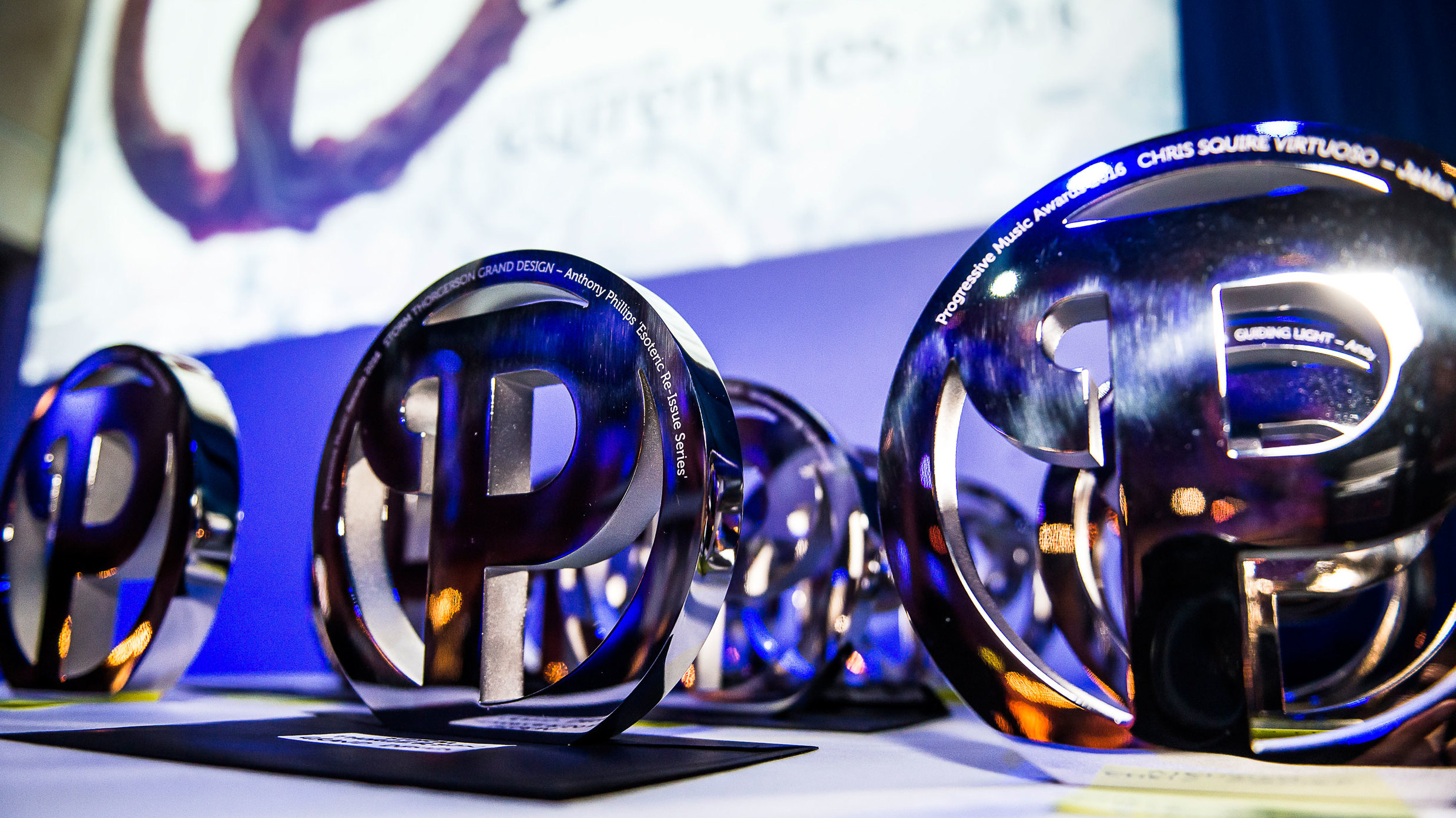
Select the newsletters you’d like to receive. Then, add your email to sign up.
You are now subscribed
Your newsletter sign-up was successful
Want to add more newsletters?

Every Friday
Louder
Louder’s weekly newsletter is jam-packed with the team’s personal highlights from the last seven days, including features, breaking news, reviews and tons of juicy exclusives from the world of alternative music.

Every Friday
Classic Rock
The Classic Rock newsletter is an essential read for the discerning rock fan. Every week we bring you the news, reviews and the very best features and interviews from our extensive archive. Written by rock fans for rock fans.

Every Friday
Metal Hammer
For the last four decades Metal Hammer has been the world’s greatest metal magazine. Created by metalheads for metalheads, ‘Hammer takes you behind the scenes, closer to the action, and nearer to the bands that you love the most.

Every Friday
Prog
The Prog newsletter brings you the very best of Prog Magazine and our website, every Friday. We'll deliver you the very latest news from the Prog universe, informative features and archive material from Prog’s impressive vault.
The Prog Awards are the only ones that mean something.
Before tonight’s Awards, Rick Wakeman, who’s been to the previous four, is explaining to Trevor Rabin, who’s never been before, just what makes this event so special. “Seriously, people care who wins one of these awards,” the keyboard master, and recipient of the inaugural Prog God honour, continues. “It really matters to
them, whereas at other awards, nobody gives a toss who wins.”
“Well, even in LA where I live, the Prog Awards are well known,” replies Rabin.
The guitarist’s role in this year’s ceremony is being kept under wraps for the moment because he’s to be a surprise guest right at the end of the night, when Jon Anderson is anointed as this year’s Prog God.
Showing his eagerness for the occasion, Wakeman and his manager Brian Lane are the first through the door. “I always like to be early – it’s easier to get to the bar!” quips Wakeman, and it won’t be his last merry remark on the night.
There’s a vast array of talent here. As usual, it spans all styles and ages. Andy Summers is almost taken aback not only by the throng of artists surrounding him, but also by the location. “We’re below the Globe Theatre and that seems appropriate,” explains the guitarist, here to pick up the Guiding Light award. “After all, whatever else he might have been, William Shakespeare was definitely prog!”
Elsewhere, close to the bar, Matthew Wright – just like last year, the host for this evening – is having a serious discussion with Kavus Torabi from Knifeworld and Gong about all‑time favourite gigs, which range from Magma to Sonic Youth. Torabi also gets very agitated – in a good way – when he recognises Iron Maiden manager Rod Smallwood.
Sign up below to get the latest from Prog, plus exclusive special offers, direct to your inbox!
“I have to meet him,” he exclaims. “I just love Maiden so much! I was even interviewed once for their fan club magazine.”
Even in LA where I live, the Prog Awards are well known.
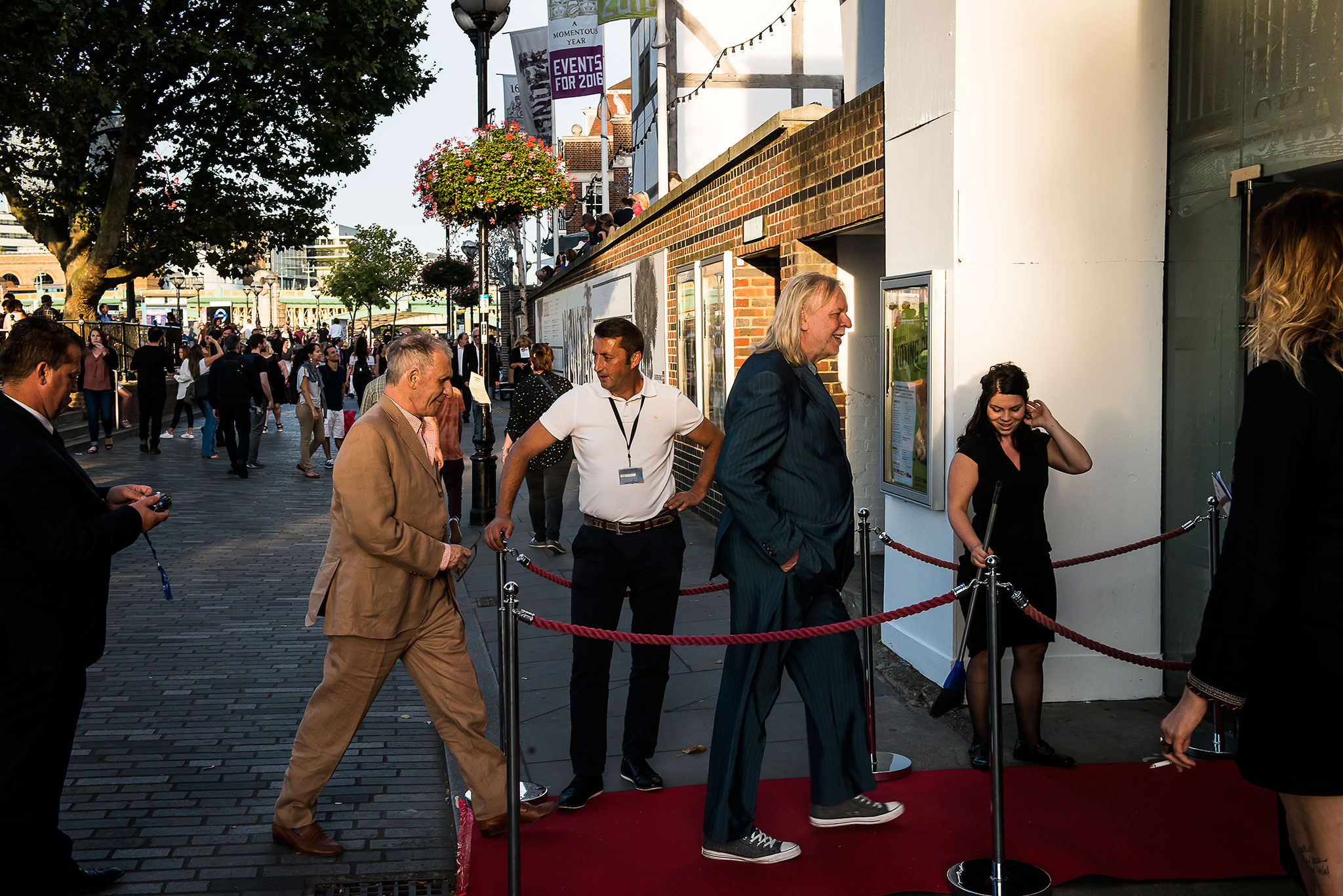
And later on, Torabi and Smallwood do get to have an in-depth chat. But then that’s one of the great pleasures of the night – everyone is on an equal footing. It doesn’t matter if you’ve headlined Wembley Stadium, sold millions of records or just released your debut album, this is a family reunion, where people who’ve never met are delighted to see one another. It’s the one time in the year when the progressive community comes together in a spirit of friendship and encouragement.
As Prog Editor Jerry Ewing points out in his welcoming speech, there are people here from literally all over the world, as far apart as Poland, Mexico and Russia. But before the awards get underway, Purson treat us to a brief but well-received acoustic performance, which begins with a cover of Curved Air’s Backstreet Luv. It’s a fine way to usher in the main purpose of the gathering.
First, there’s a timely homage to those we’ve lost during the past year, with images of Keith Emerson, Lemmy, David Bowie, Dave Swarbrick and others flashing on the screen to respectful silence throughout the hall.
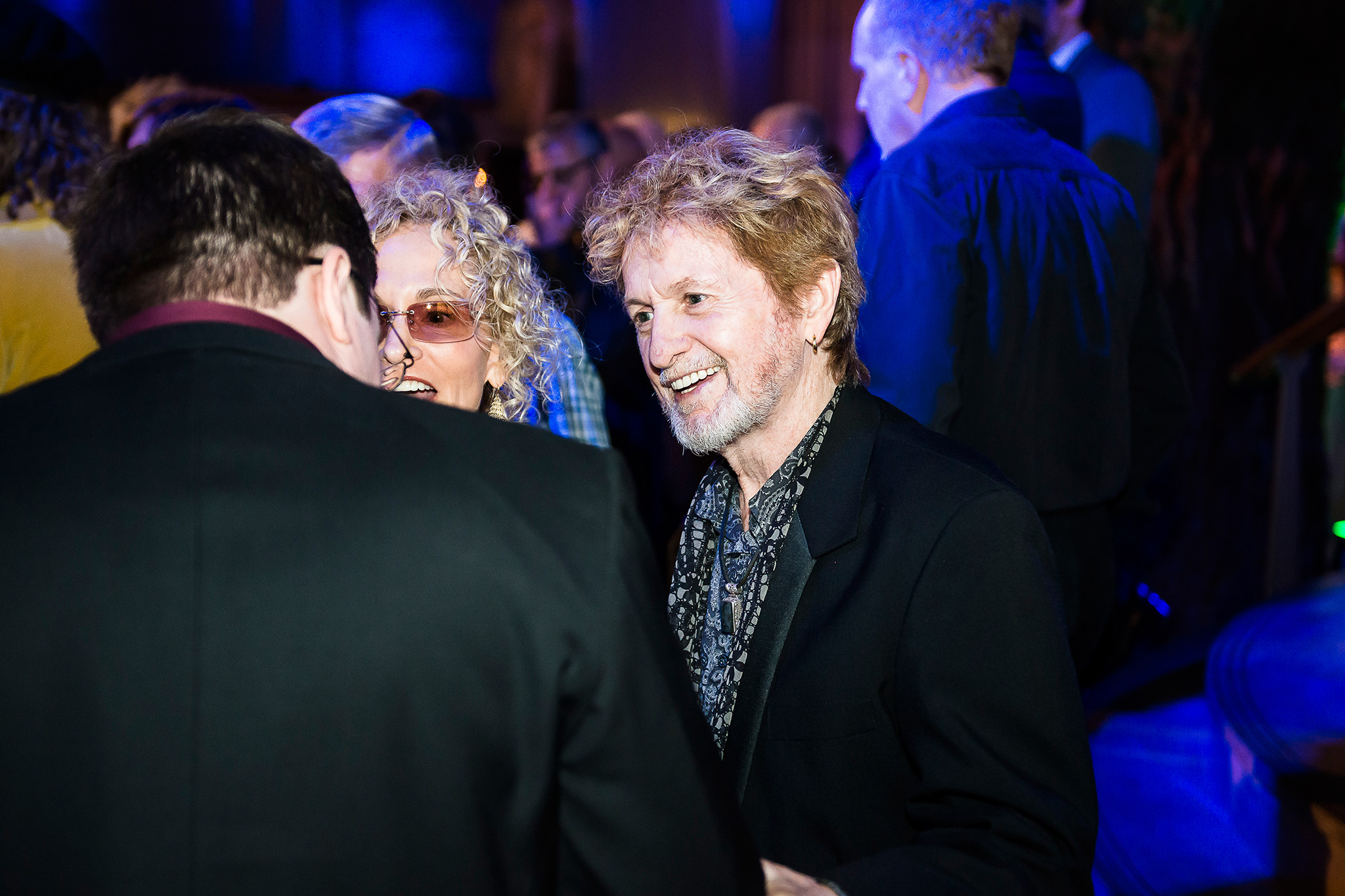
But then on bounds the ebullient Wright, who tells everyone that this is the night he looks forward to most in the year. He also points out that he could be the only one present who’s never been in King Crimson. That’s one of two recurring themes for the evening, the other being how many prog luminaries are frustrated footballers!
There are also genuine expressions of humility and surprise from those younger artists who win the categories voted on by the Prog readers. The Anchoress – aka Catherine Anne Davies – sets the tone when she picks up the Limelight Award, and this is echoed by Riverside, who get the Anthem prize for Towards The Blue Horizon.
Big Big Train are big big winners this year, picking up two awards. Firstly, Marillion duo Steve Rothery and Ian Mosley (the latter amusingly introduced by Wright as Steve Hogarth – his turn would come later) hand them the Live Event award, which Marillion had won the previous year. A little later, they scoop up Band Of The Year. This is presented by Mark McCaughrean from the European Space Agency – well, there’s always been a strong connection between progressive music and exploration of the cosmos.
The Mute Gods get the Vanguard accolade, with Nick Beggs and Roger King accepting it. Beggs is resplendent in a kilt (“Not a skirt!” as he later insists), and when asked by Wright if there’s anything underneath, he takes the opportunity to flash a bare cheek.
Anthony Phillips is delighted to get the Storm Thorgerson Grand Design Award for his series of reissues, taking the opportunity to tell everyone how, at every turn in his career, he was advised by record labels to abandon his musical values and go with trends. Not that he ever listened to these supposed sages! Much later on, he’s strongly urged to consider working with Jon Anderson, and Phillips seems to believe this idea might have merit. The birth of AnderLips? We shall see.
iamthemorning are touchingly shocked to get the Album Of The Year accolade for Lighthouse. “This is just ridiculous,” vocalist Marjana Semkina exclaims a few hours later. “How can we have won up against all those amazing bands who were nominated? We are Russian and nobody knows who we are! It’s wonderful, but ridiculous.”
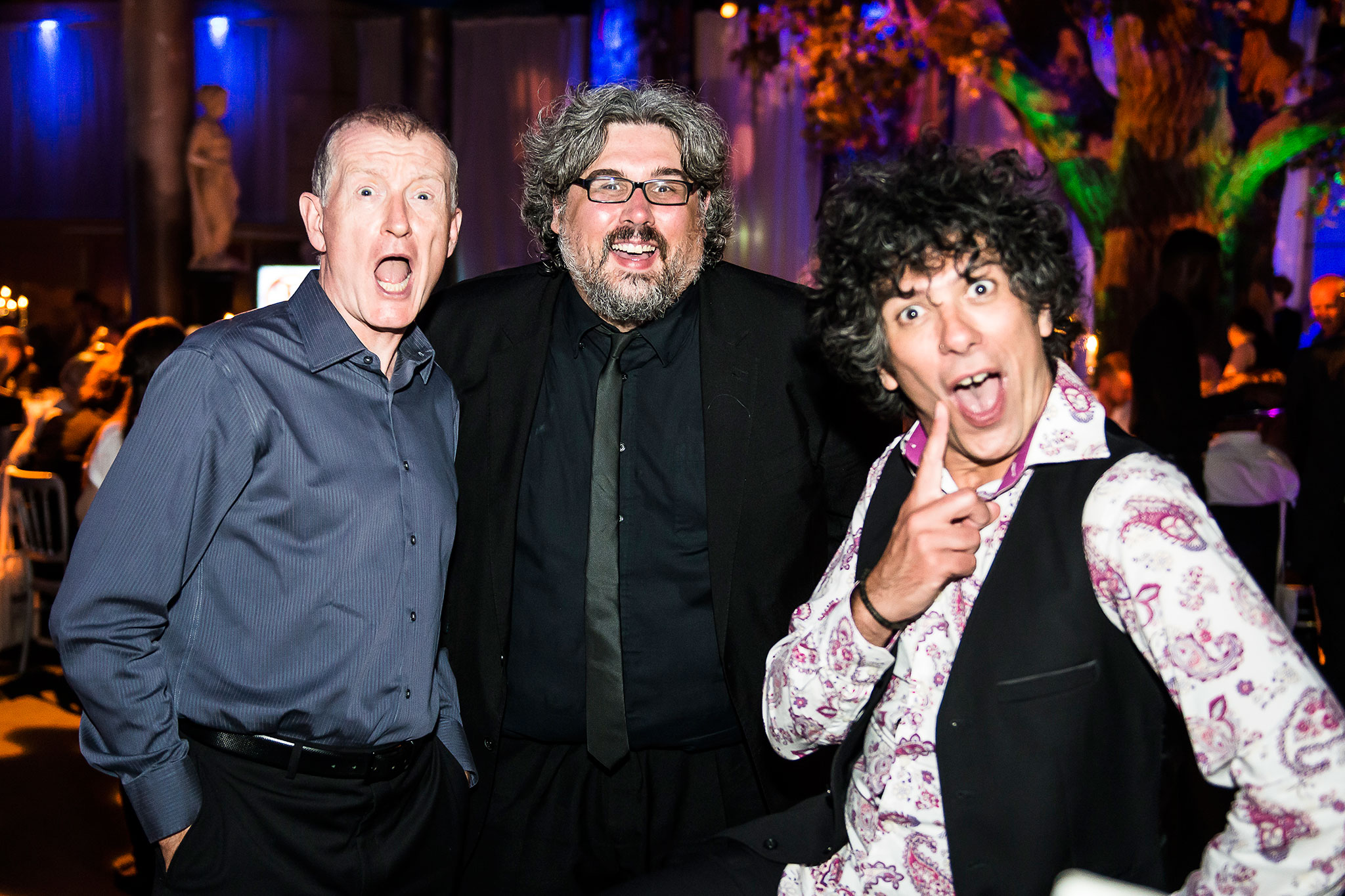
That’s the beauty of prog: creed, nationality, religion, colour – all that’s irrelevant. The only thing that matters is ability, which is why Buggles being given the Outer Limits Award might have raised a few eyebrows elsewhere, but makes perfect sense to everyone in the room. It’s presented by producer Steve Lipson, who outlines just how much he owes to Trevor Horn’s guidance. On tour with Yes in America, Geoff Downes (the other Buggle) sent over a video message, which ends with Horn briefly joining him. Then, as if by the wonders of Star Trek technology, Horn is transported from the screen to the stage in the flesh. He makes the point that a lot of Buggles’ prog cred comes through the association with Yes. However, nobody doubts Buggles changed the musical landscape, and deserve their award. “When we originally wrote Video Killed The Radio Star, it was 20 minutes long,” laughs Horn.
Adrian Edmondson presents the Chris Squire Virtuoso Award to his old pal Jakko Jakszyk, in the process revealing that Jakko actually harboured eventually shattered dreams of playing in midfield for Watford FC. Moreover, he released three solo albums on three different labels, each of which went bankrupt. Oh, and the current King Crimson guitarist once delighted in the stage name Grand Master Jelly Tot!
Undaunted, Jakszyk tells the tale of how when Bad News played at the Hammersmith Odeon in 1987, Edmondson, in his persona of Vim Fuego, got him to come onstage in the guise of a roadie, only for Fuego to get the entire crowd chanting, “The roadie is a cunt!” He also admits to being so kind about Robert Fripp in a recent interview that the great man had a go at him for damaging his reputation for being surly and uncooperative.
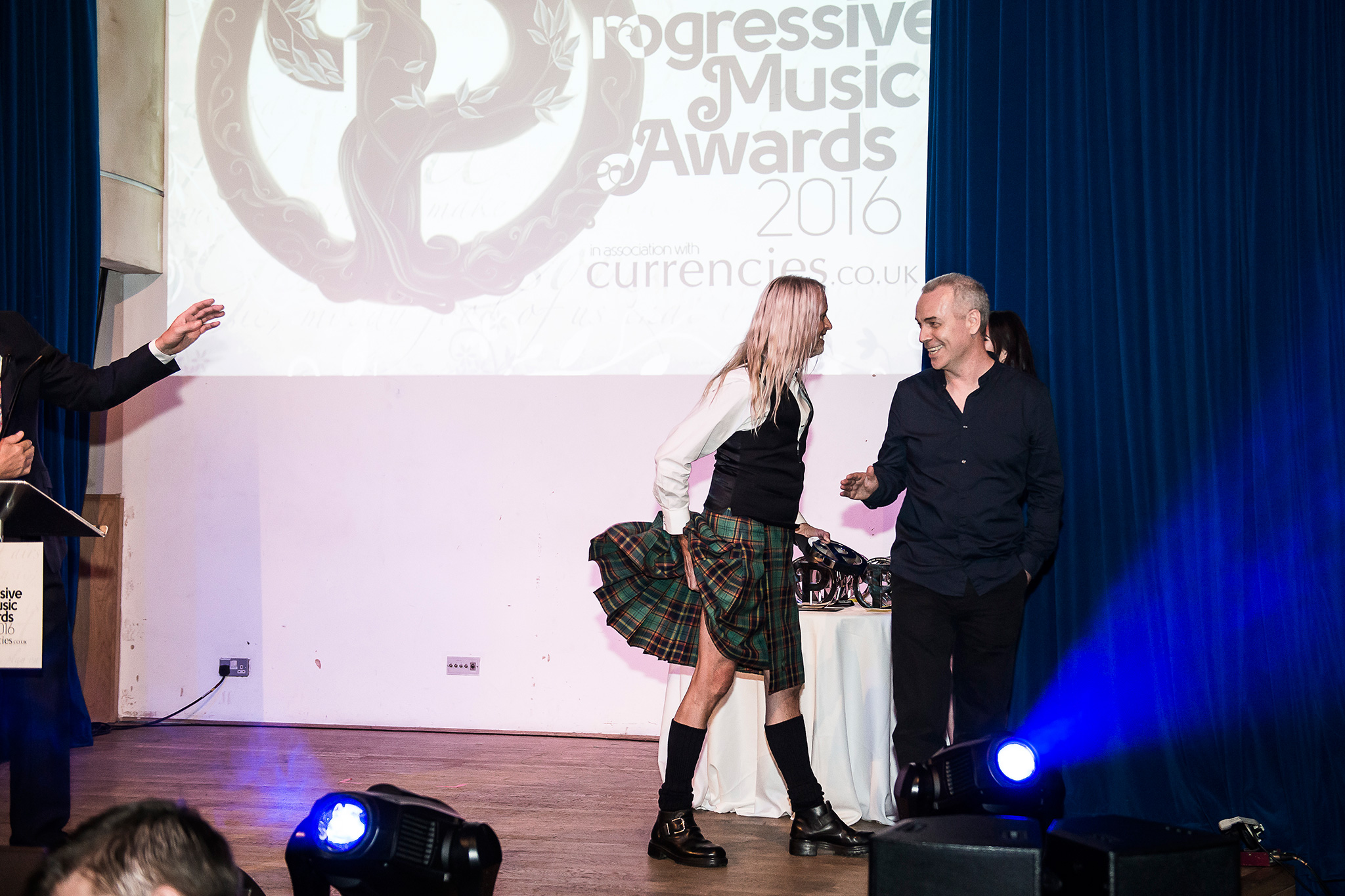
Mike Howlett presents Andy Summers with the Guiding Light Award. Howlett recounts the story of how he met Summers at a party in 1977 and recruited him to join his new project Strontium 90. Howlett also brought in Sting and Stewart Copeland, and The Police were born – albeit dropping the man who got them together. For his part, Summers isn’t sure whether to thank Howlett or curse him for the introduction to Sting and Copeland. He also points to the progressive side of his musical journey, without ever being a member of King Crimson. As for the award itself, Summers insists, “The only guiding light should be the music,” which is one of the most insightful disclosures of the night.
Introduced by Wright as “definitely the biggest prog fan here”, Peter Ellis, head of awards sponsors currencies.co.uk, presents Jon Hiseman with the Visionary Award. Ellis takes the opportunity to flash a ticket stub from 1970. Colosseum were the headliners, and the ticket’s cost? A mere 15 shillings, or 75p in the decimal vernacular.
Hiseman himself admits that he’d never previously won an award, and when he got the email about this award, he thought it might be spam. He reflects on the huge talents with whom he’s worked over a career that now spans more than 50 years. Graham Bond, Dick Heckstall-Smith and Gary Moore get particular mentions, their individual peccadilloes – from heroin to bottles of scotch and incessant practising – being forgiven because of their pioneering impact. Hiseman also gives huge credit to his wife Barbara Thompson for her unwavering support. Whatever he wanted to do, from forming a new band to marriage, “She’d say, ‘Go for it.’”
So keen is Matthew Wright to induct the new Prog God that he almost forgets about the Lifetime Achievement Award. He’s reminded just in time, to sympathetic guffaws. And so Steve Hogarth literally bounces onto the stage, beginning with an explanation about the workings of the scientific apparatus from which recipients Van der Graaf Generator took their name. He continues with a concise outline of the band’s stop-start history, before ending by recounting how he was once told by a producer that Peter Hammill likes to get dressed up for the mastering of an album because the process deserves such respect!
“I’ve known Steve for a long time and love his flippancy,” chuckles Hammill later. “He did a good job summing up our career.”
Flanked by bandmates Guy Evans and Hugh Banton, Hammill reveals that this unique band have spent nearly five decades “messing with your heads – and there’s more to come”. He also names every musician who has contributed through those years.
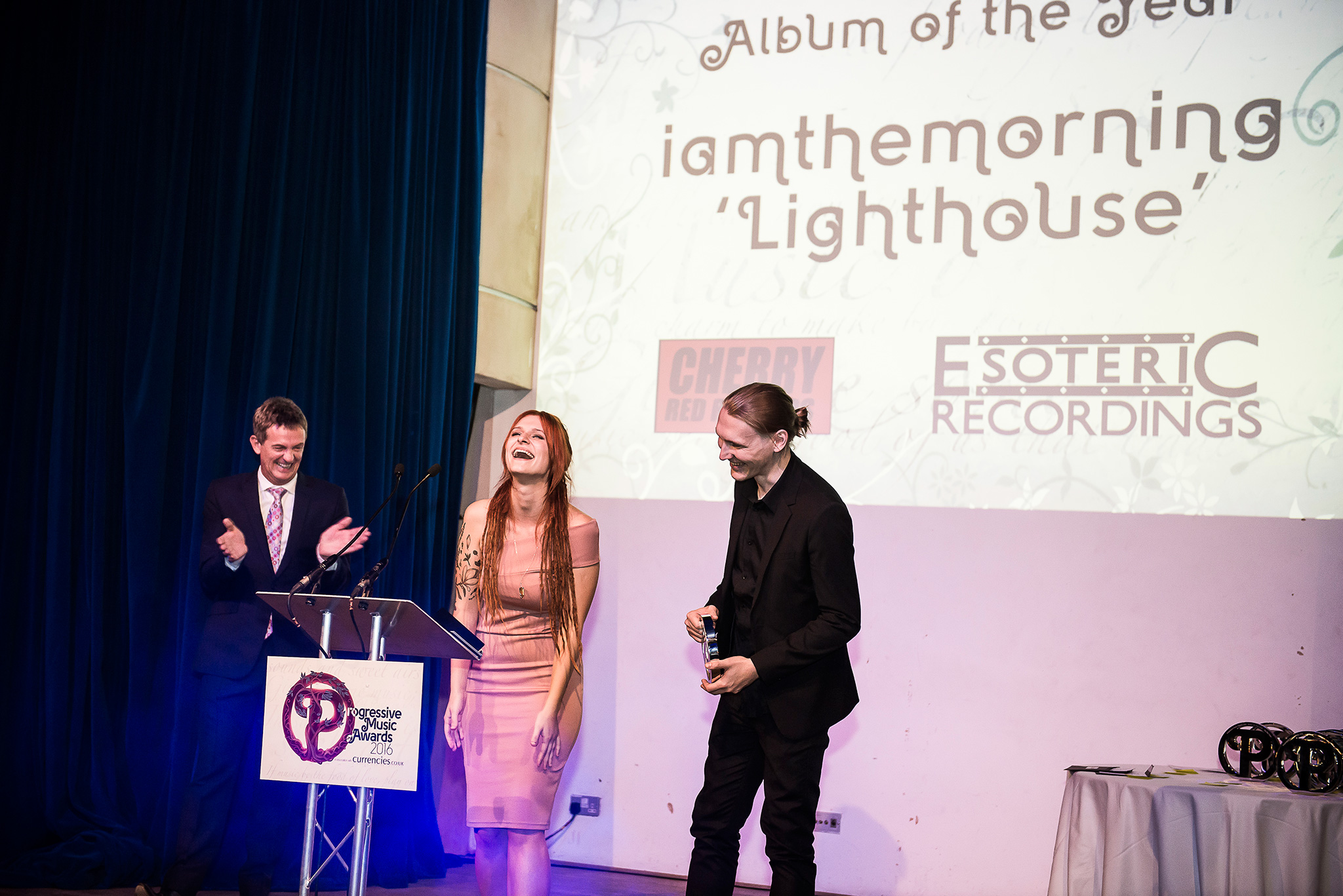
And so the climax – the Prog God presentation. It starts with a short video highlighting some of the great moments in Jon Anderson’s distinguished career, from Yes to solo efforts and other collaborations. Rick Wakeman does a fine job in expertly analysing what has made Anderson an icon. And then comes the coup…
To the amazement of everyone, especially Anderson, Trevor Rabin walks onstage – the night’s surprise special guest. It means that for the first time anywhere, the three key figures in ARW are united in public.
Naturally, Wakeman has a witticism for the occasion, explaining how there were a few possible acronyms for the initials of Anderson, Rabin and Wakeman. “We couldn’t decide which to go for, so we gave the problem to our dyslexic management, and now we’re ARW!”
After receiving a standing ovation, Anderson, who dreamt of playing for his beloved Accrington Stanley when he was nine years old, is keen not so much to look back as forward. At the age of 71, he’s clearly energised by seeing so many young talents at the Awards, and says he has a lot more music to get out into the world, starting with ARW. To see the genuine affection and respect between the three onstage is a fitting final image.
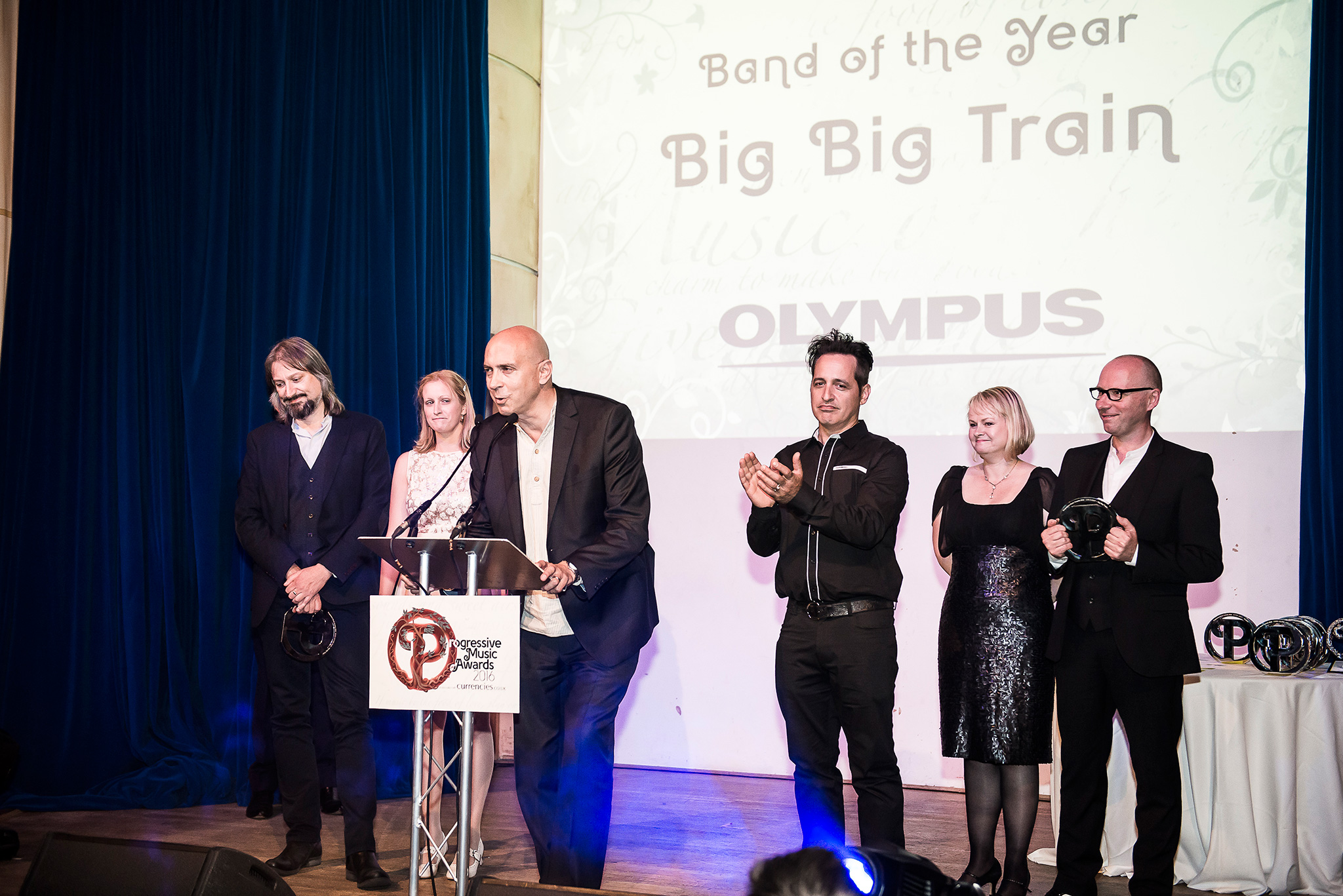
Wright does take the opportunity to fit in one quick question to Anderson: “Is Rick always like this, forever joking?” he asks.
“Oh yes,” smirks the newly crowned Prog God. “But after a couple of days, he repeats the same jokes!”
And that’s it – aside from the usual post‑Awards shenanigans at the famed Crobar. However, we shall draw a discrete alcoholic veil over those proceedings.
The Progressive Music Awards have become an integral part of the prog year. Indeed, it’s the event that truly represents the prog community. And this year, that was more obvious than ever. Wakeman’s already queueing for 2017…
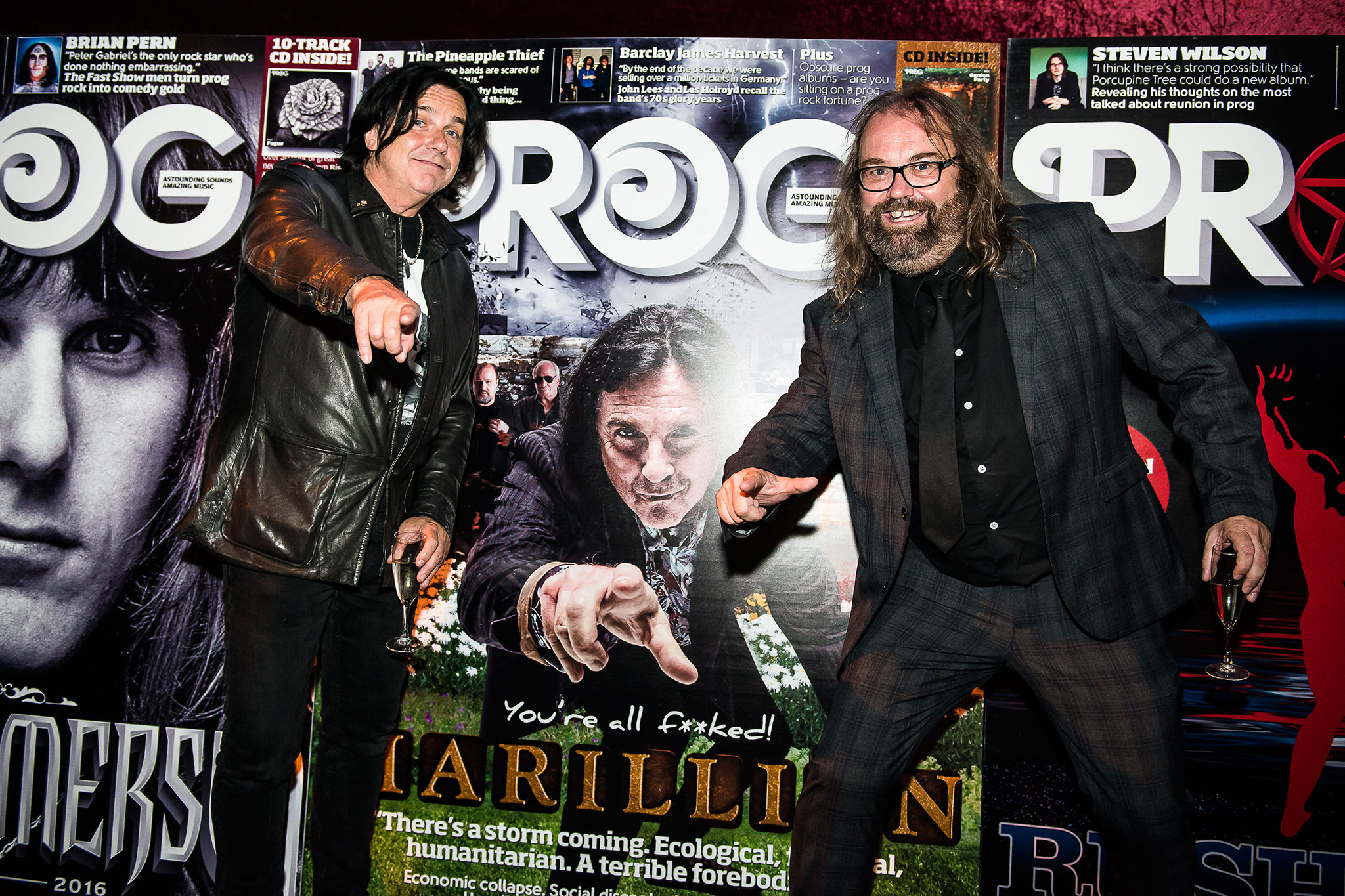
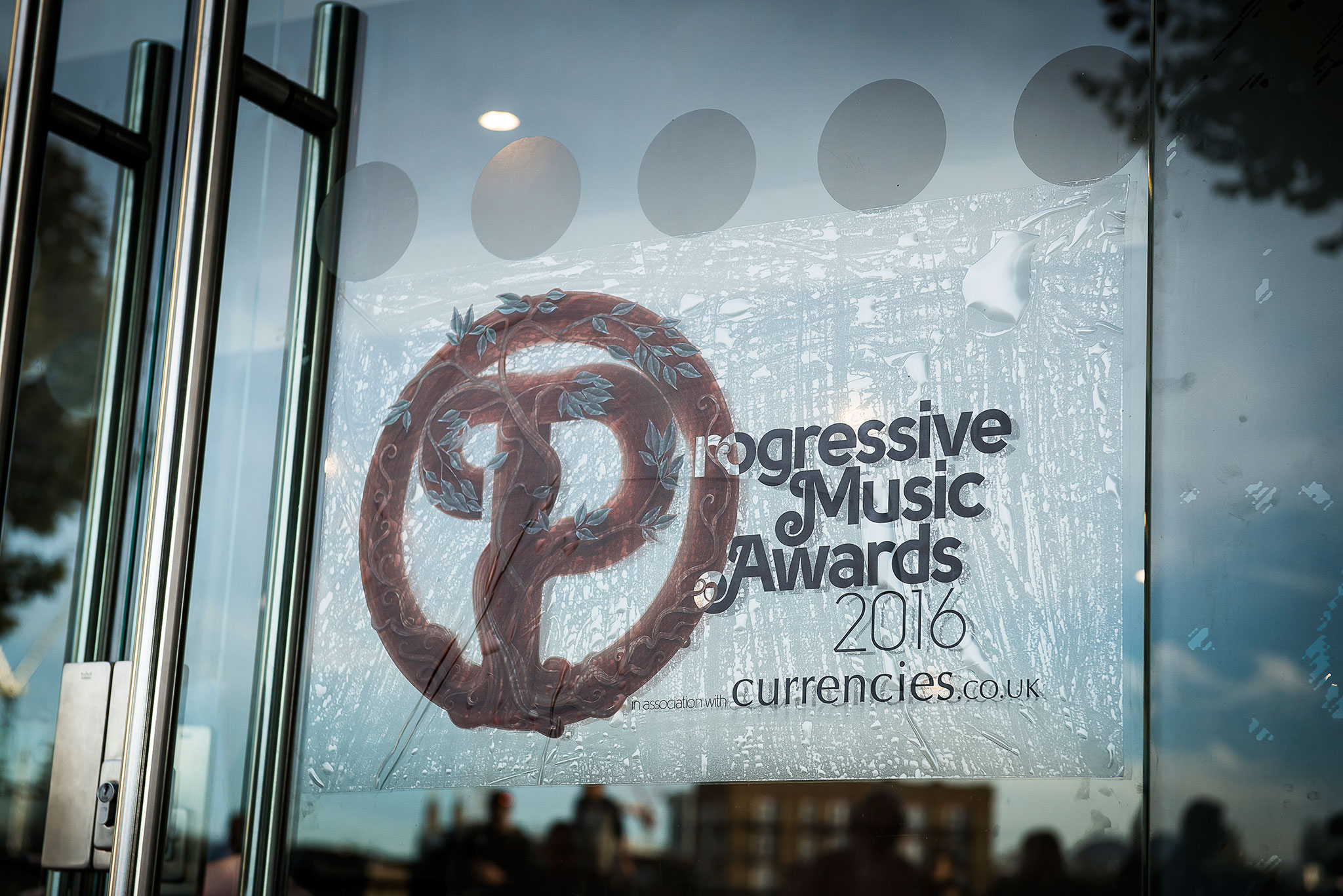
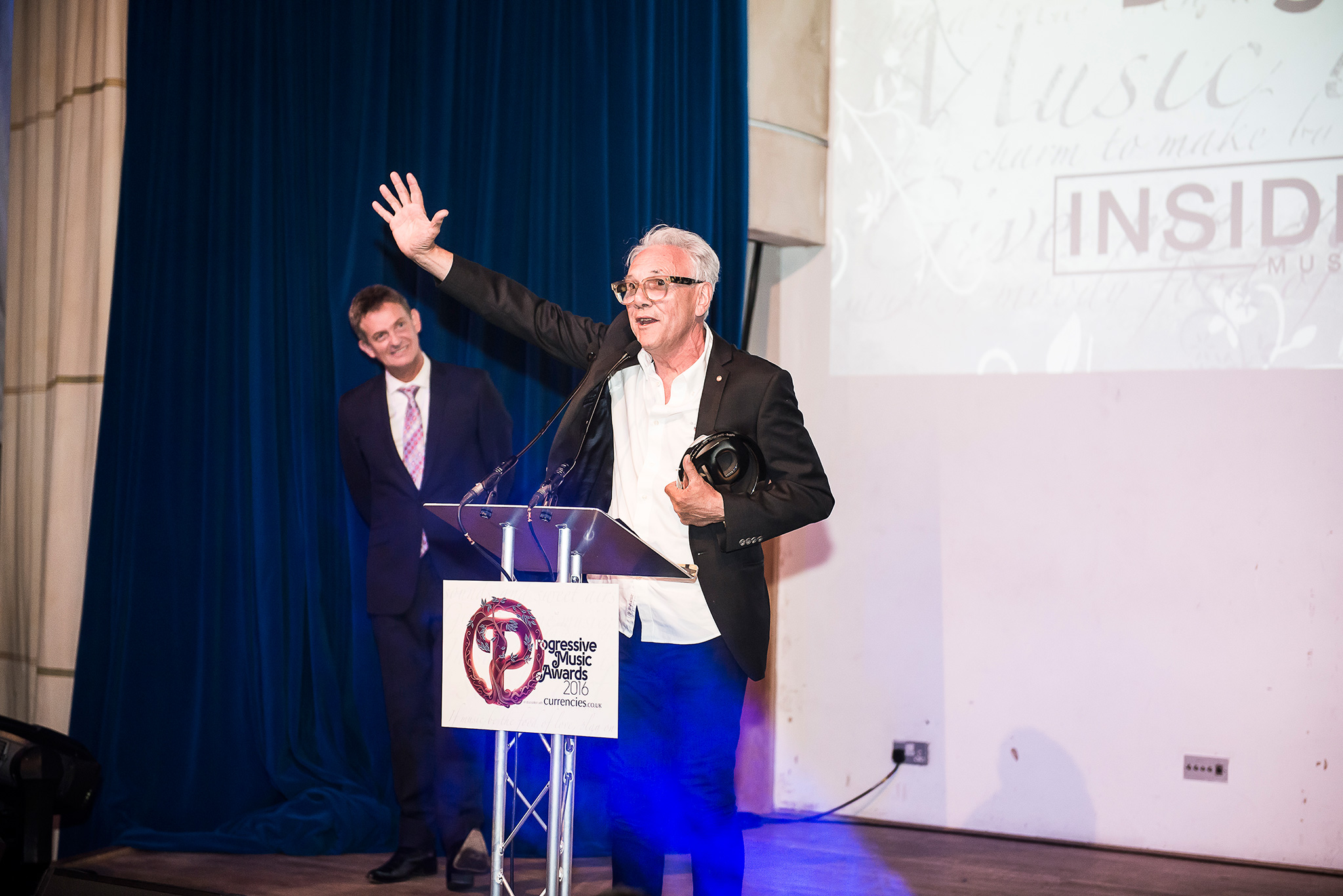
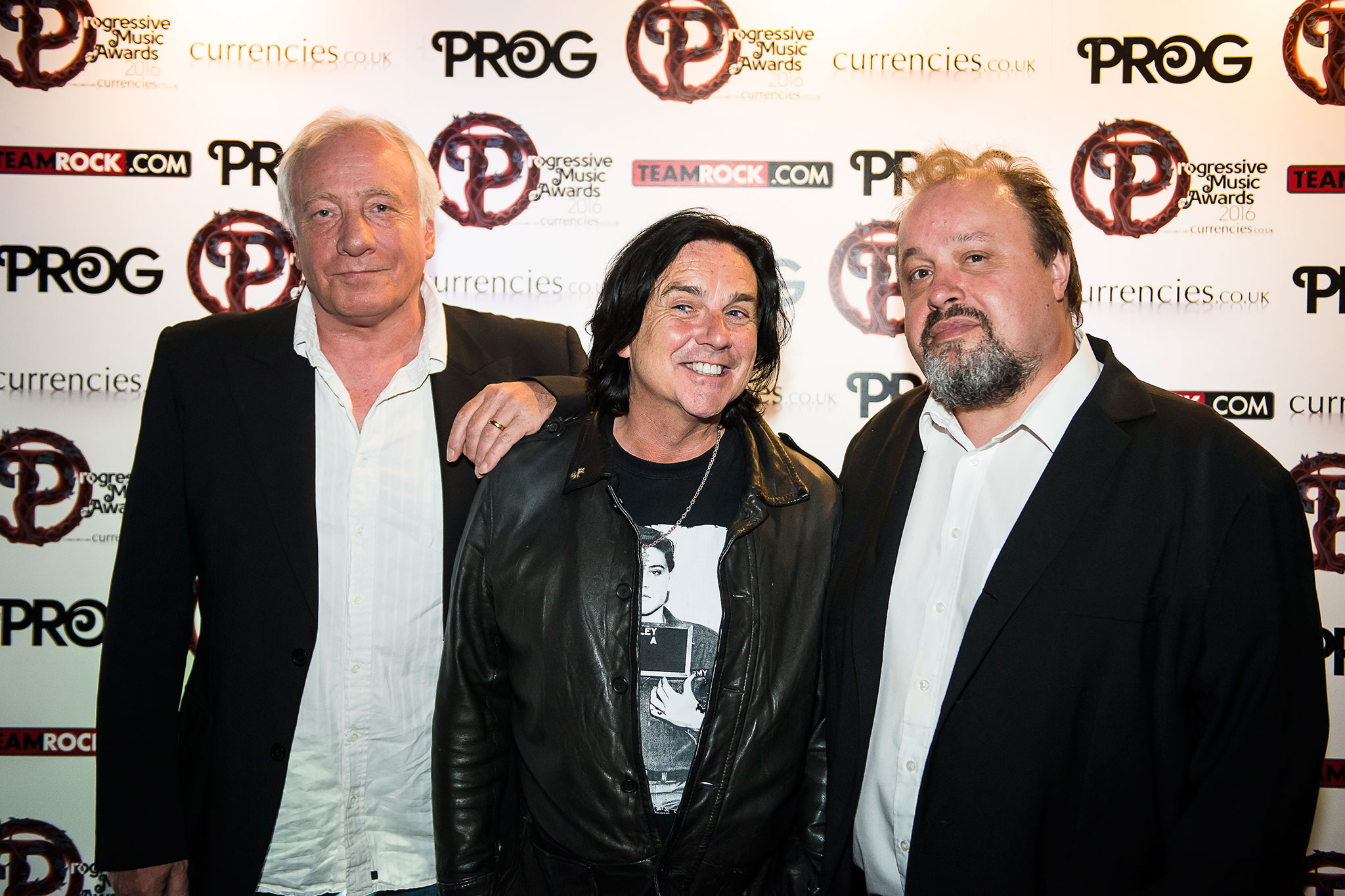
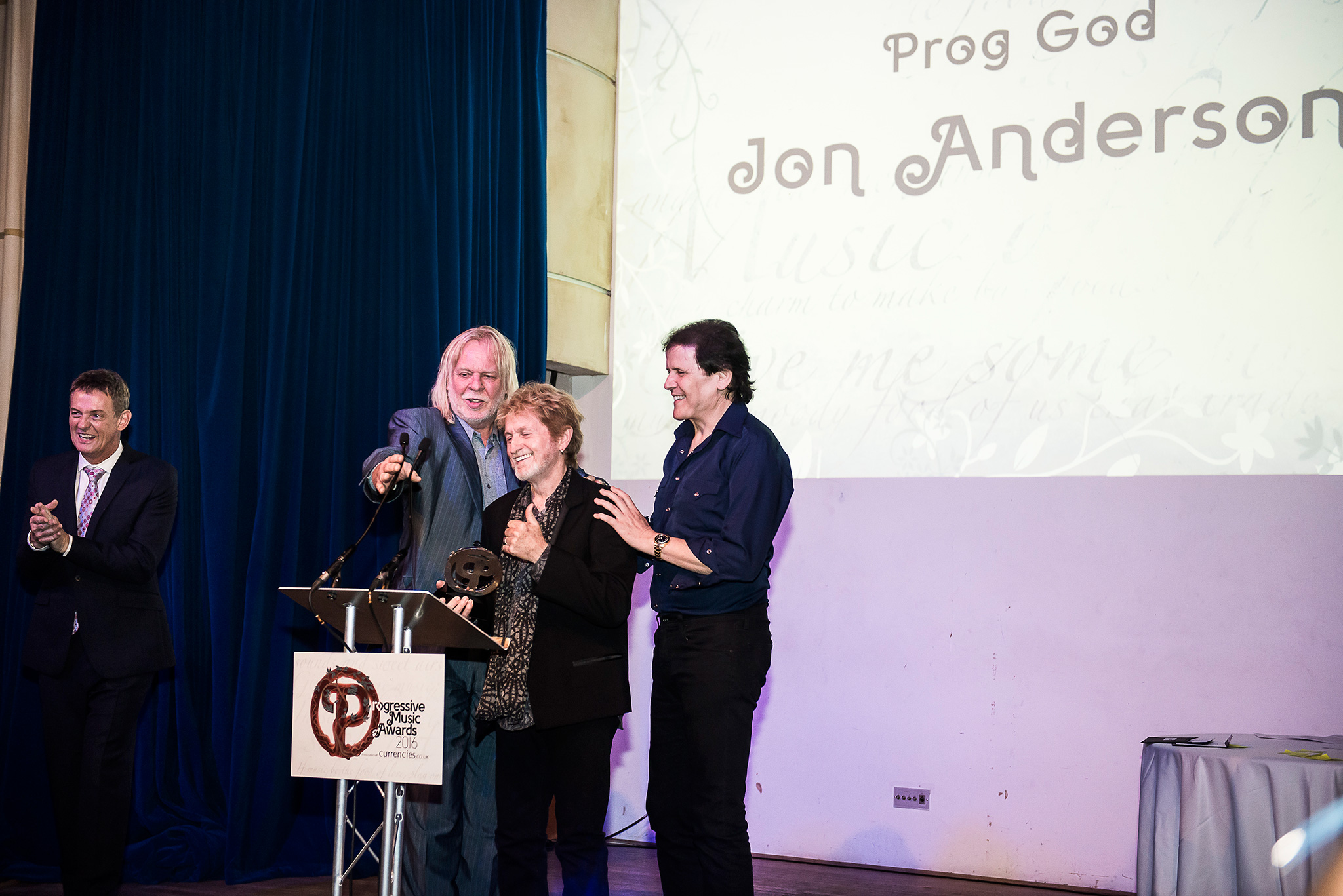
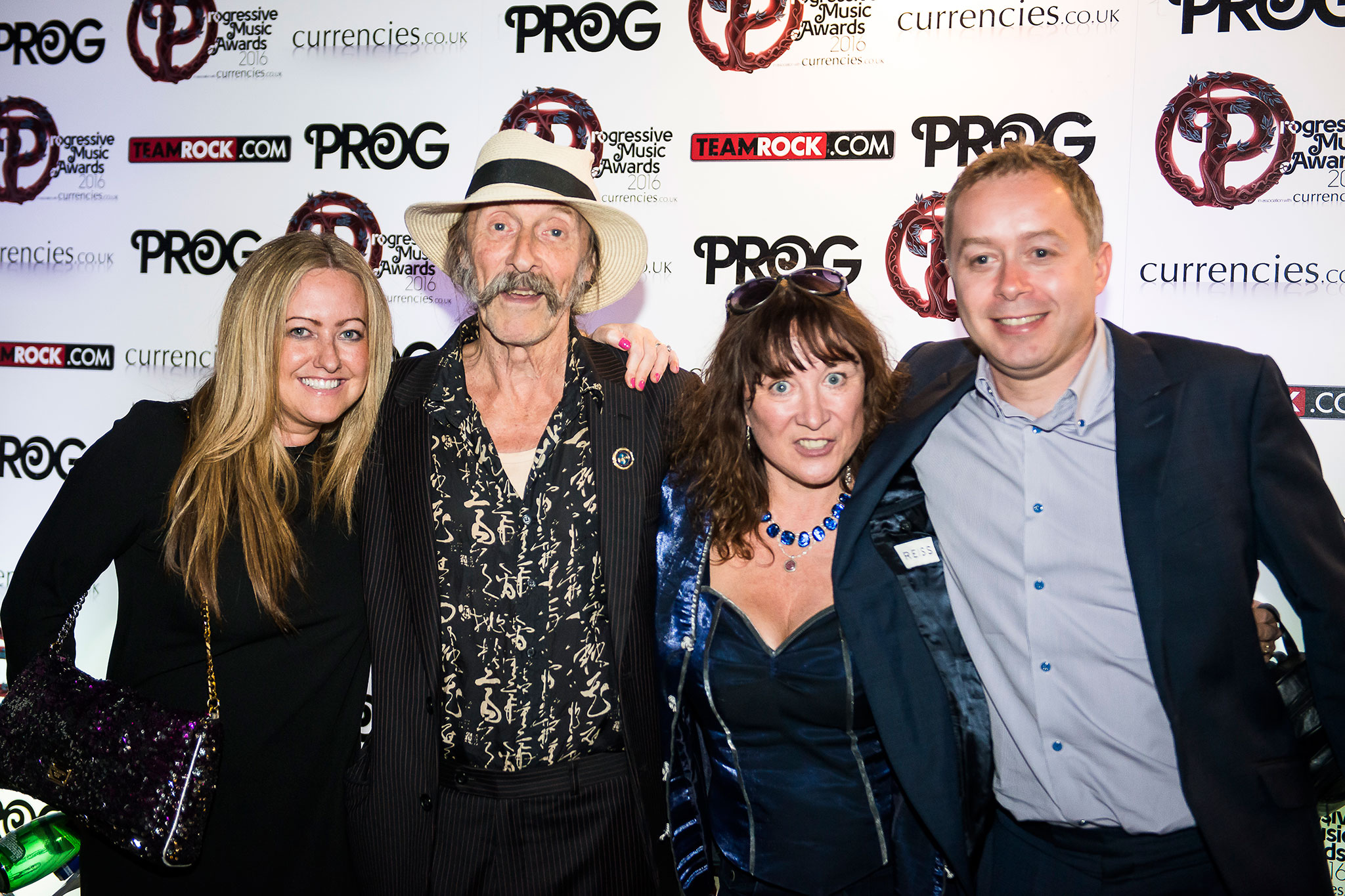
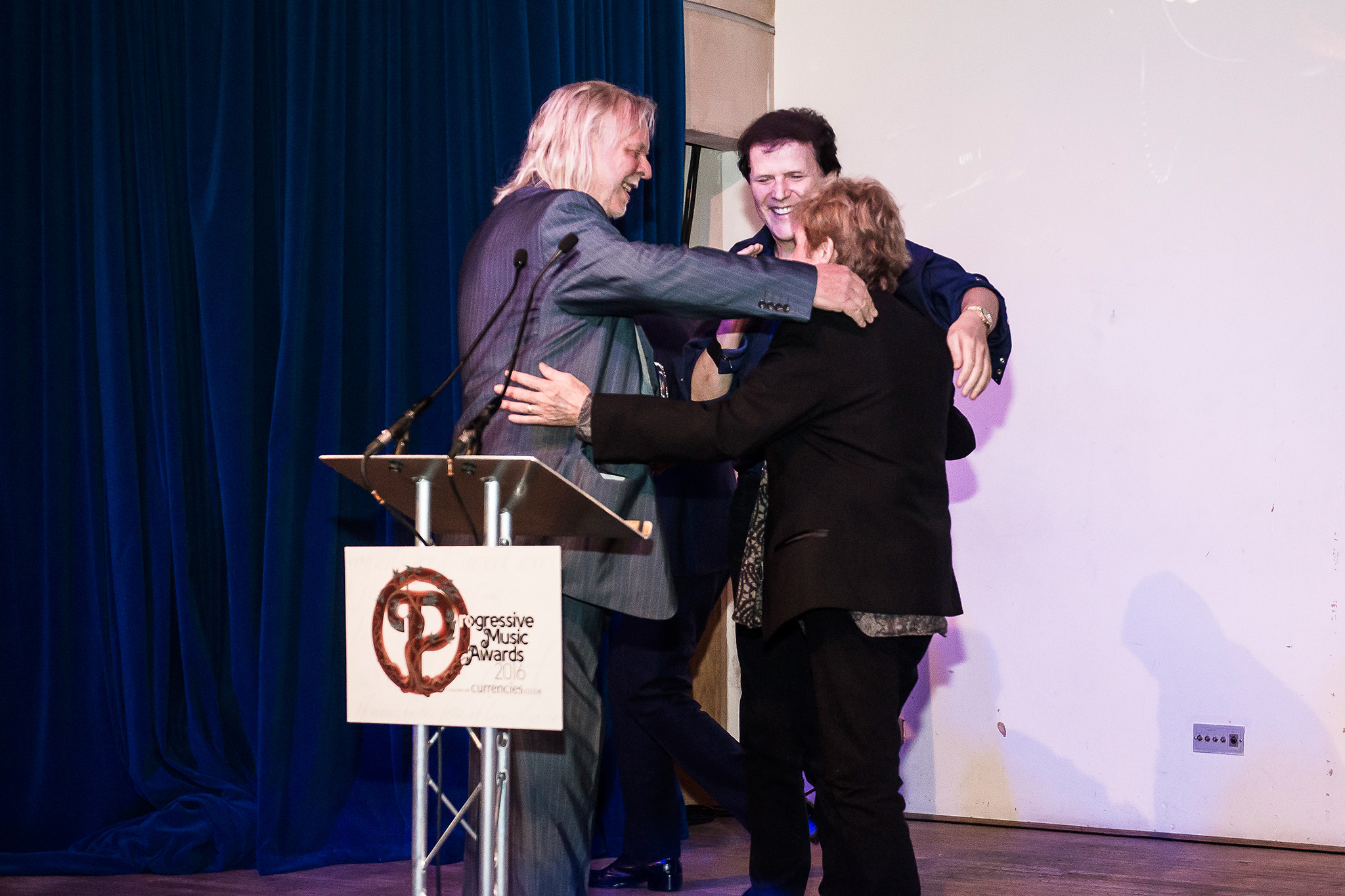
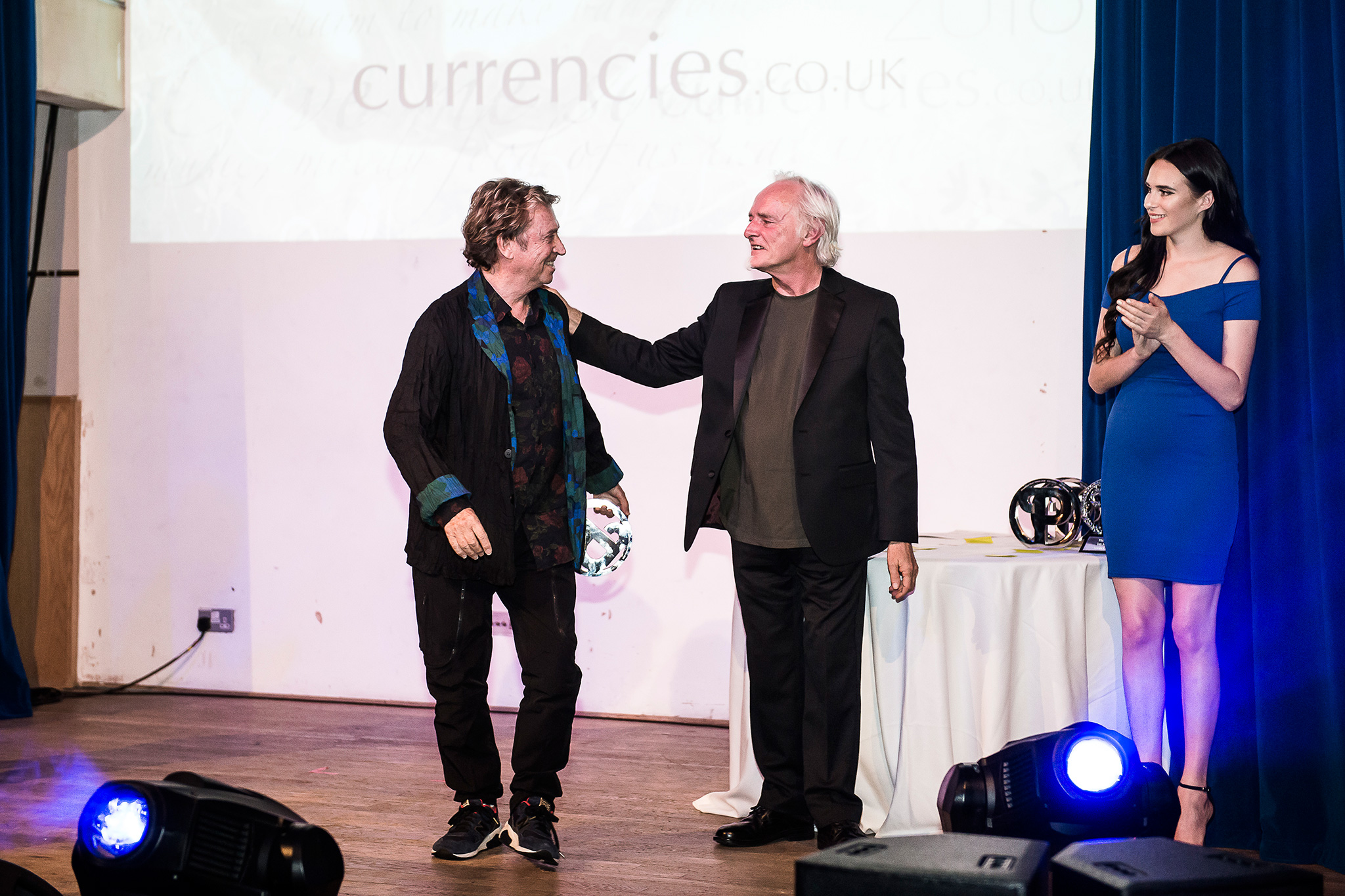
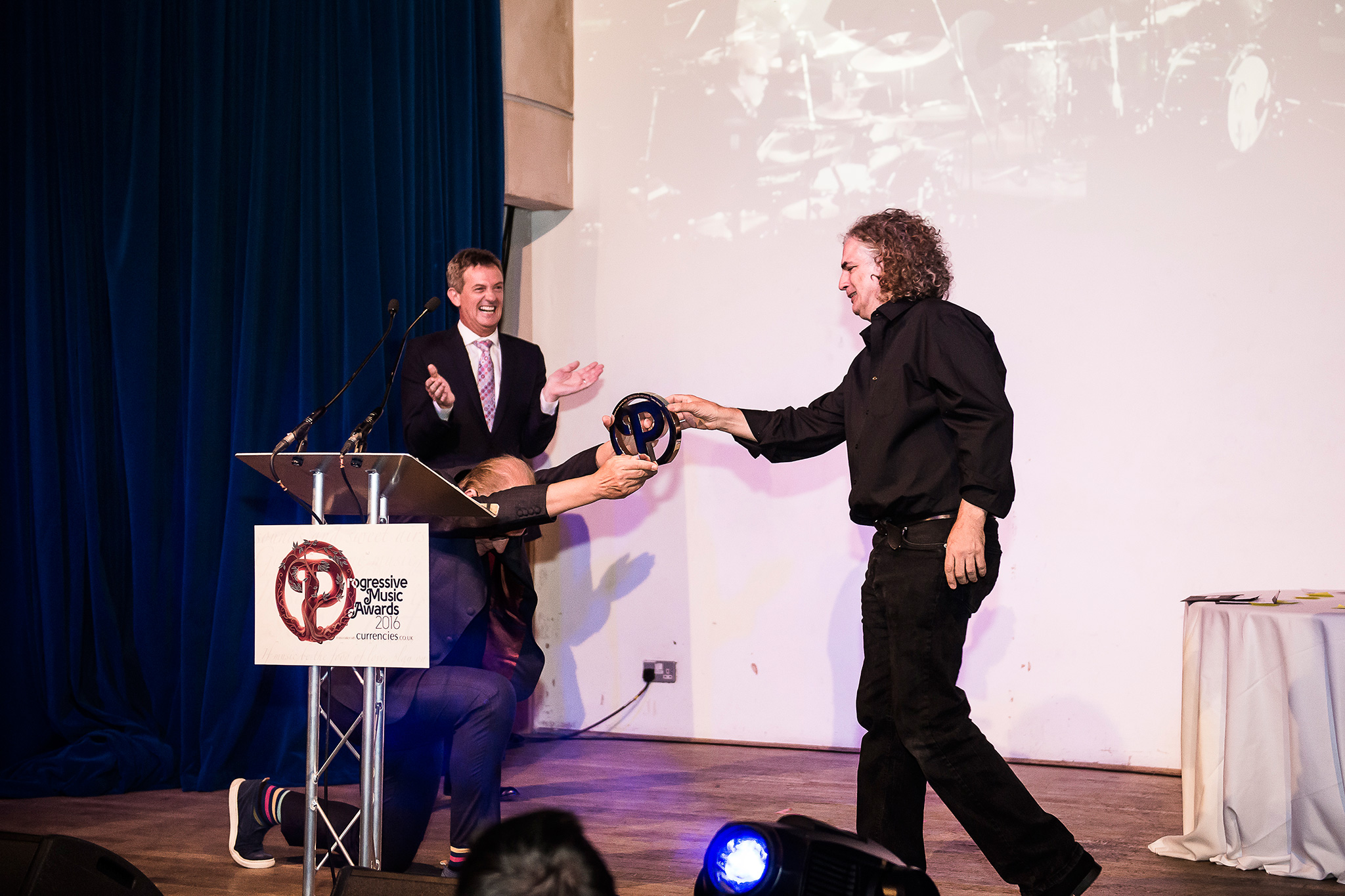
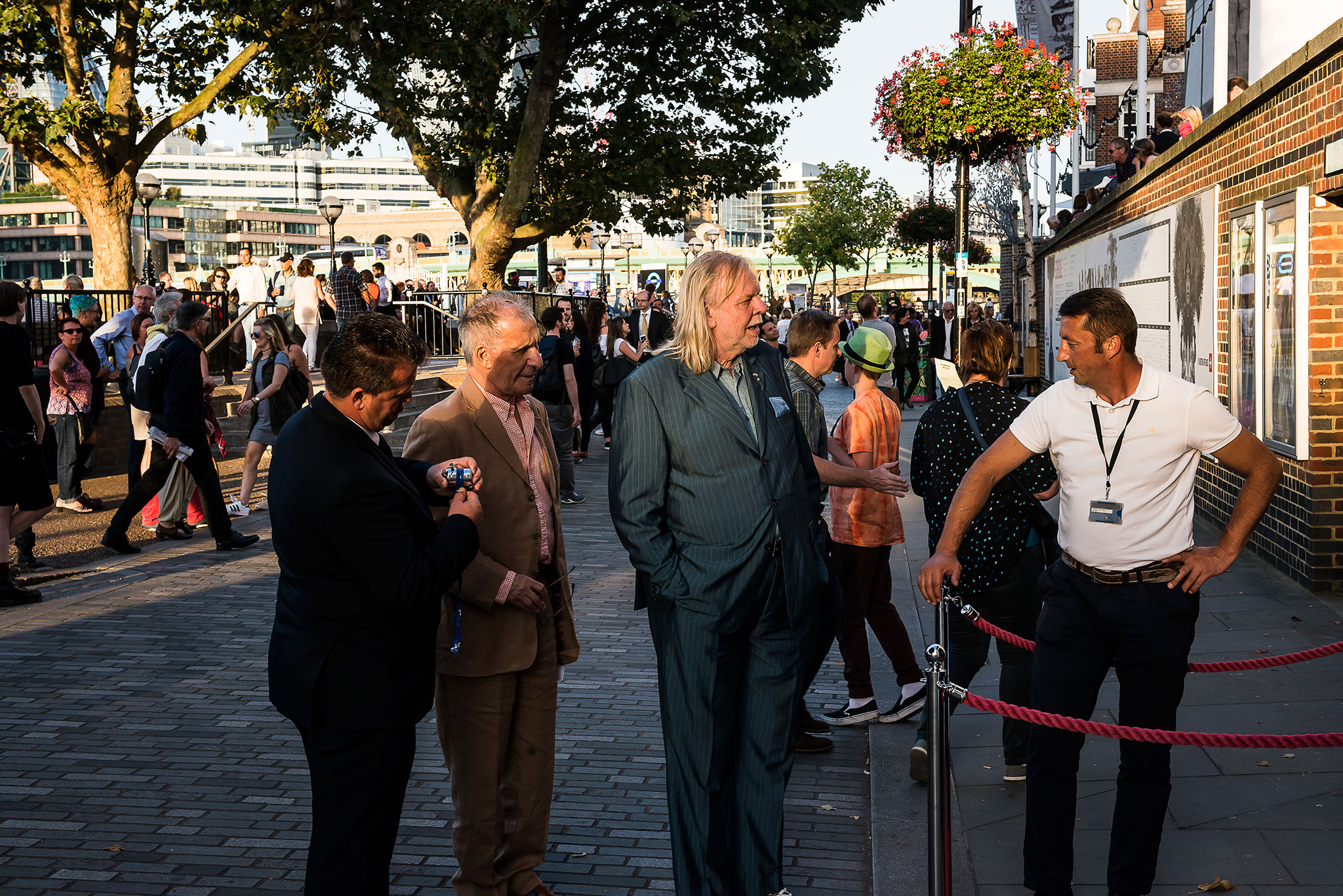
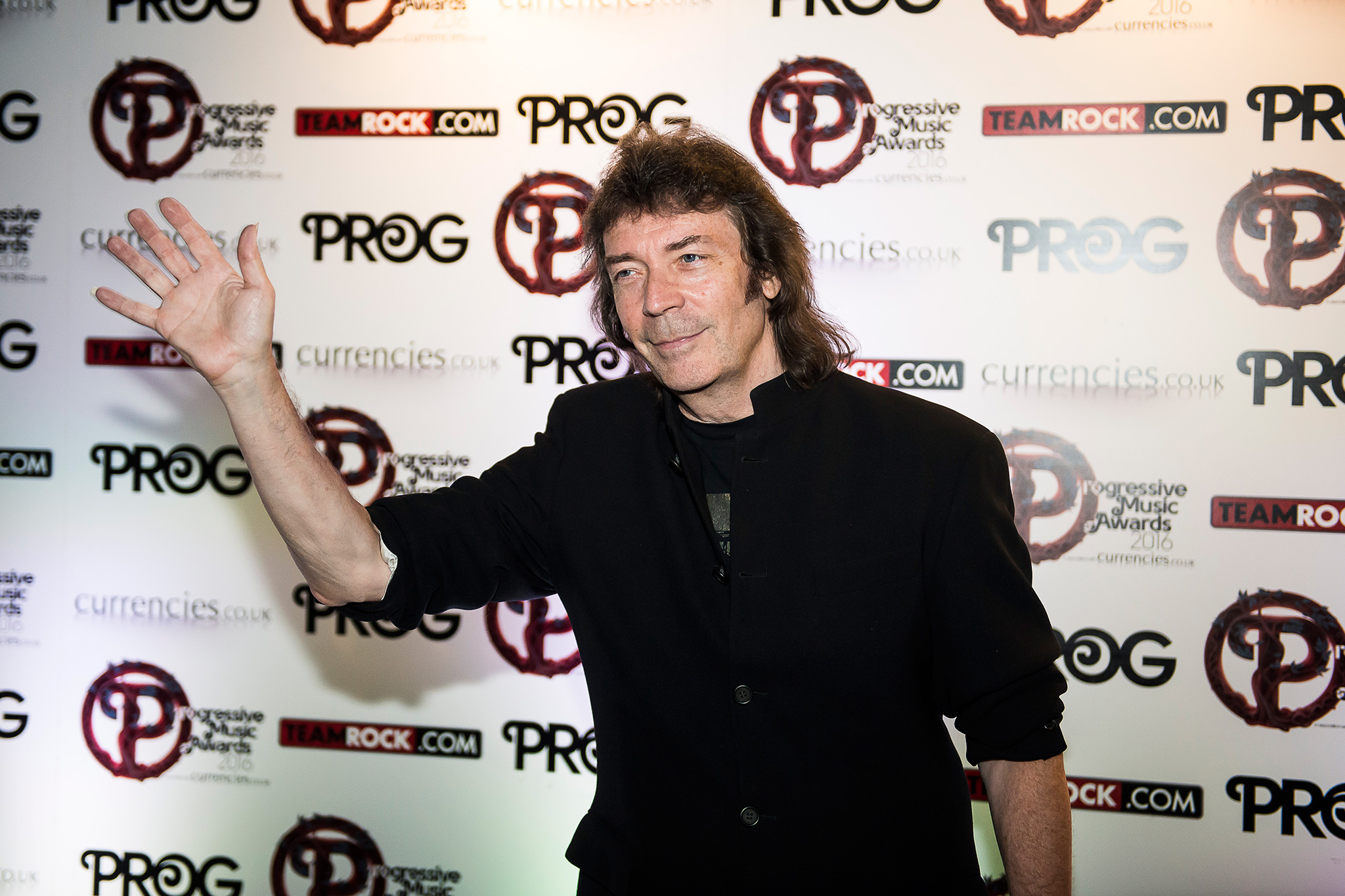
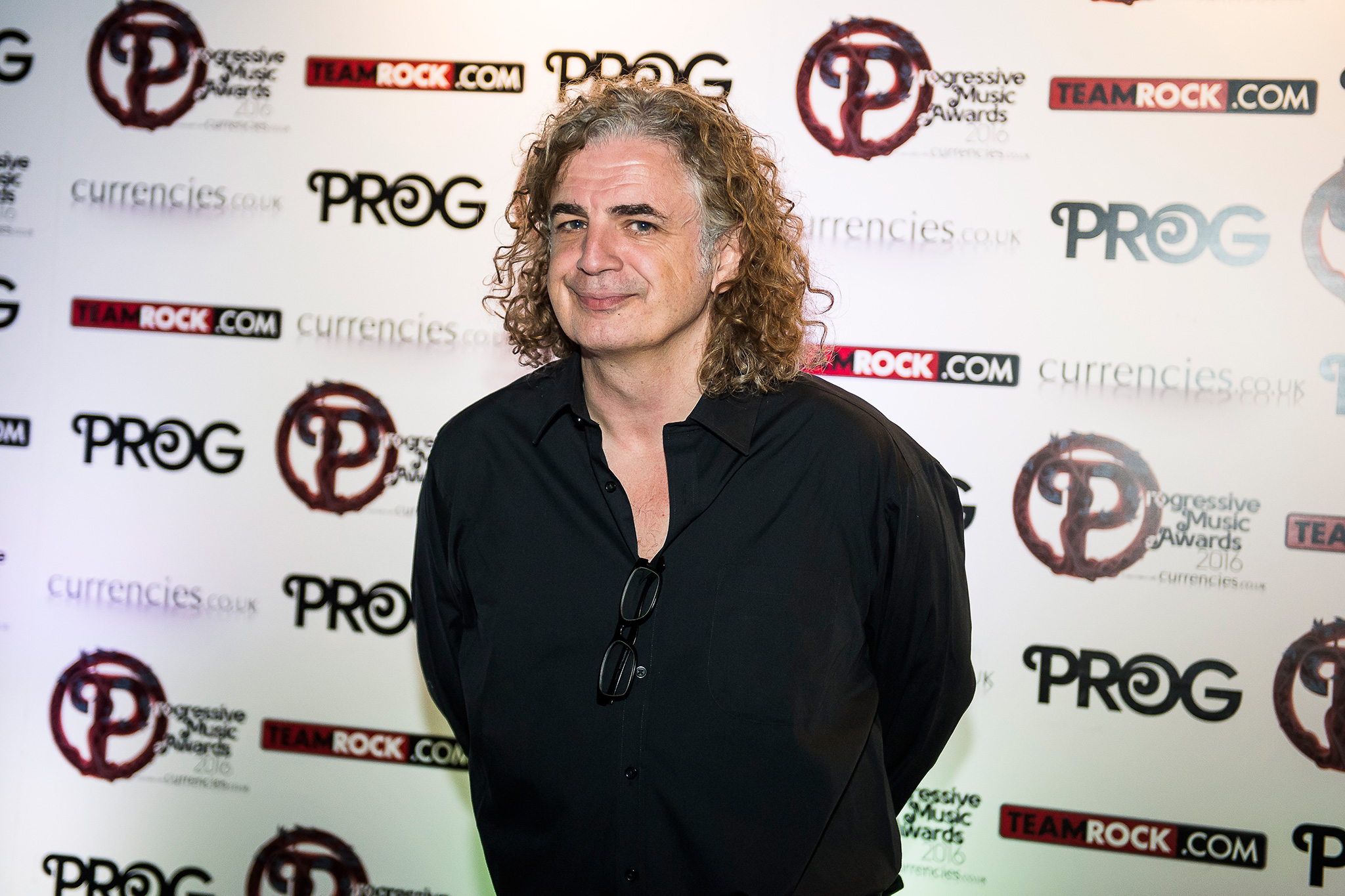
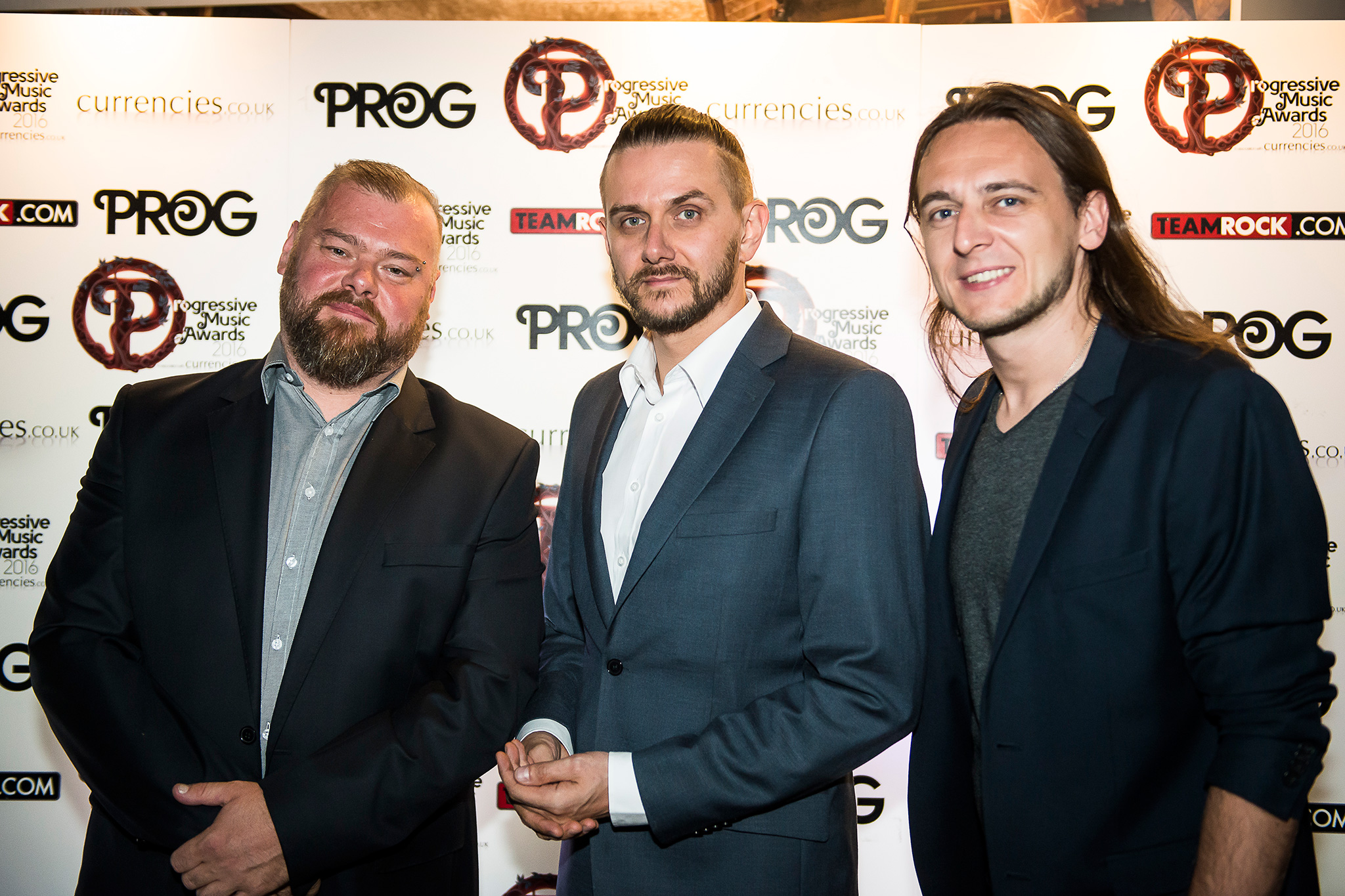
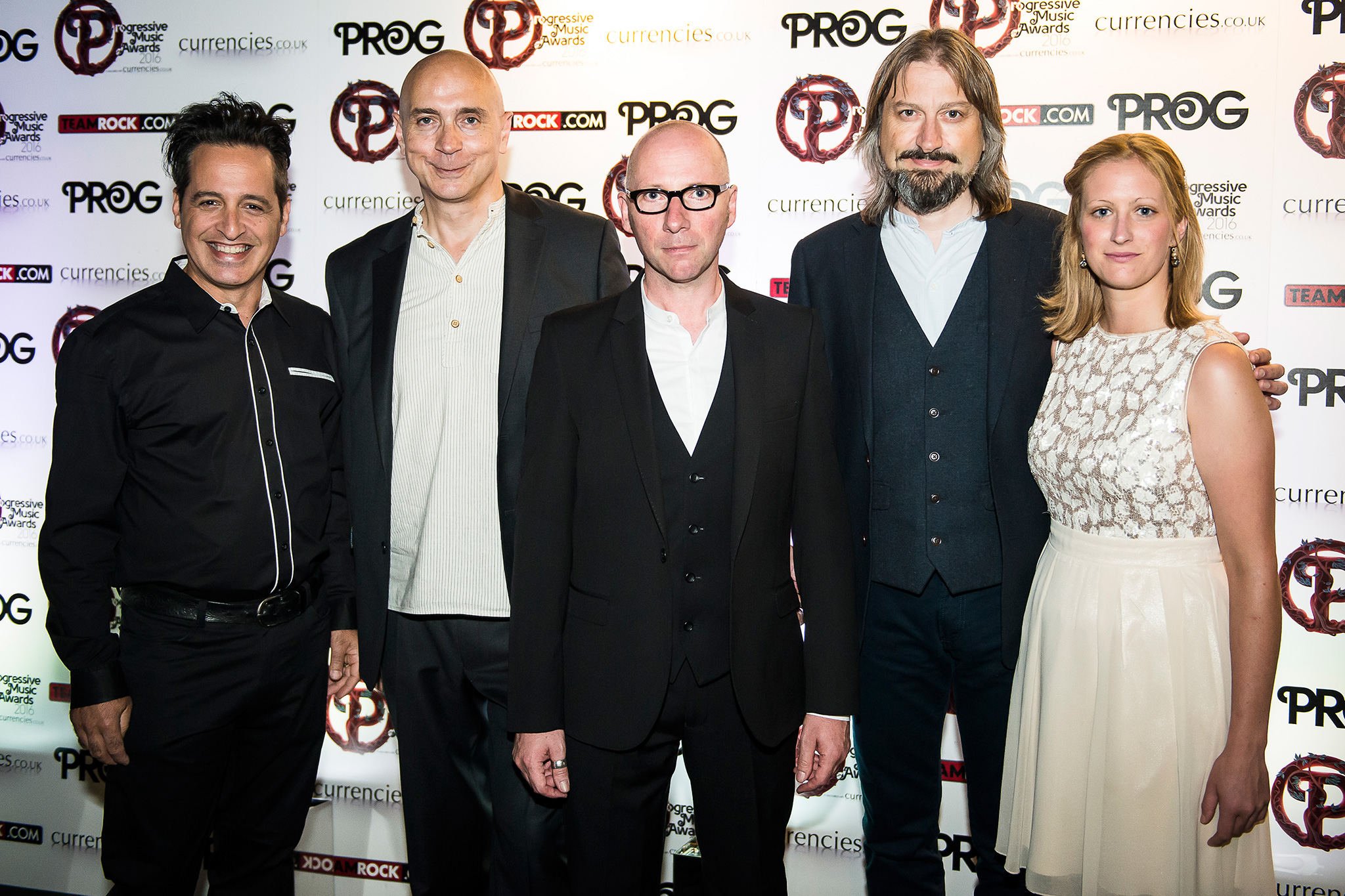
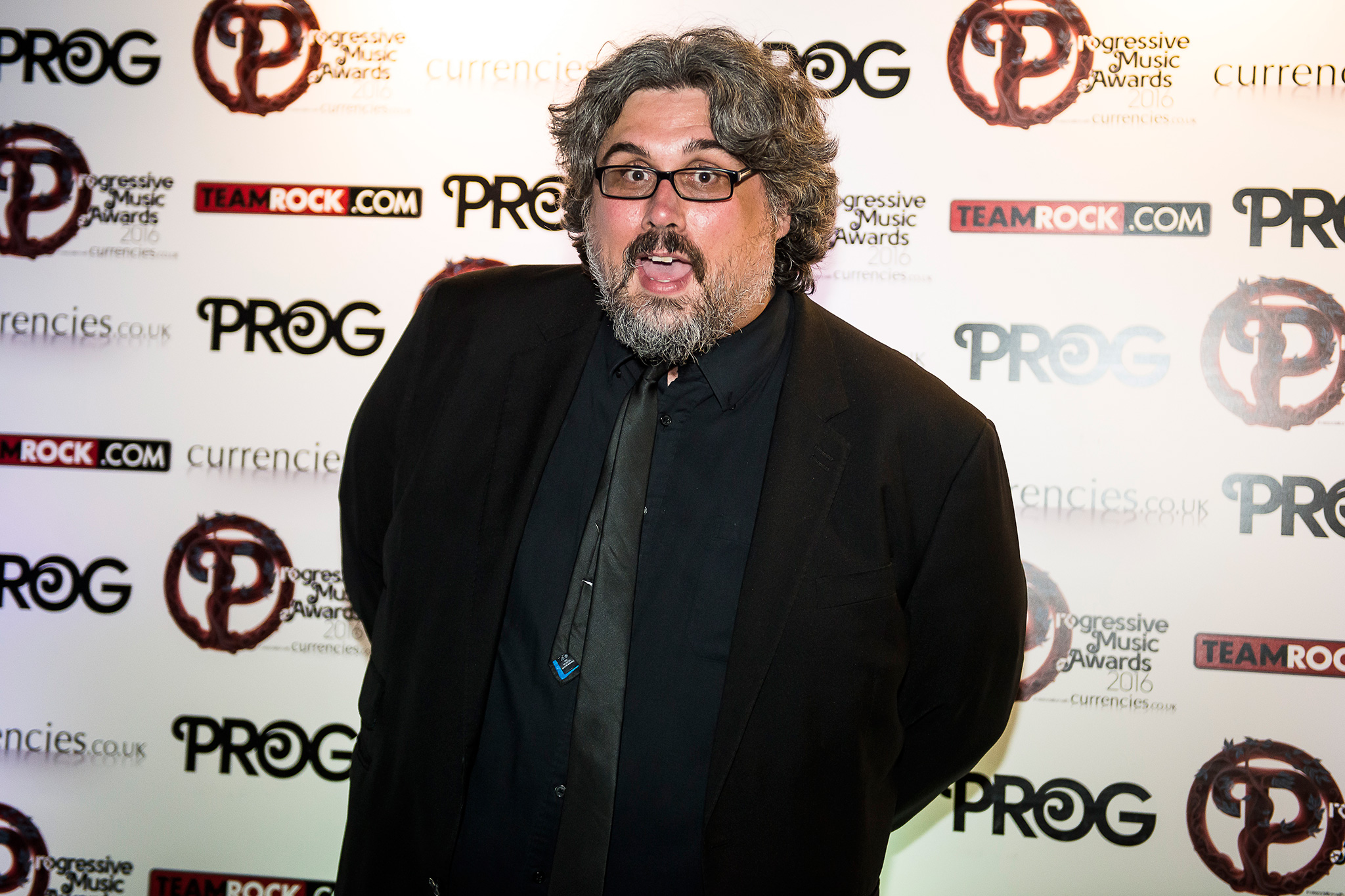
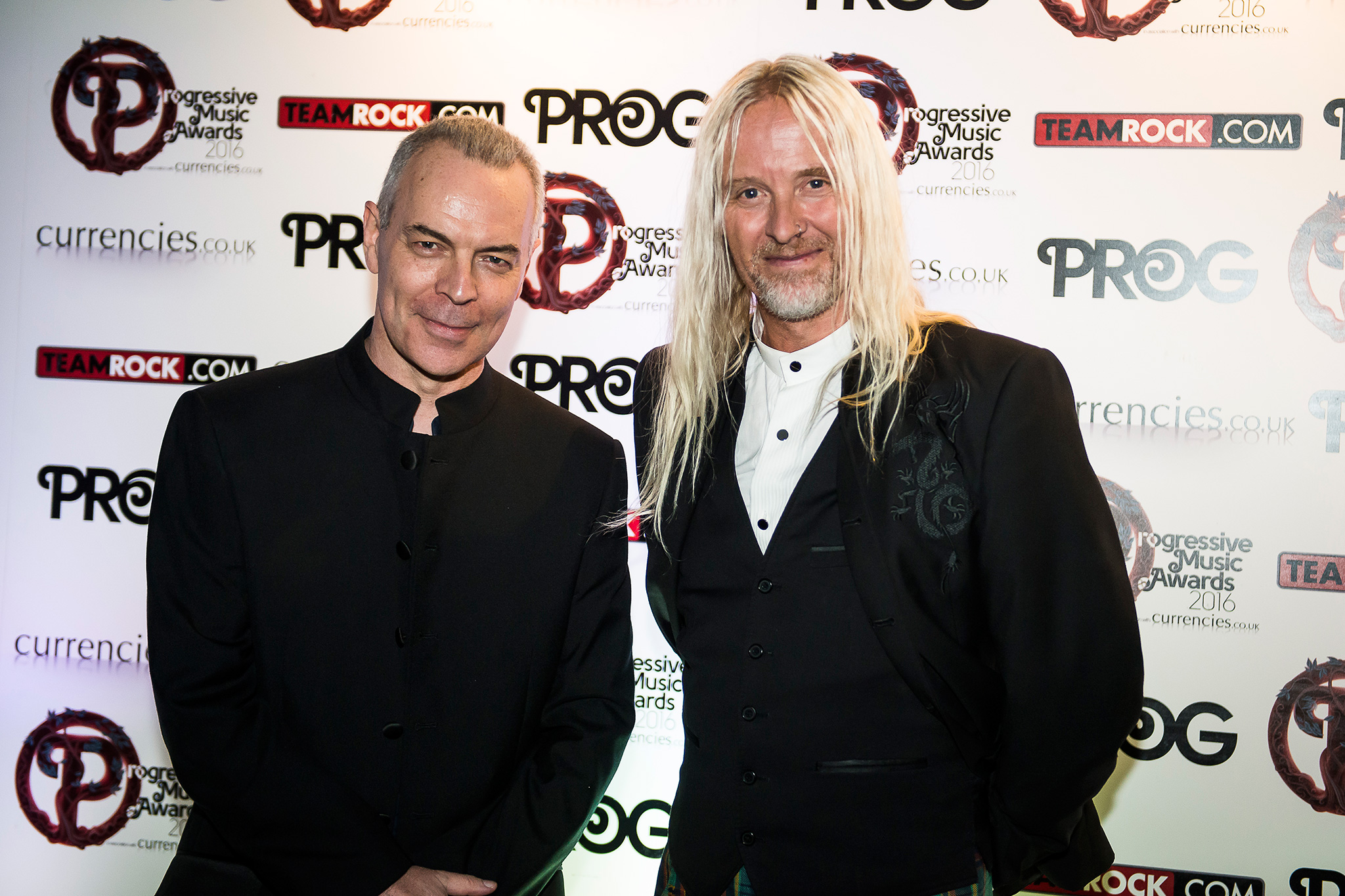
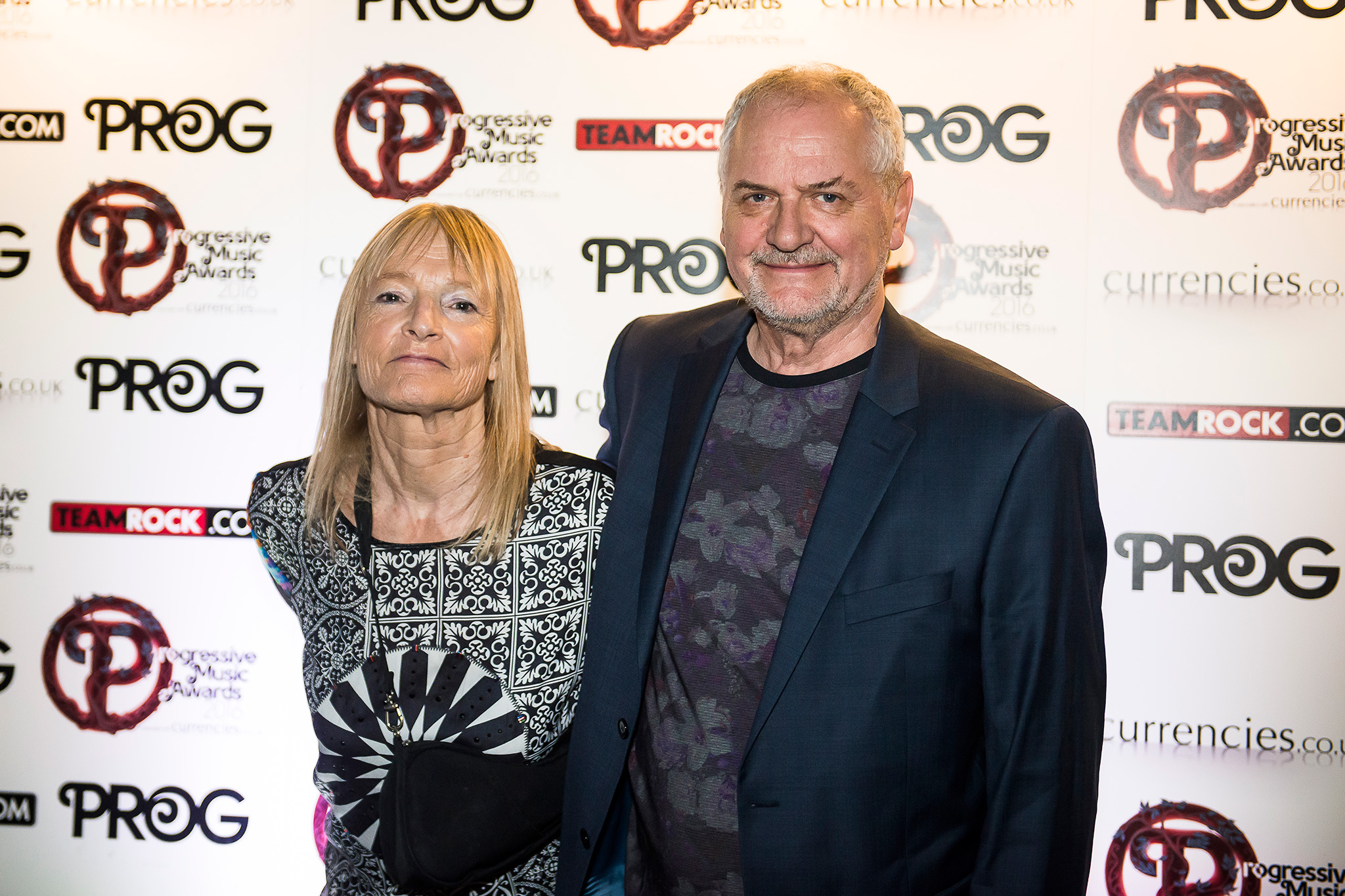

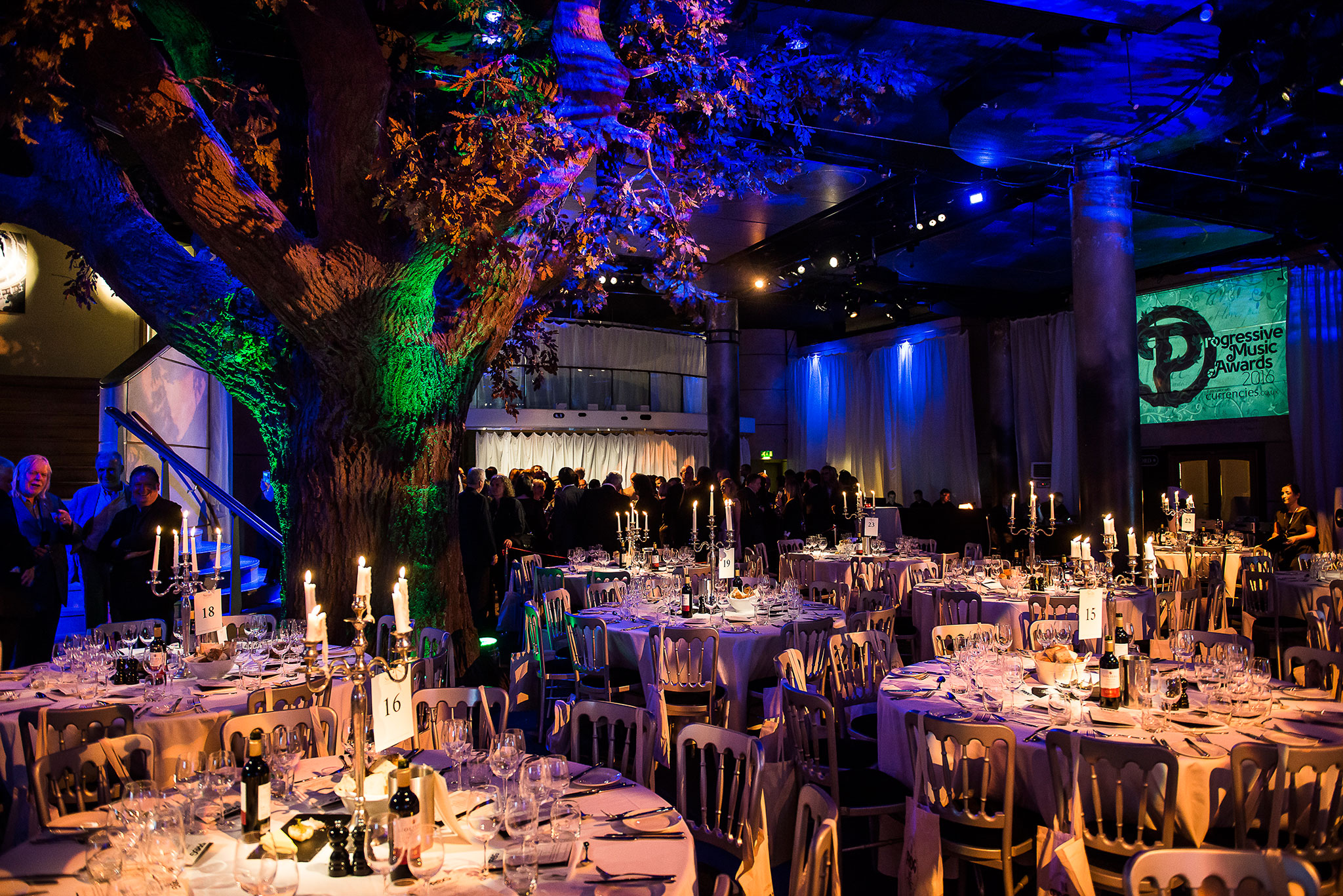
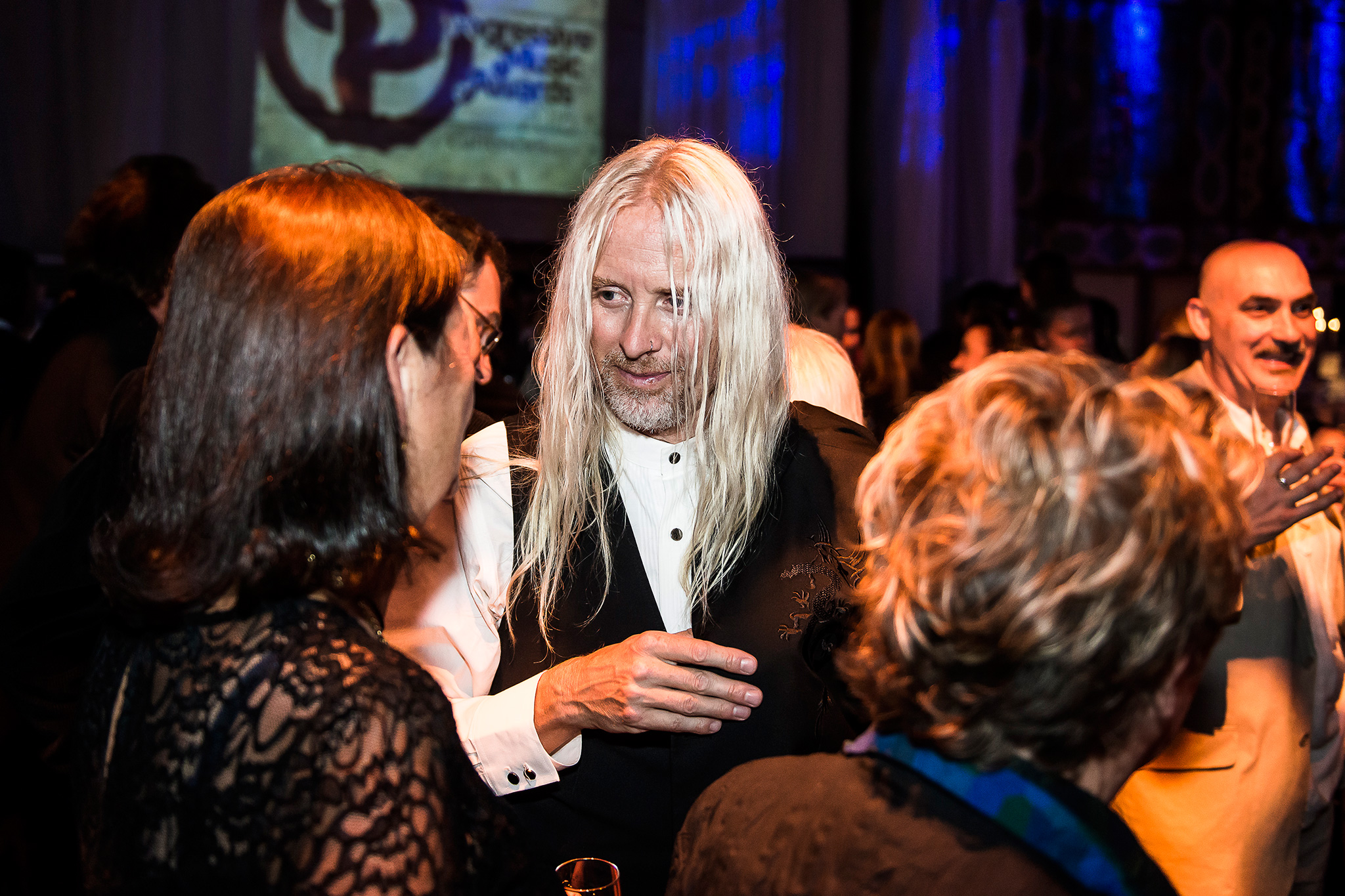

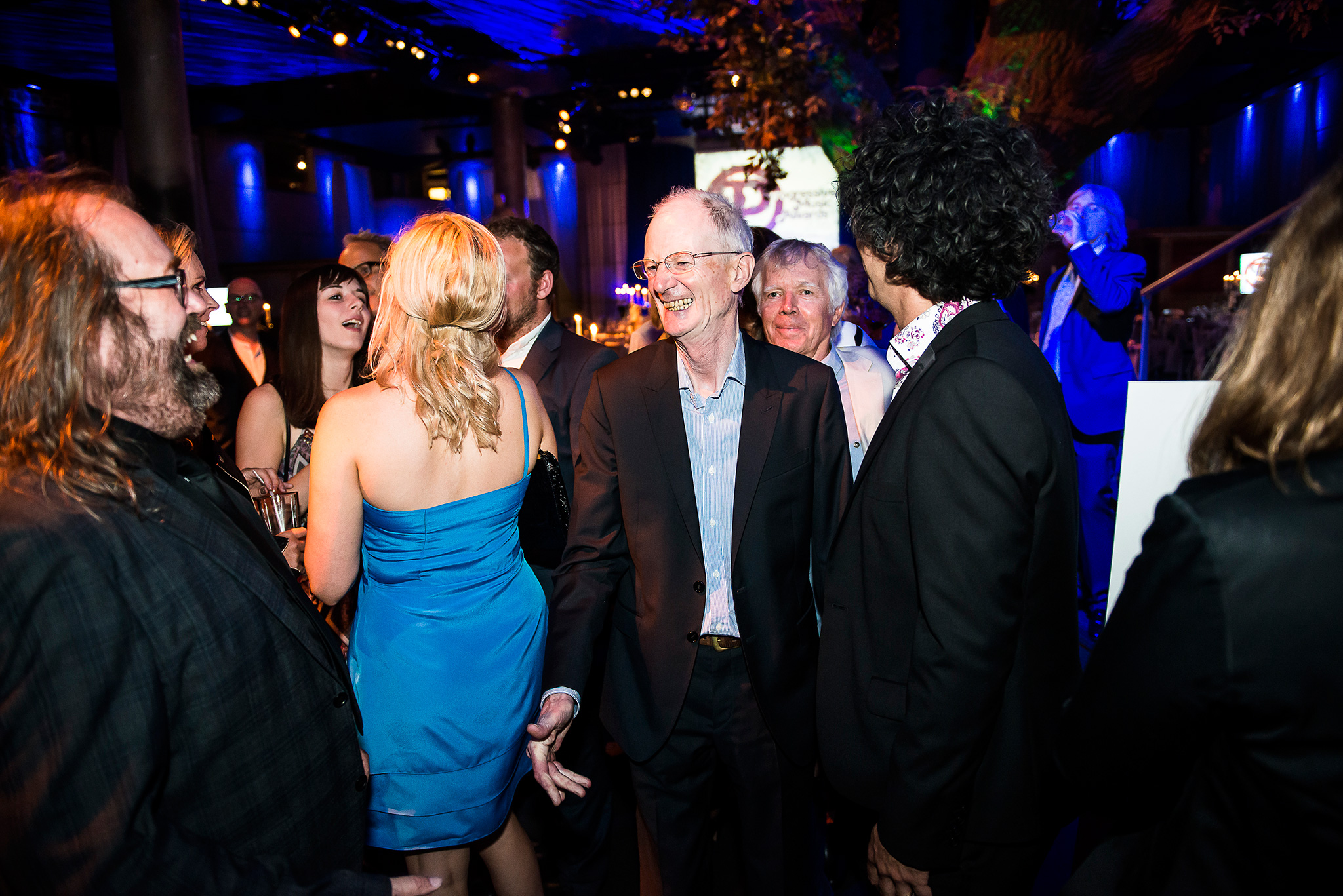
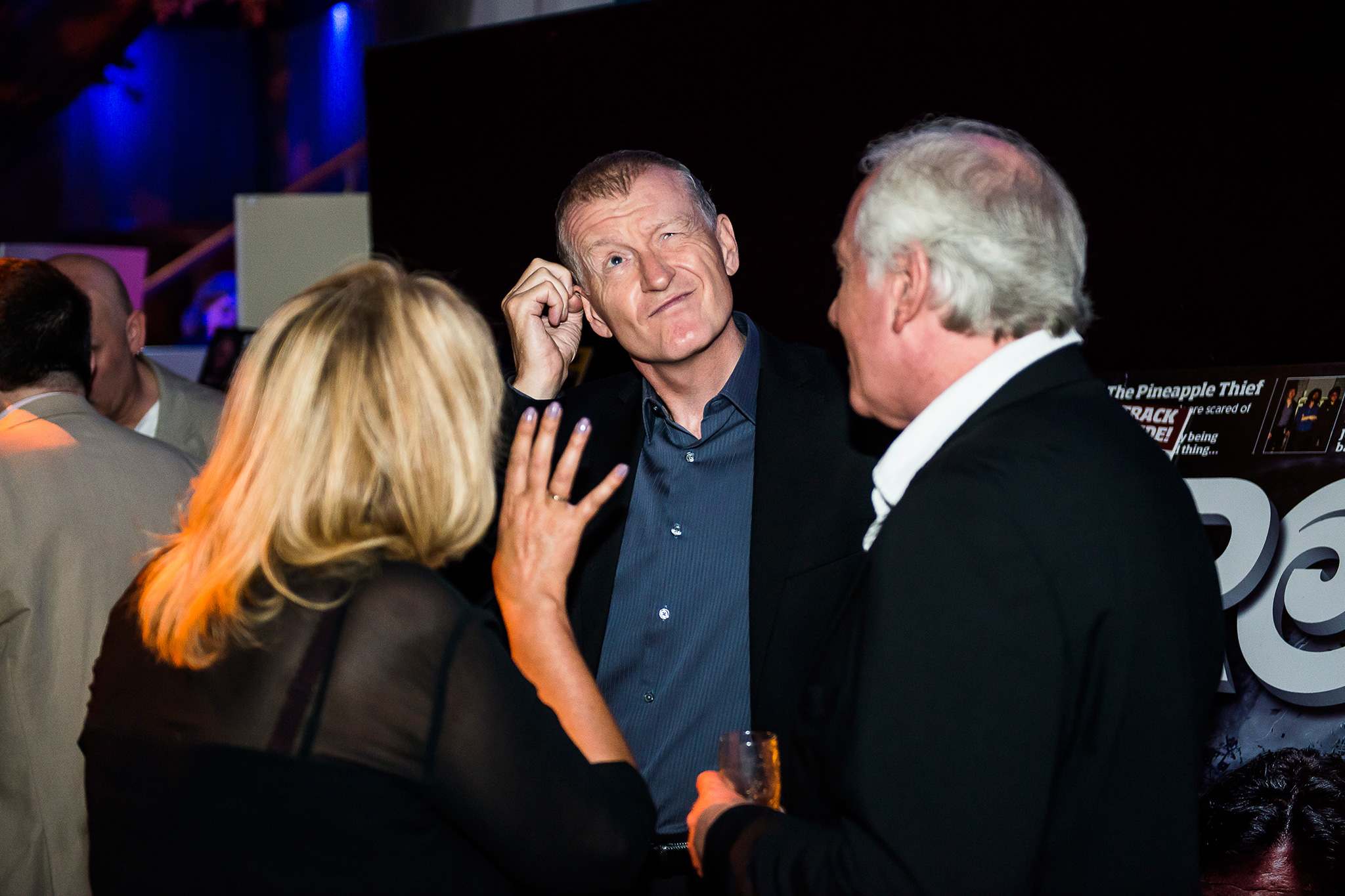
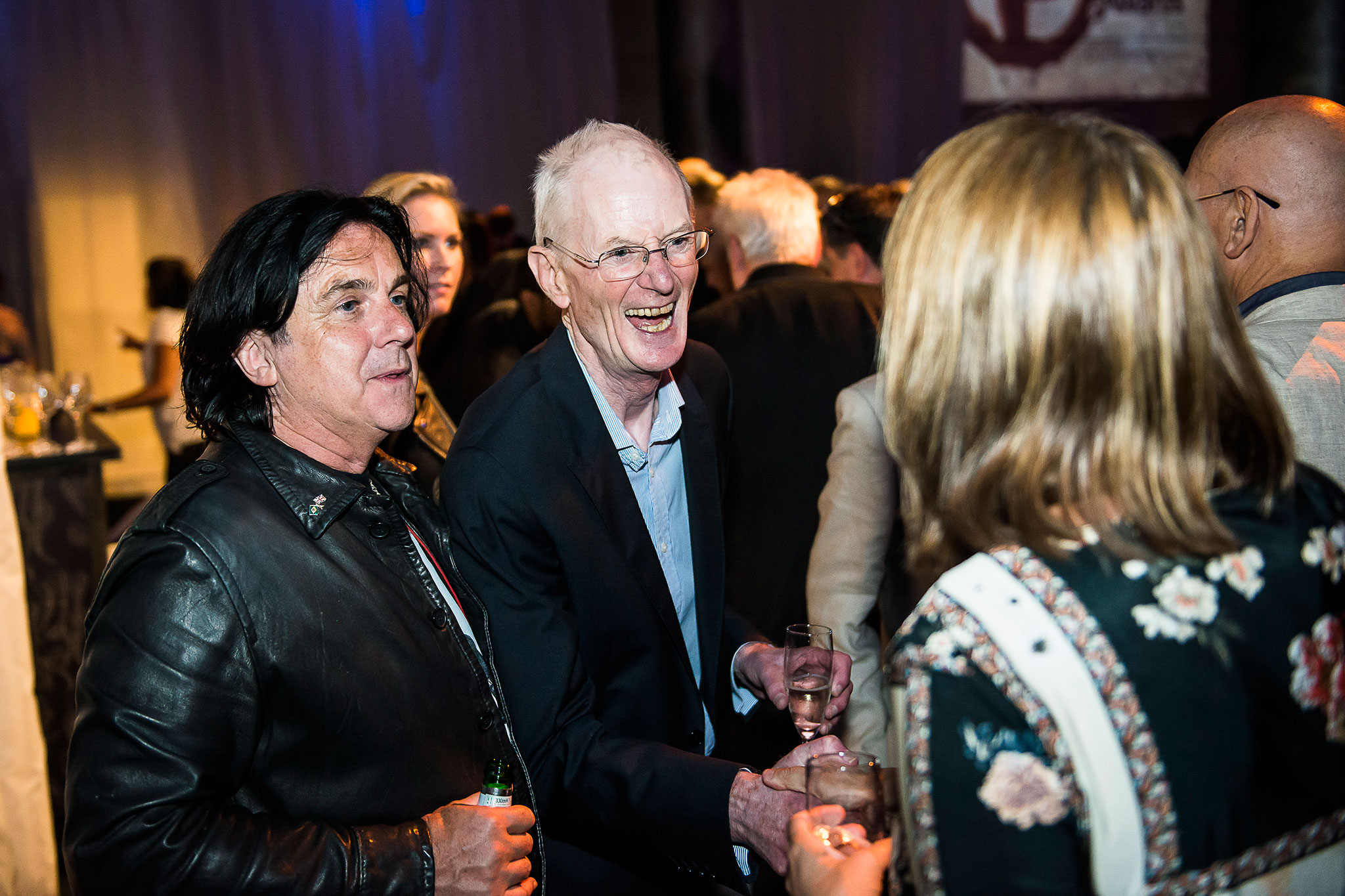
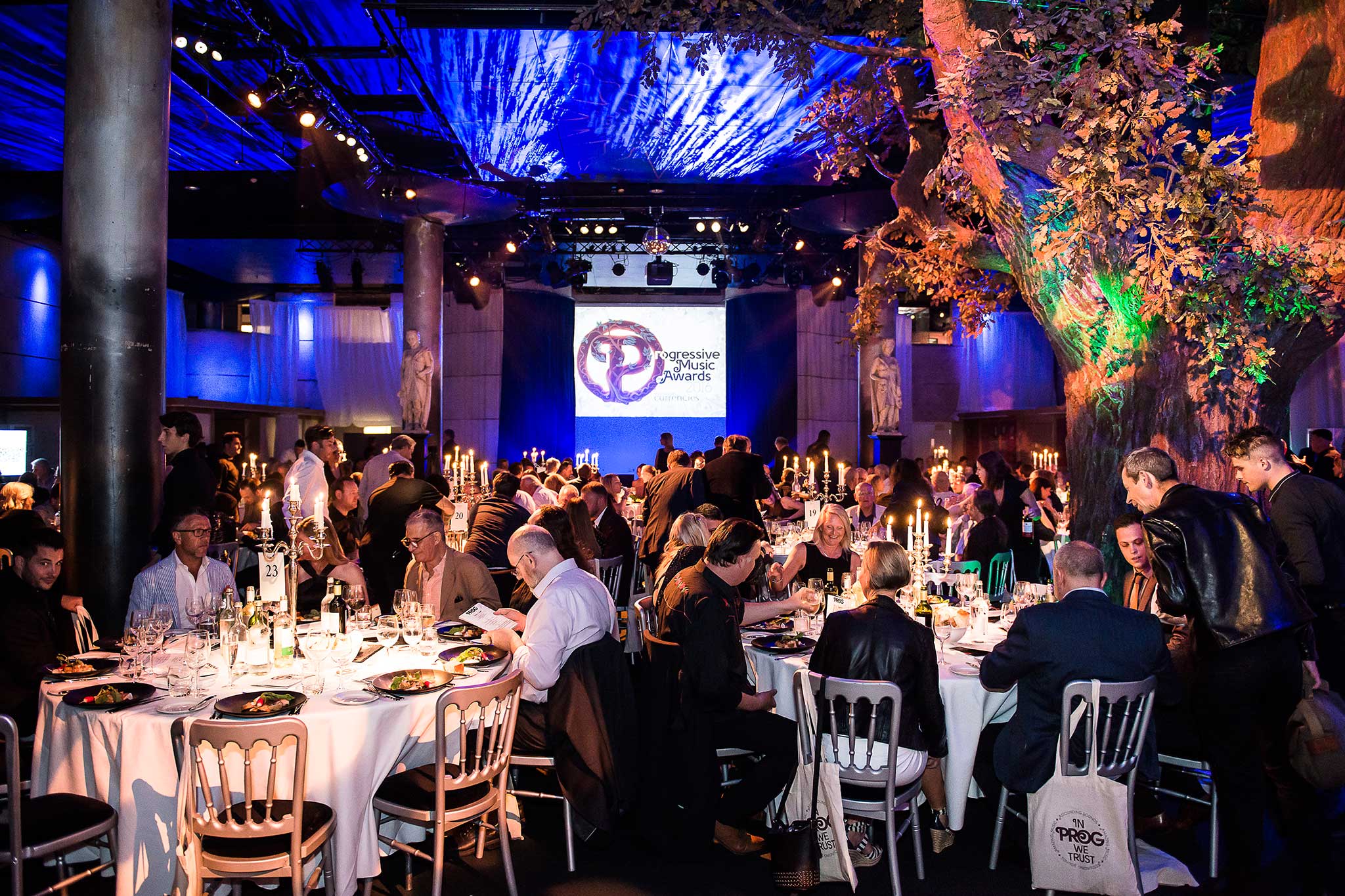
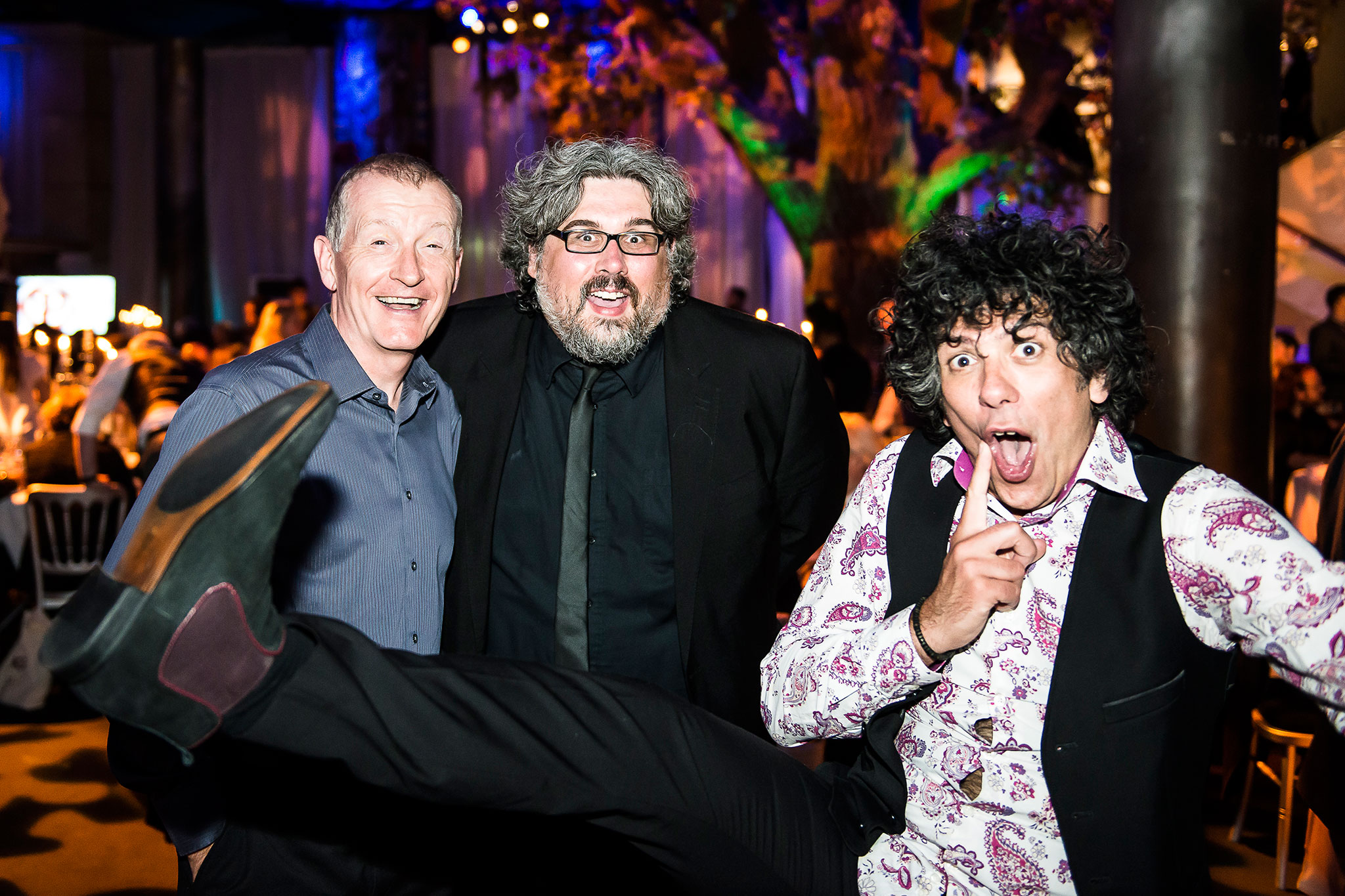
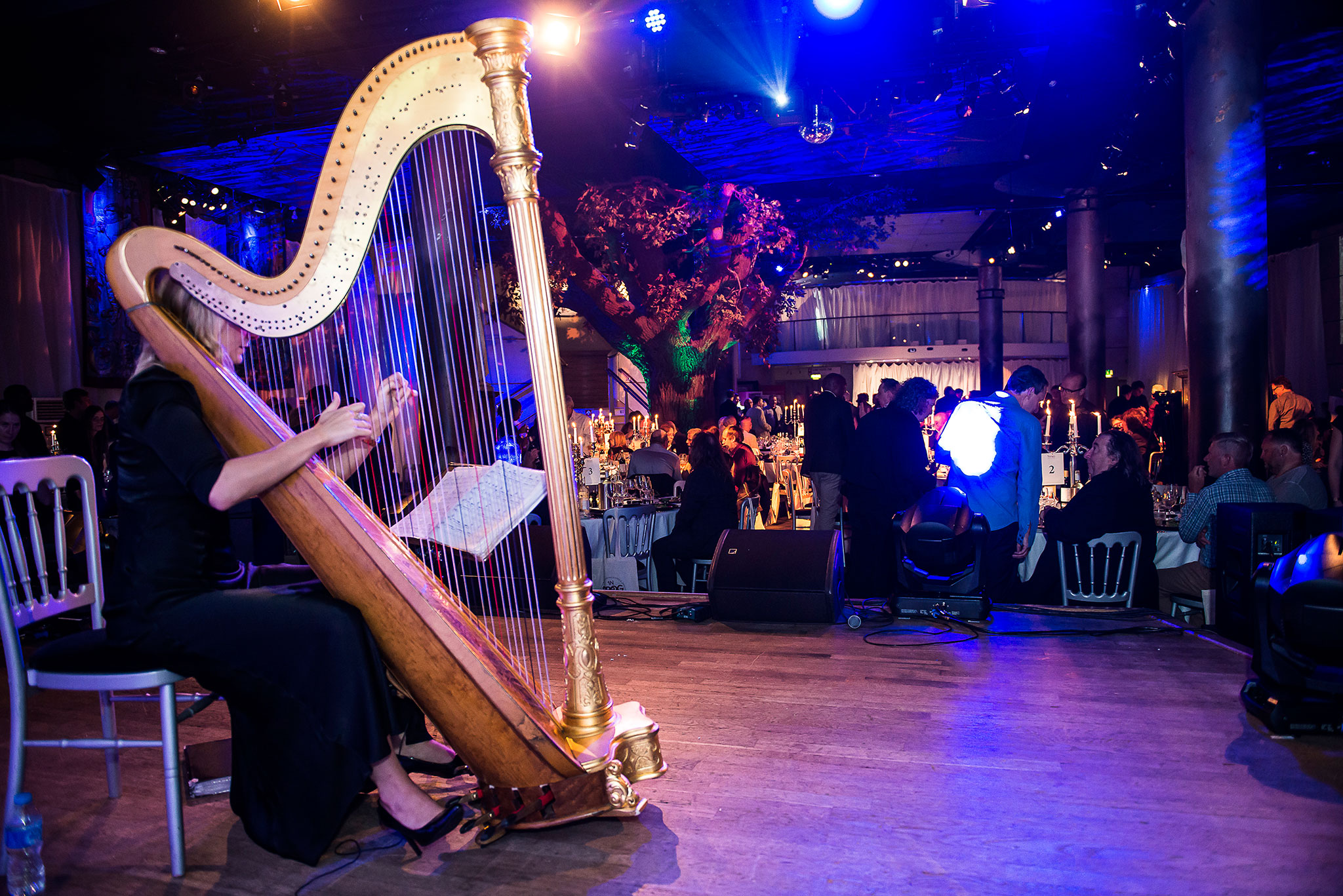
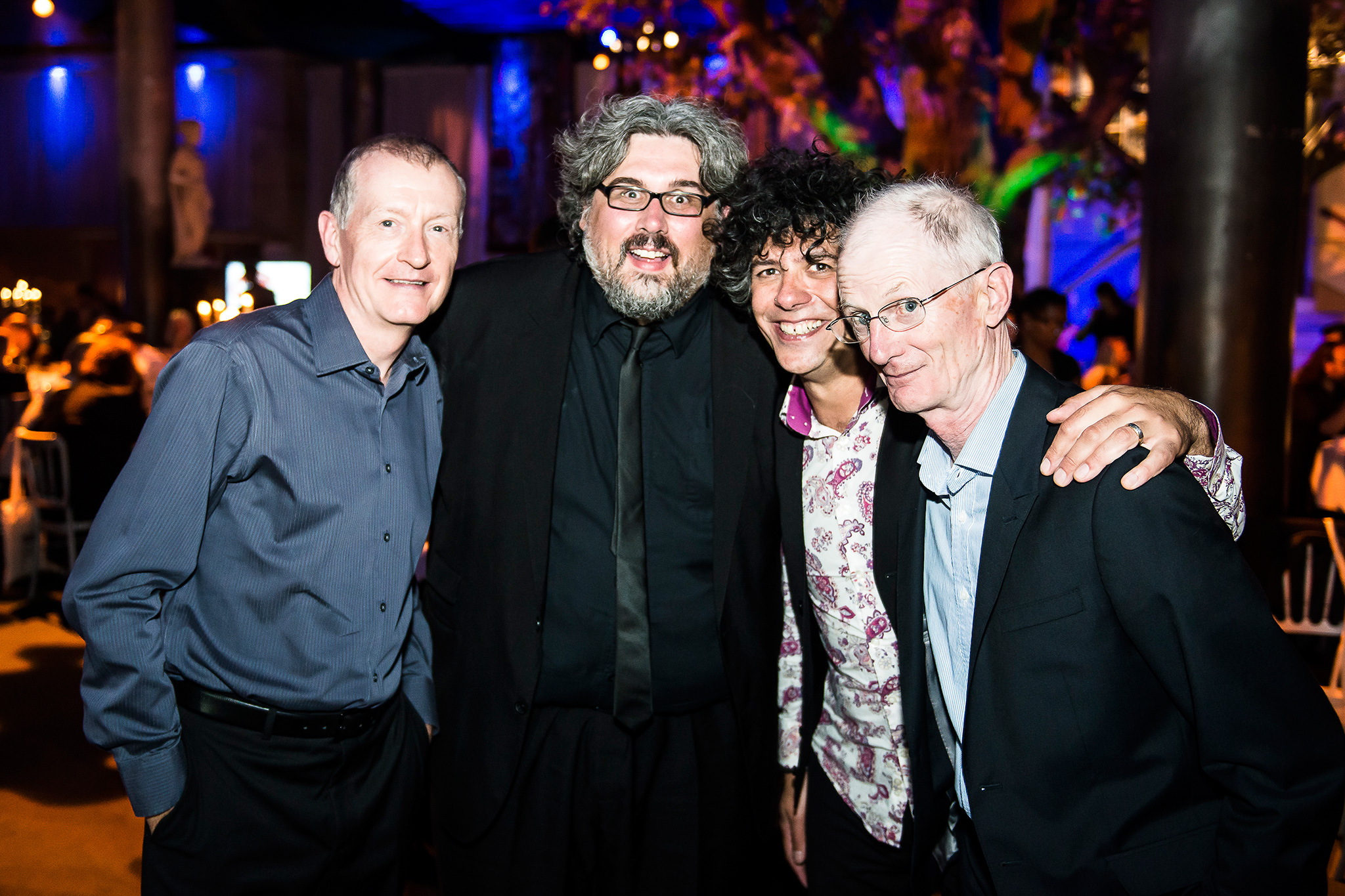
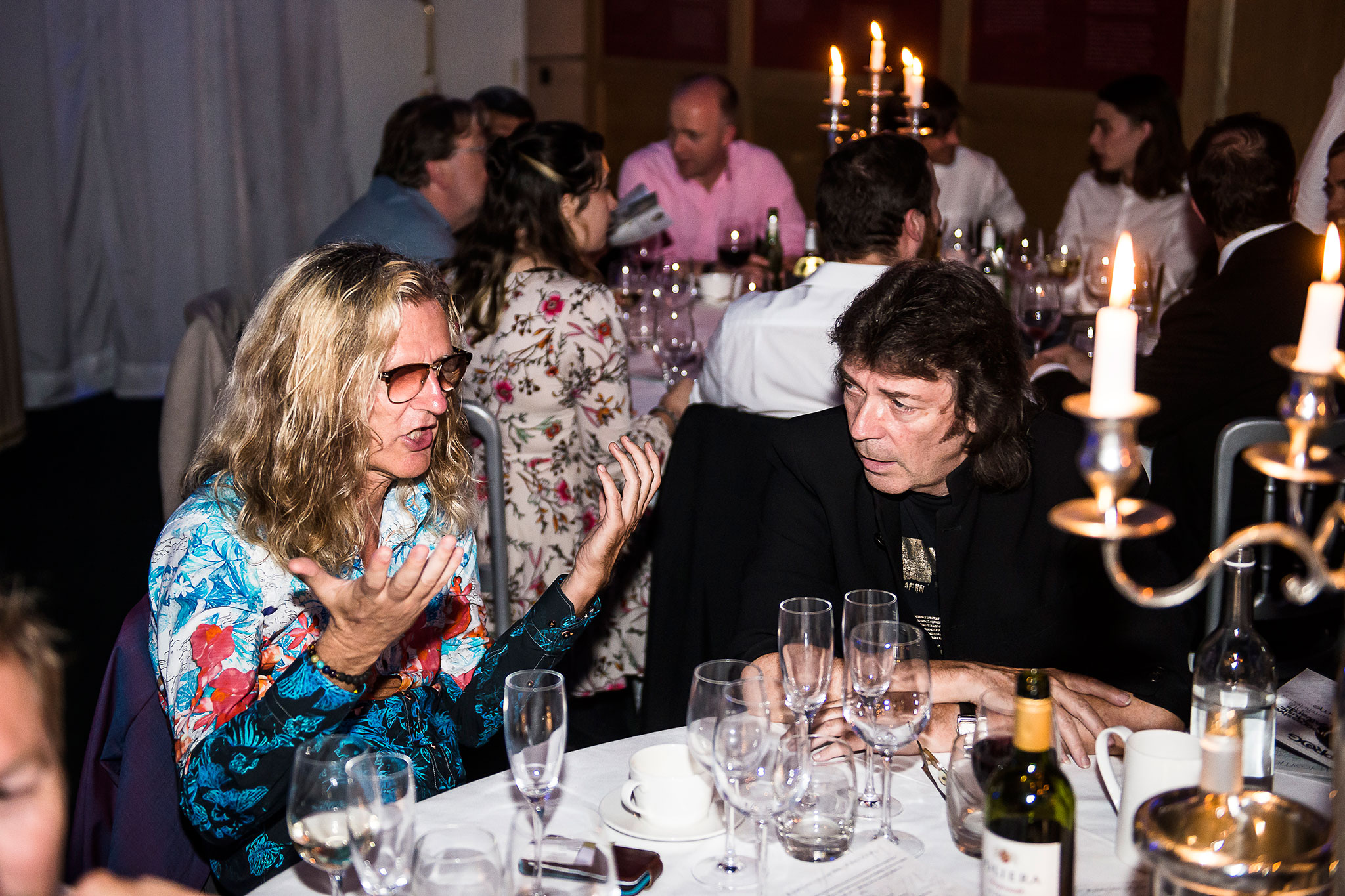
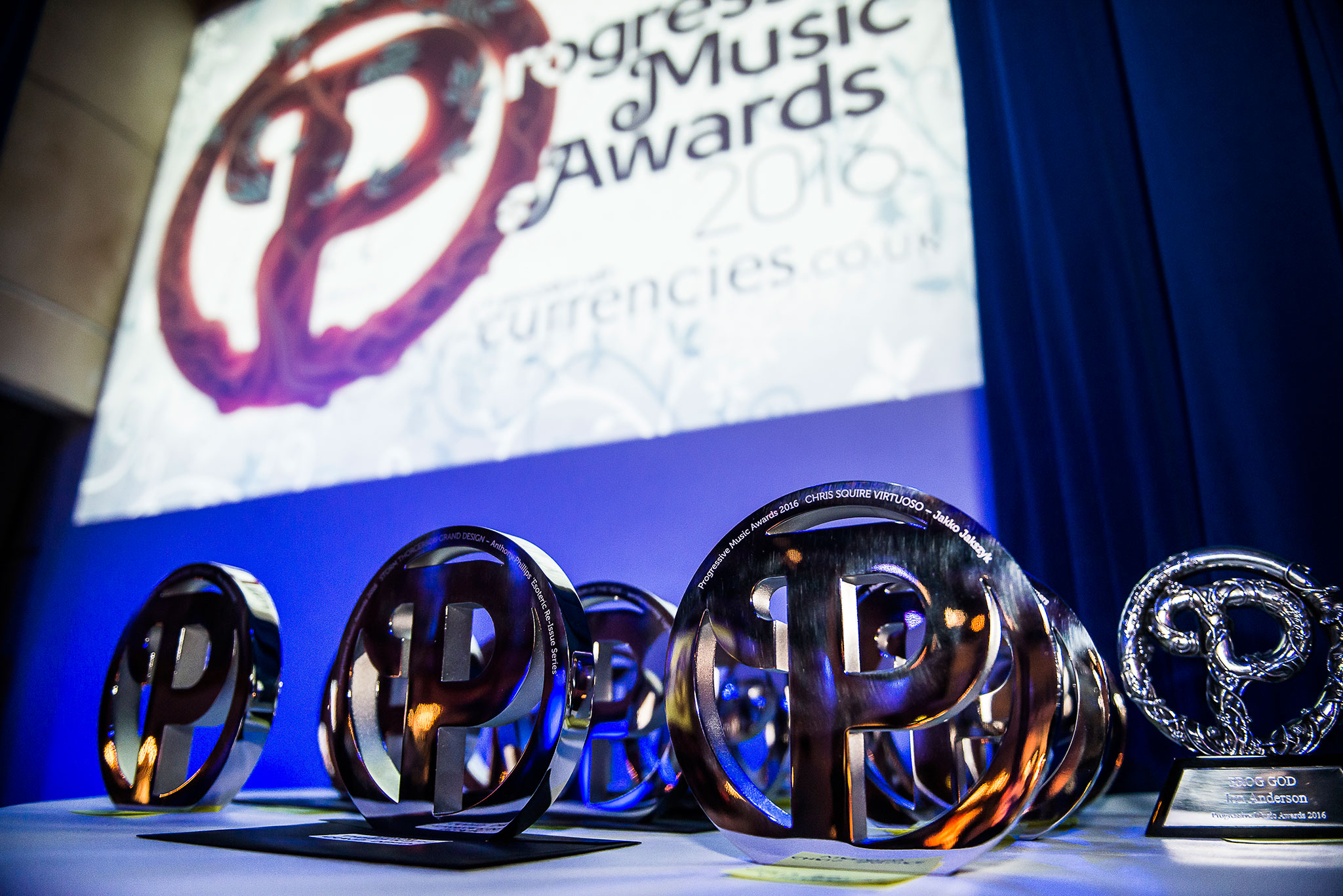

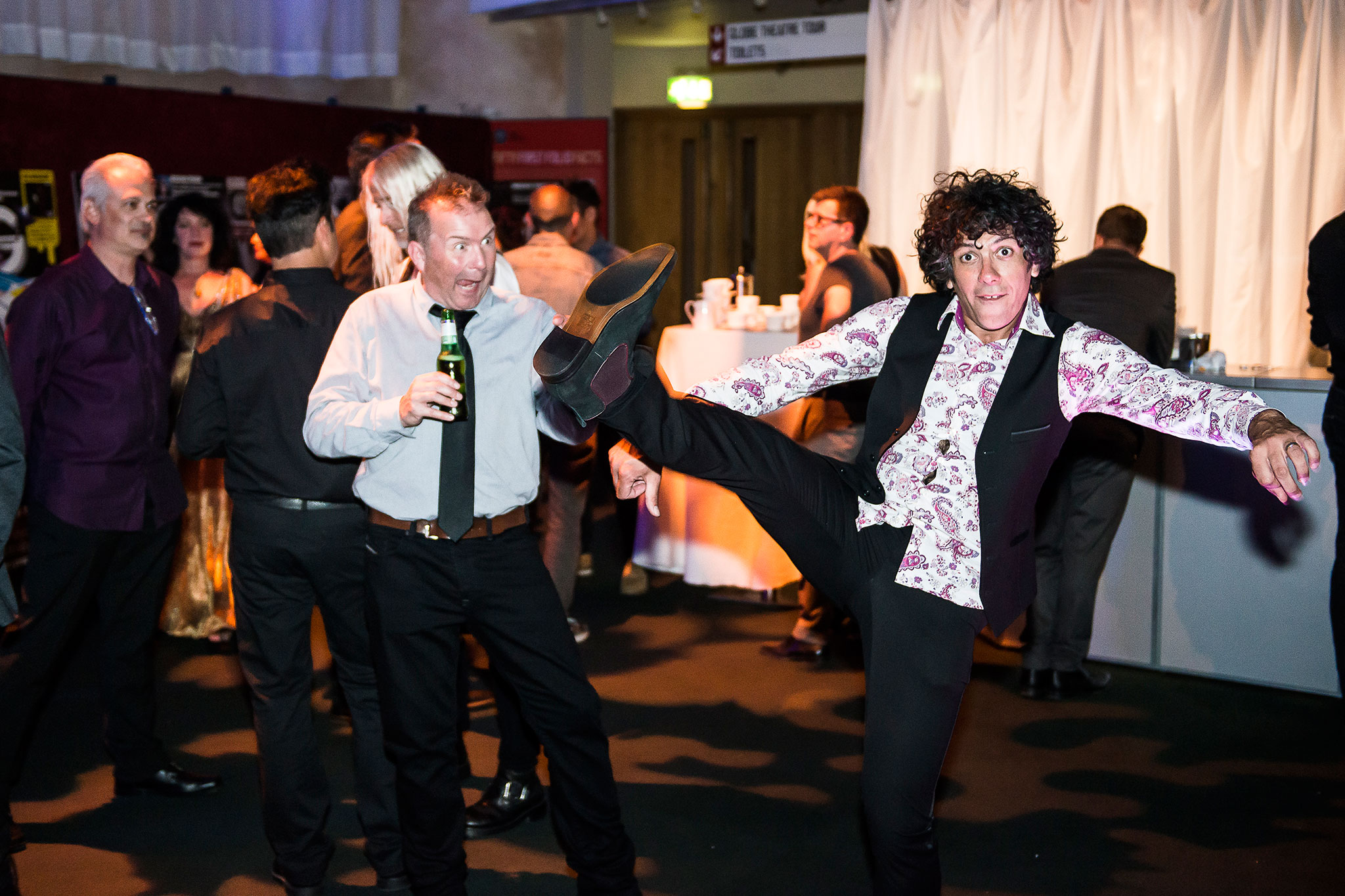


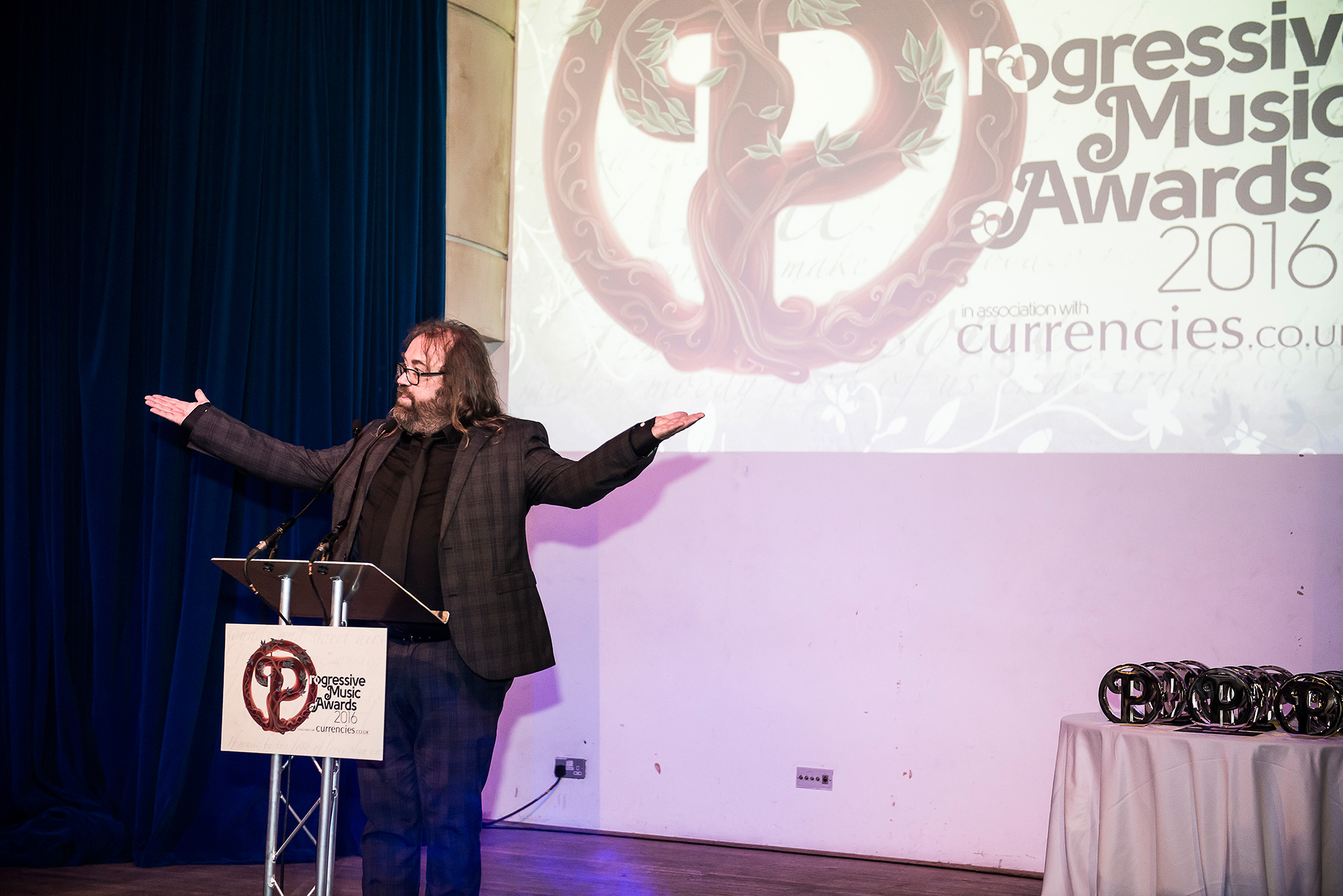
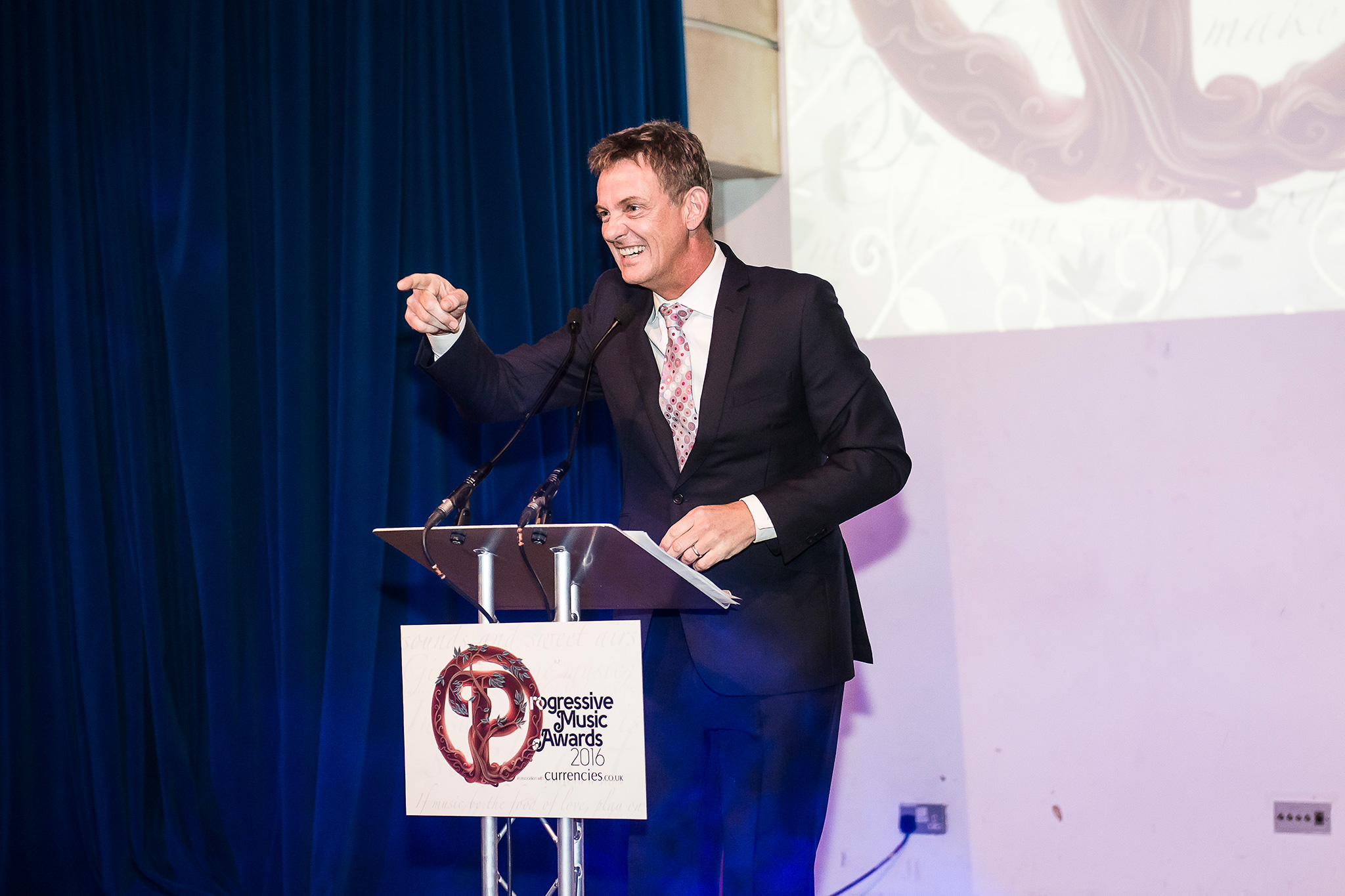
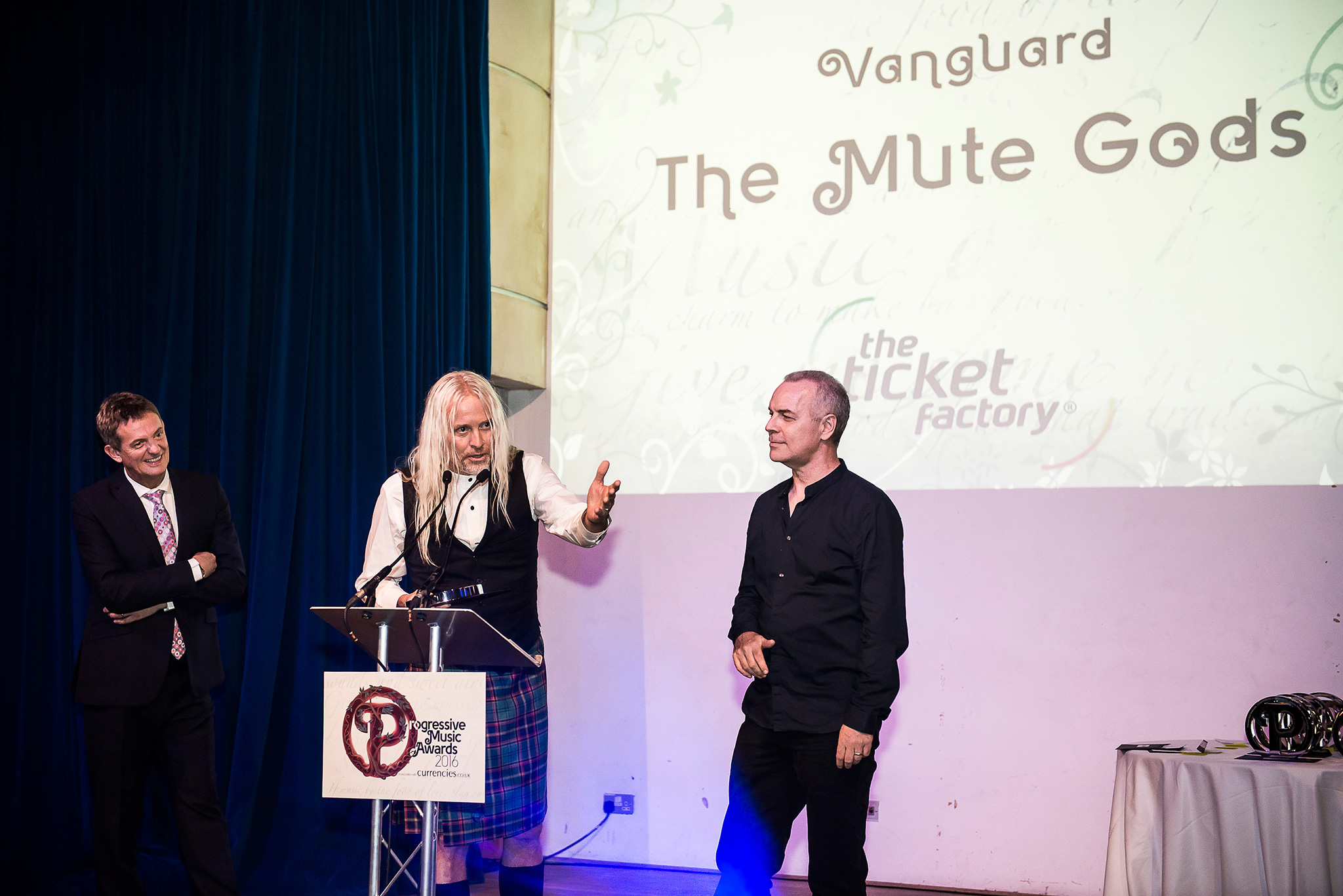
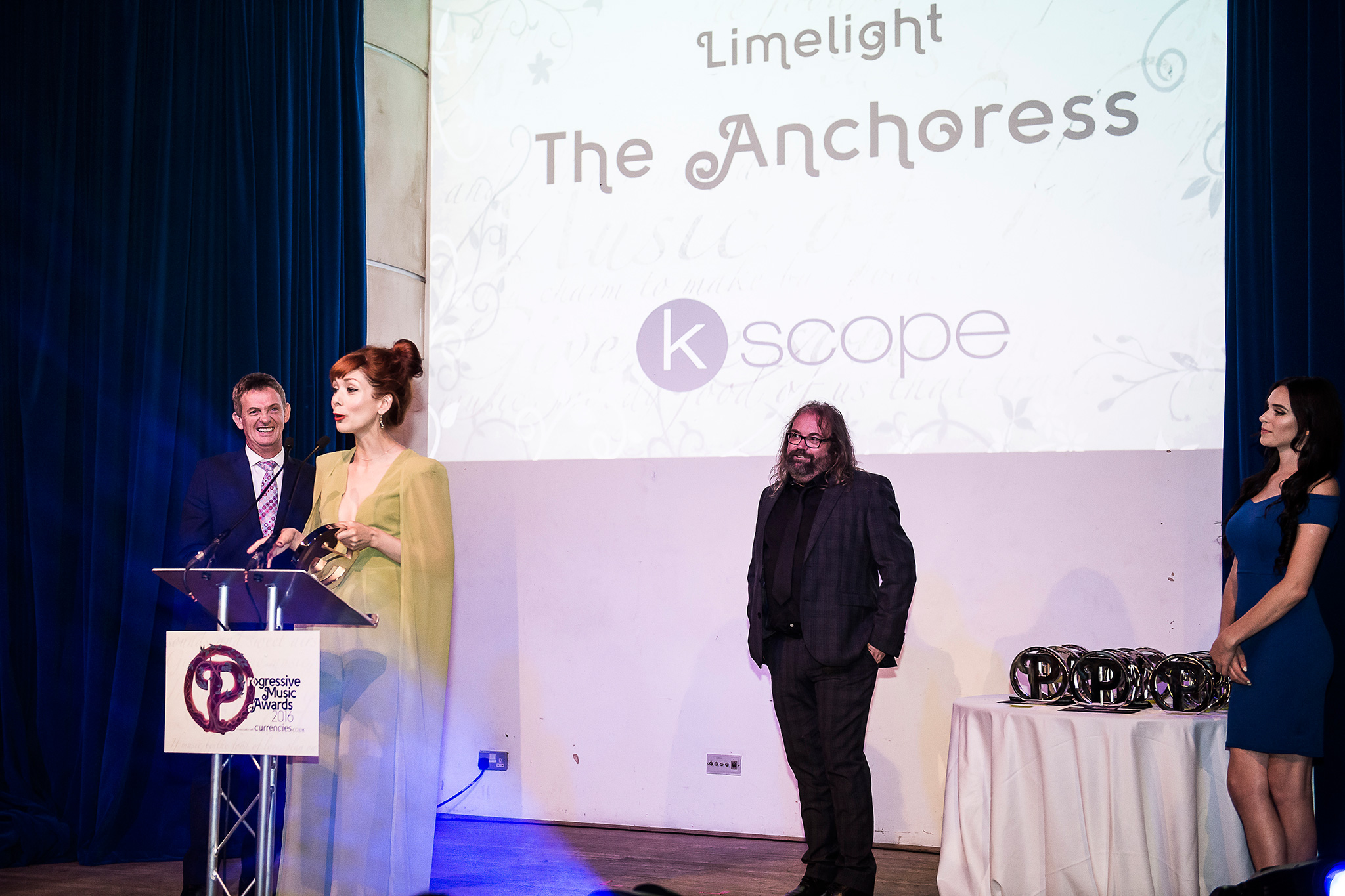
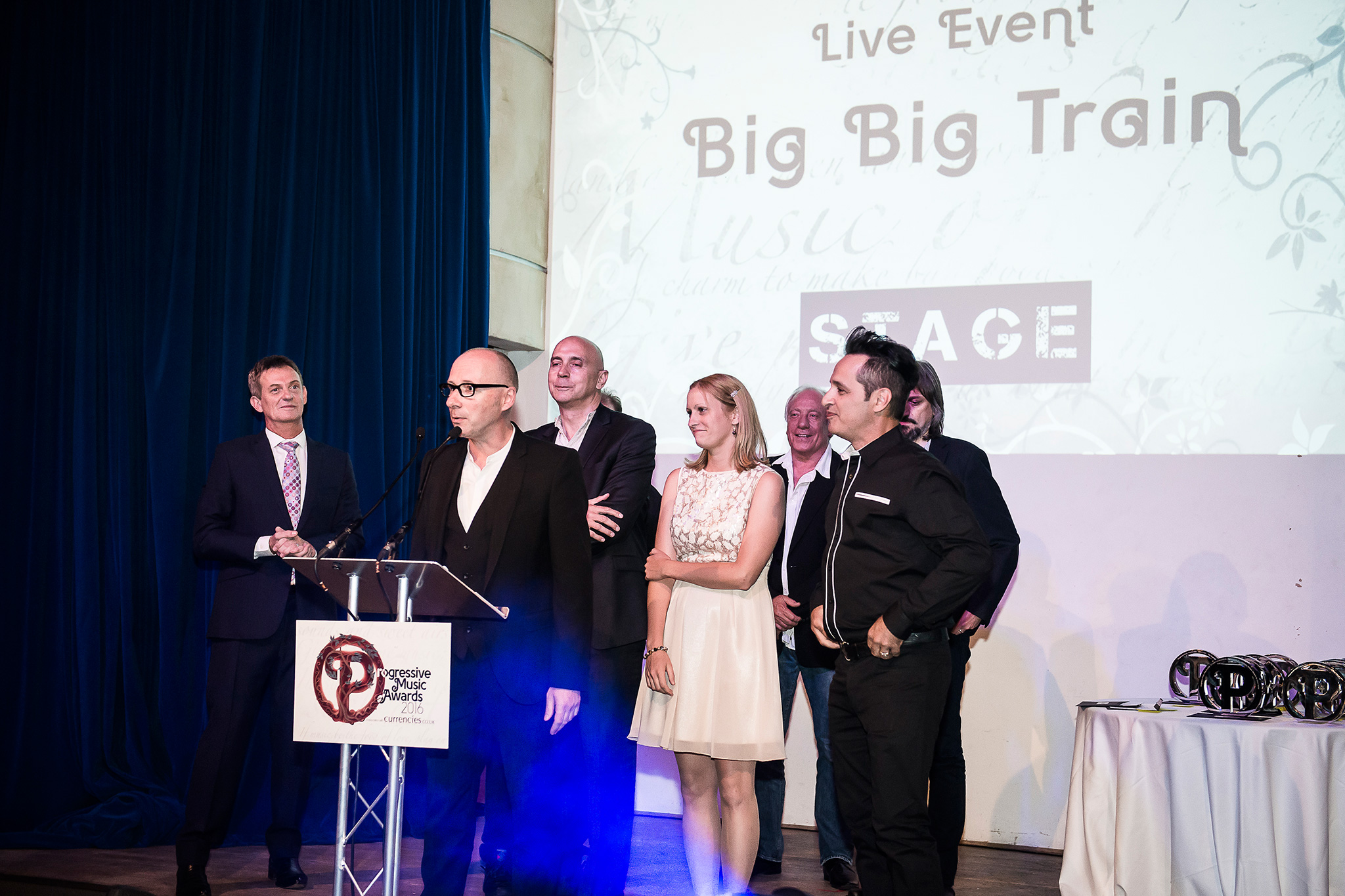
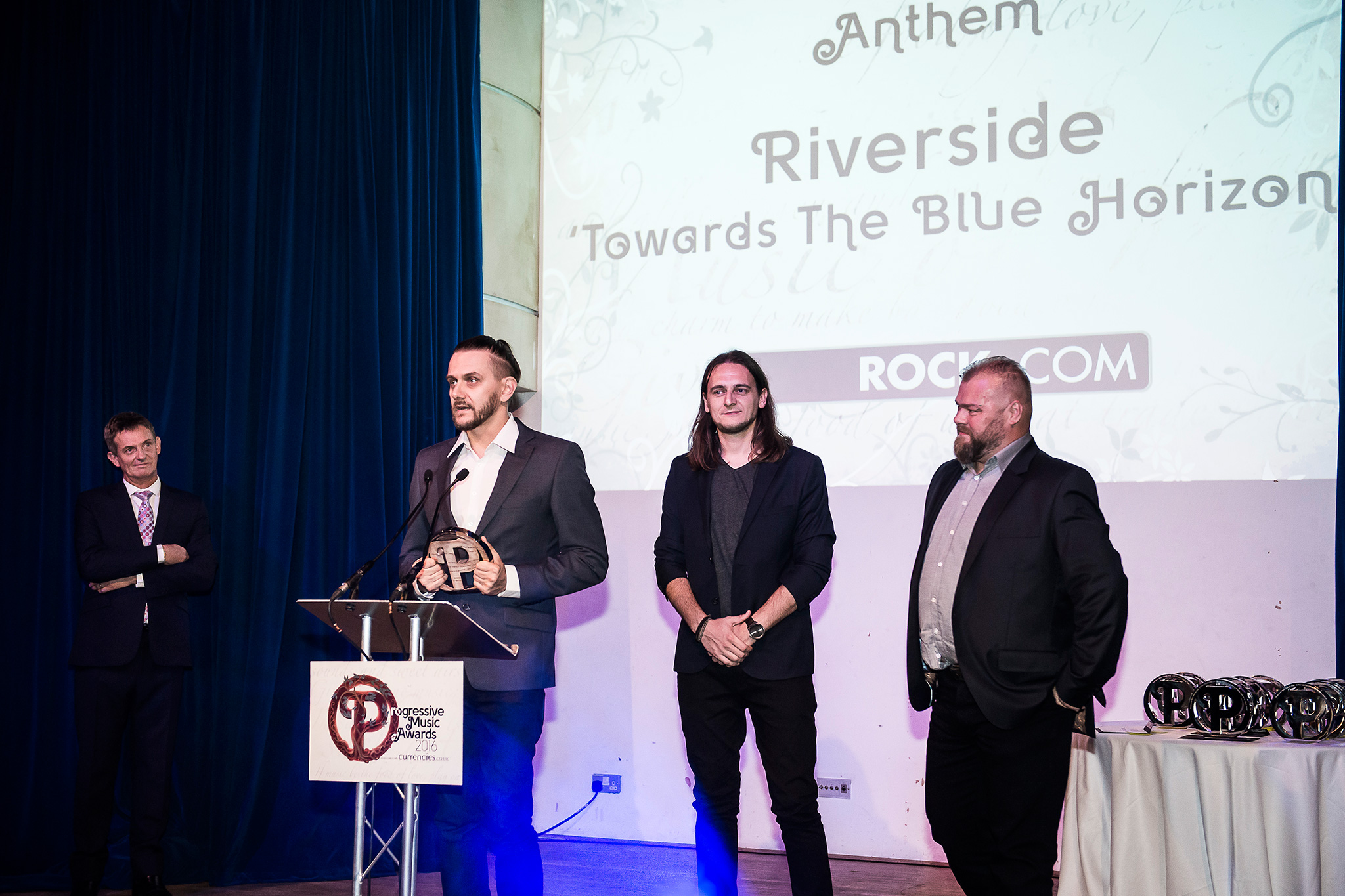
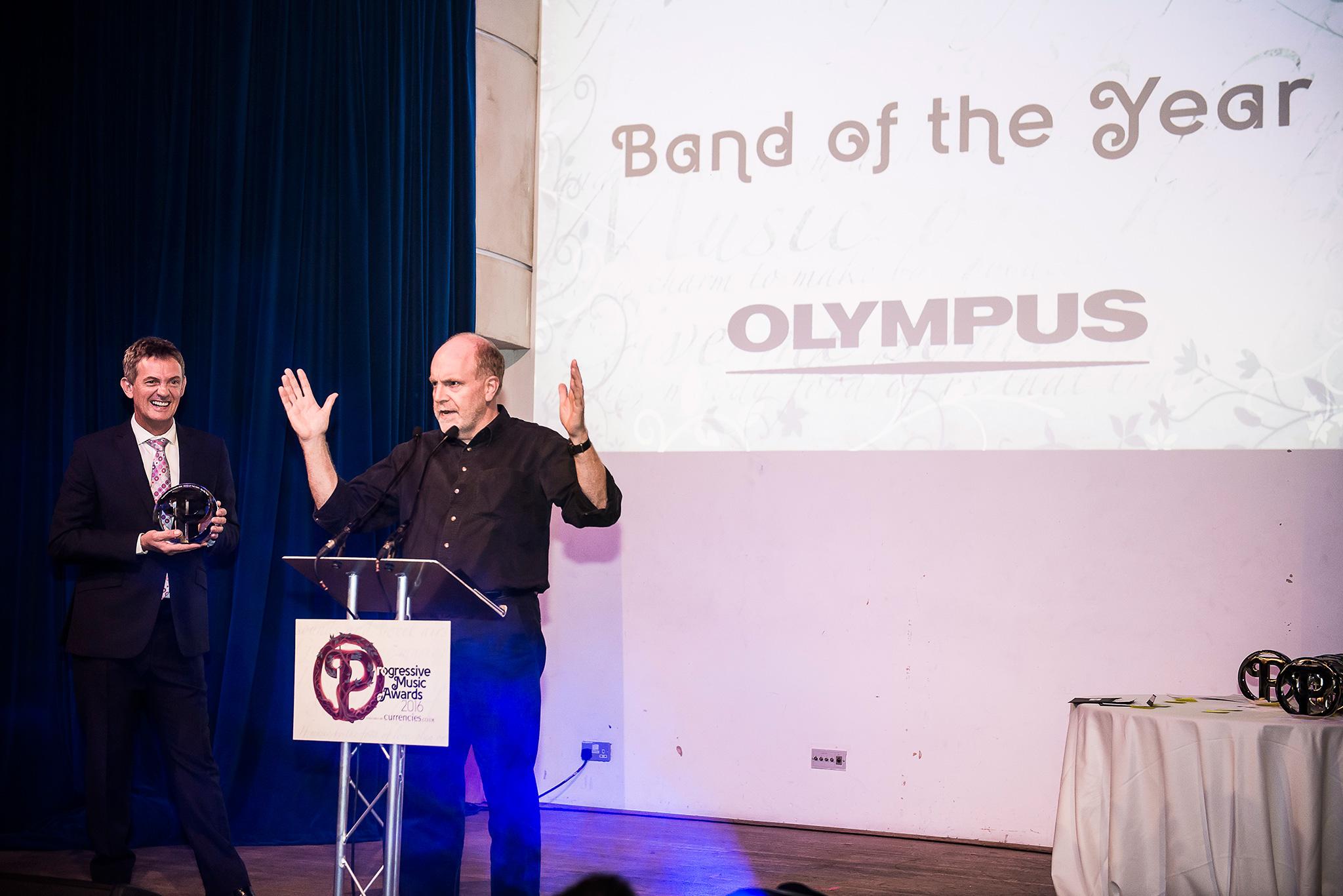
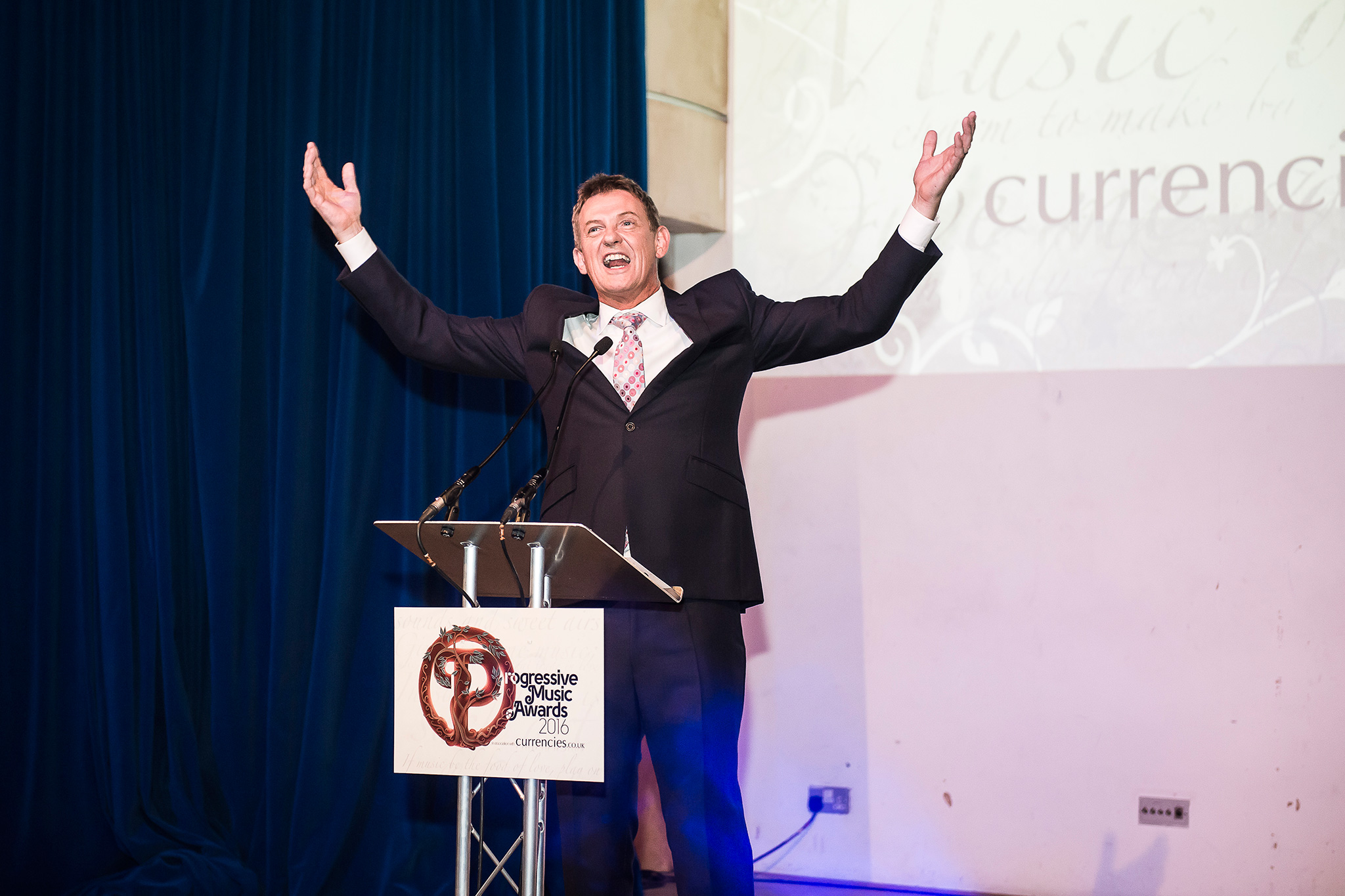
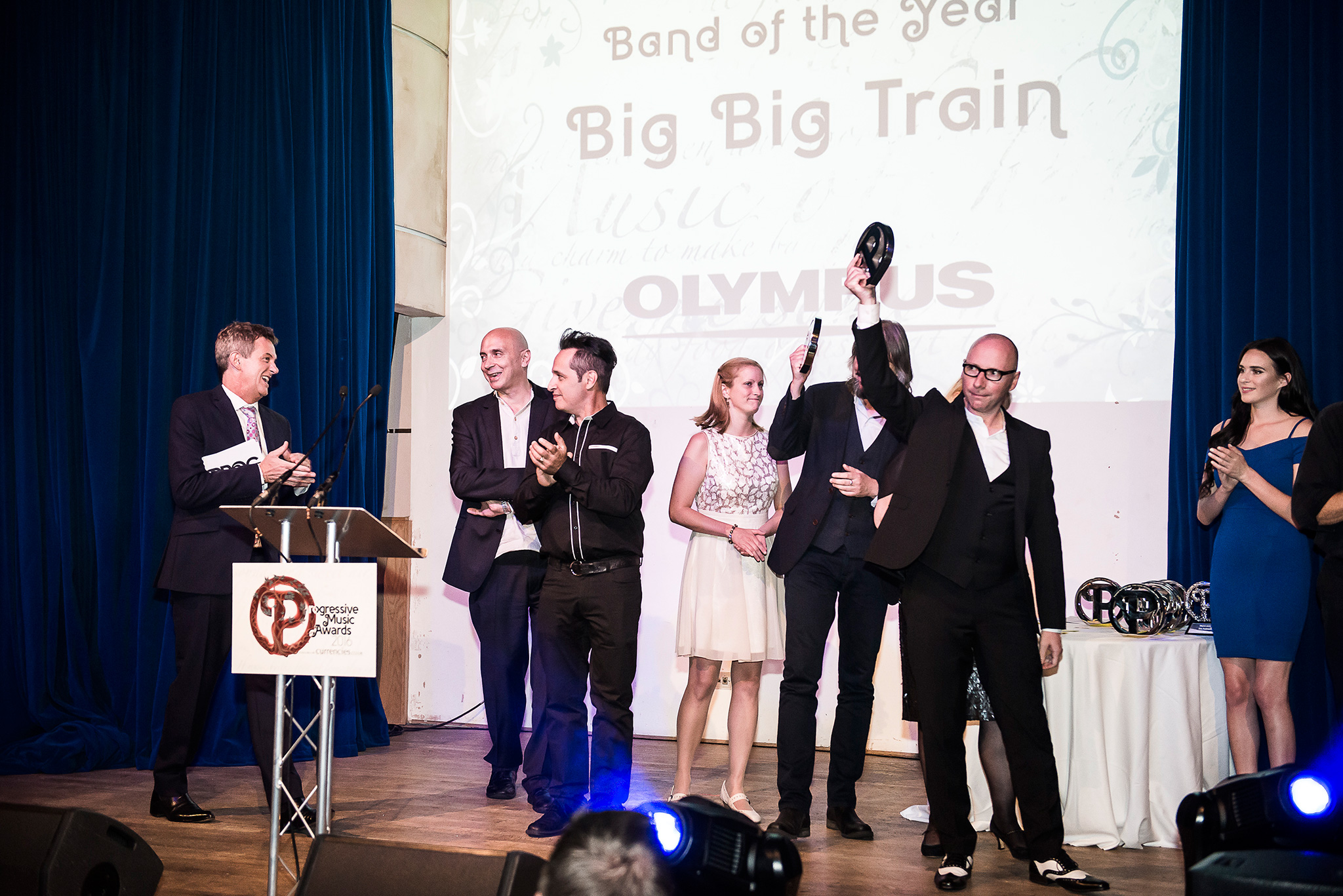
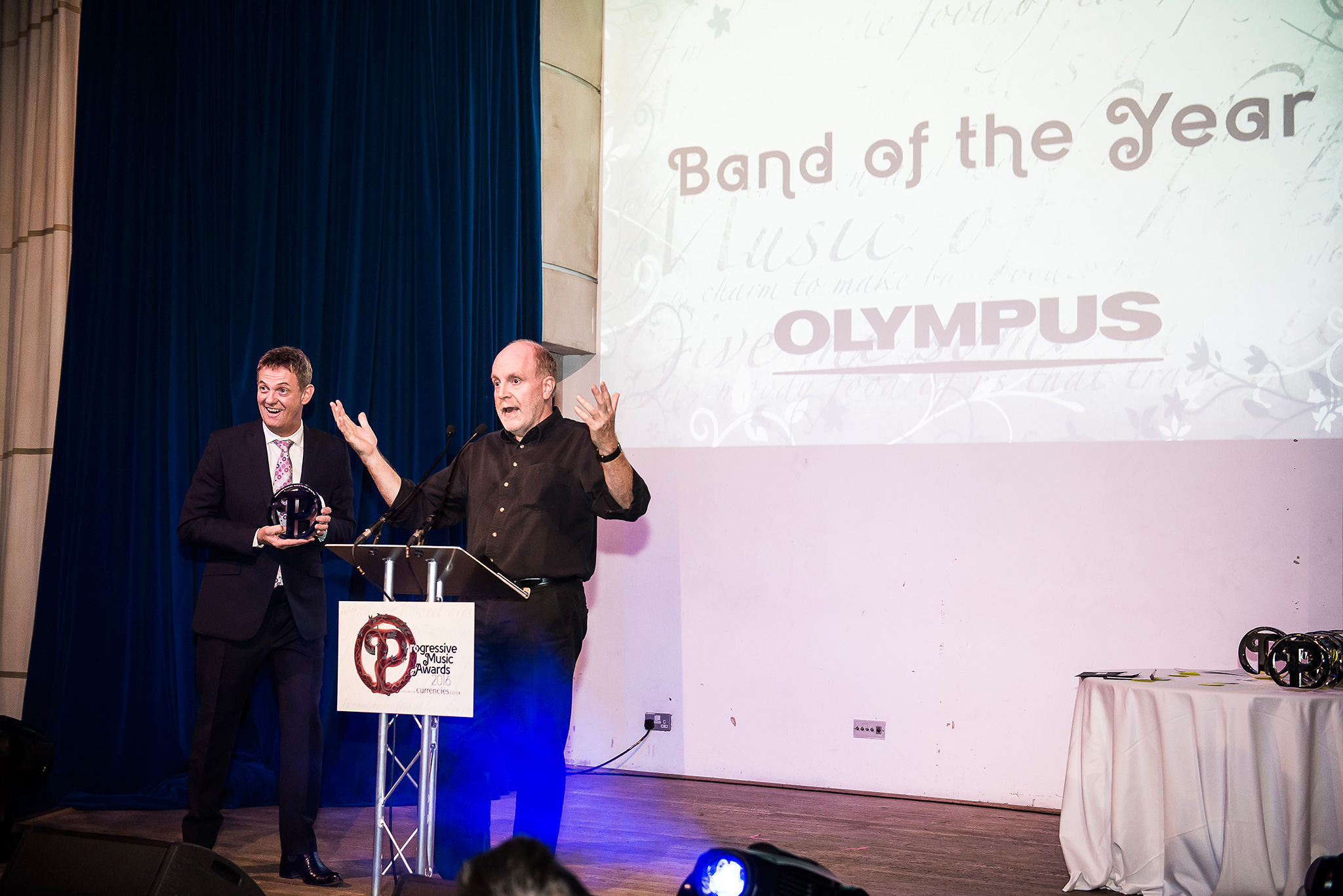
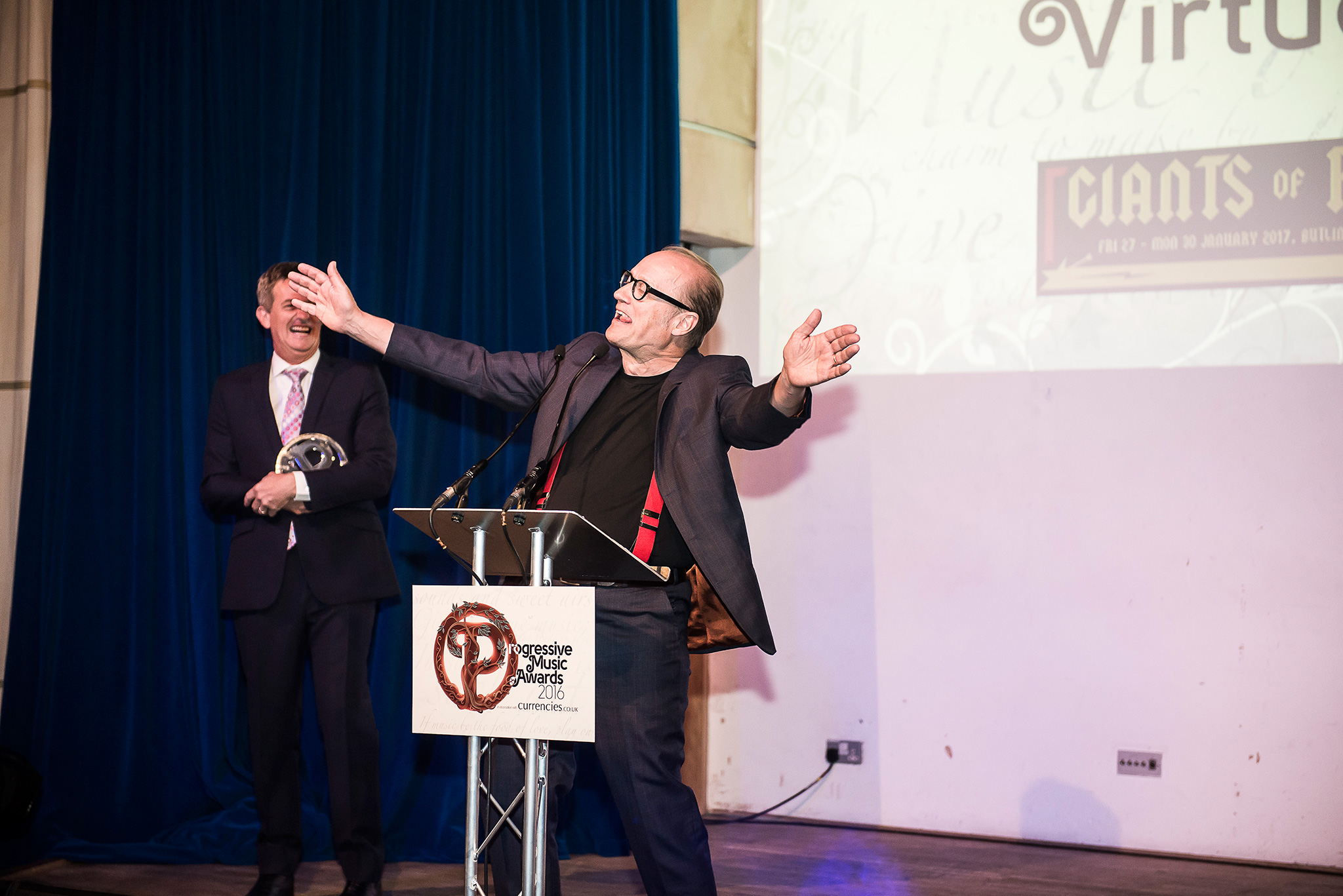
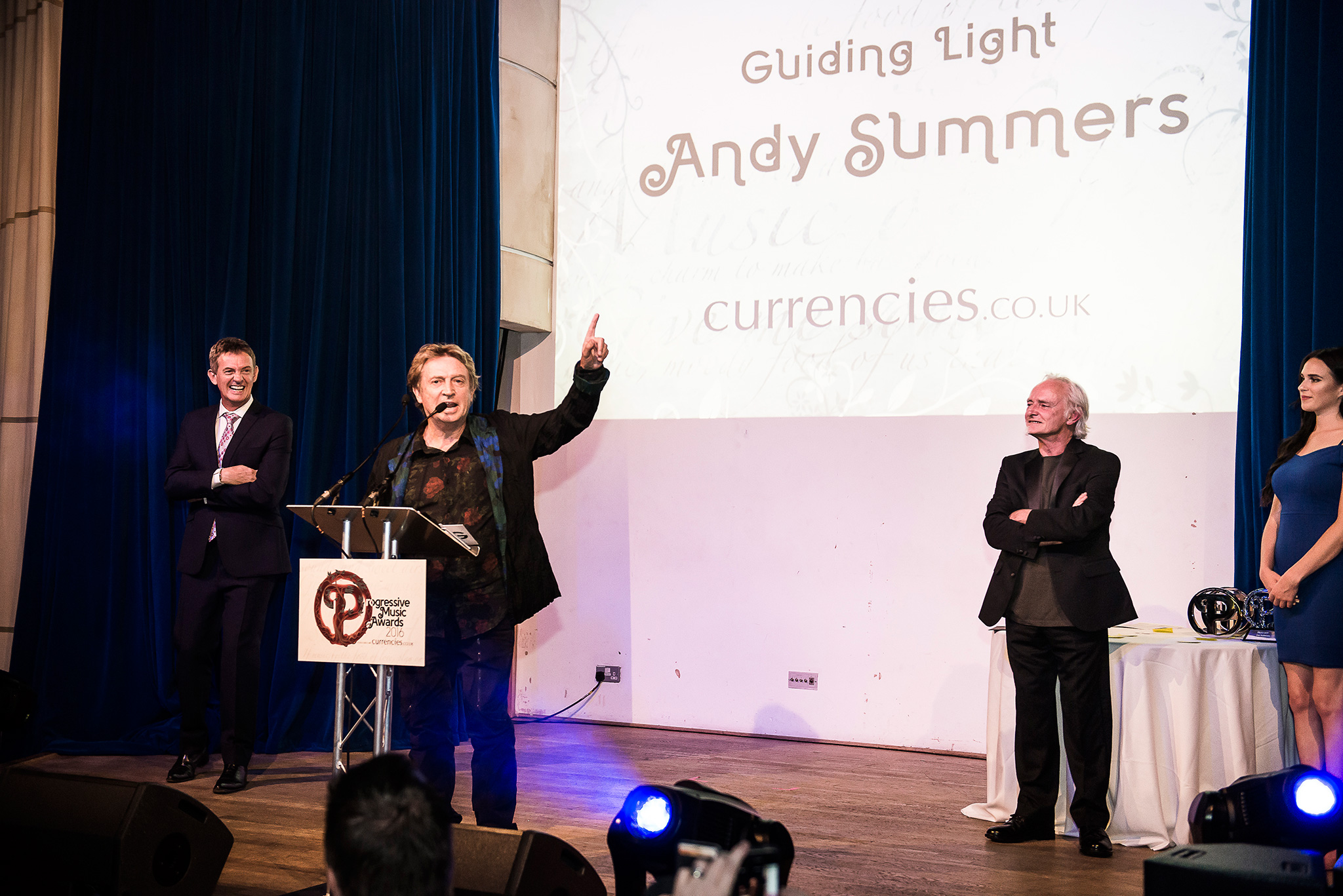
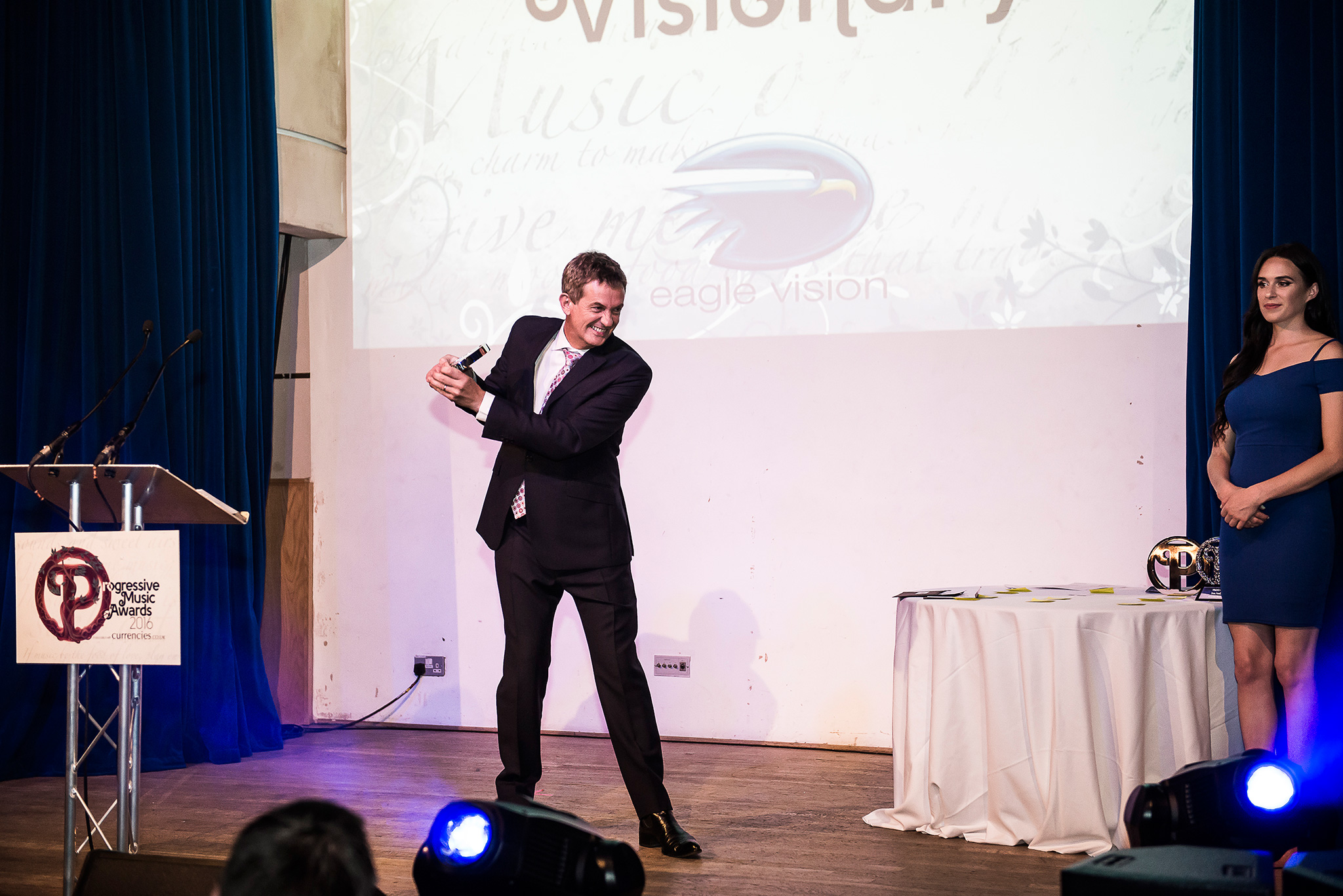
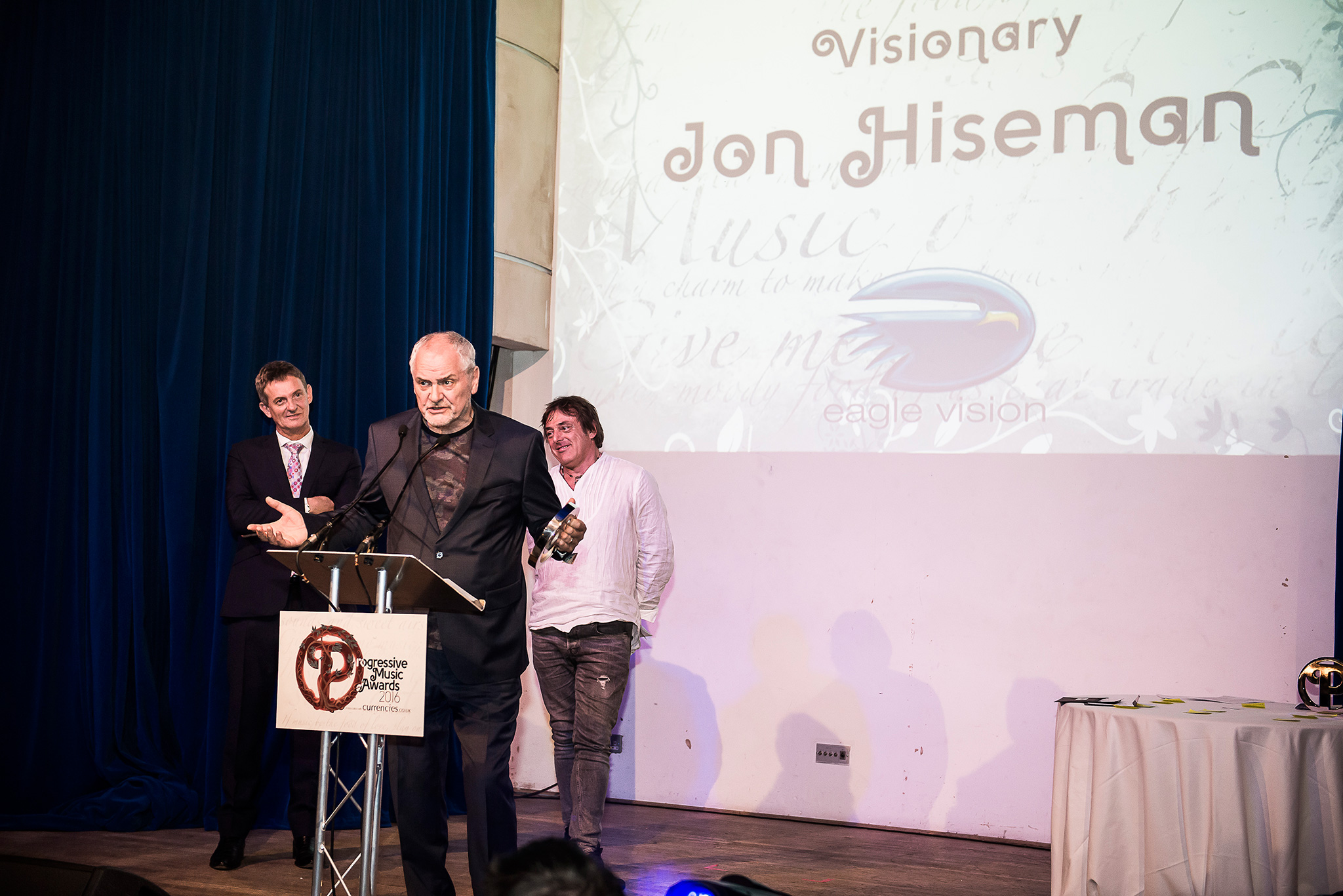
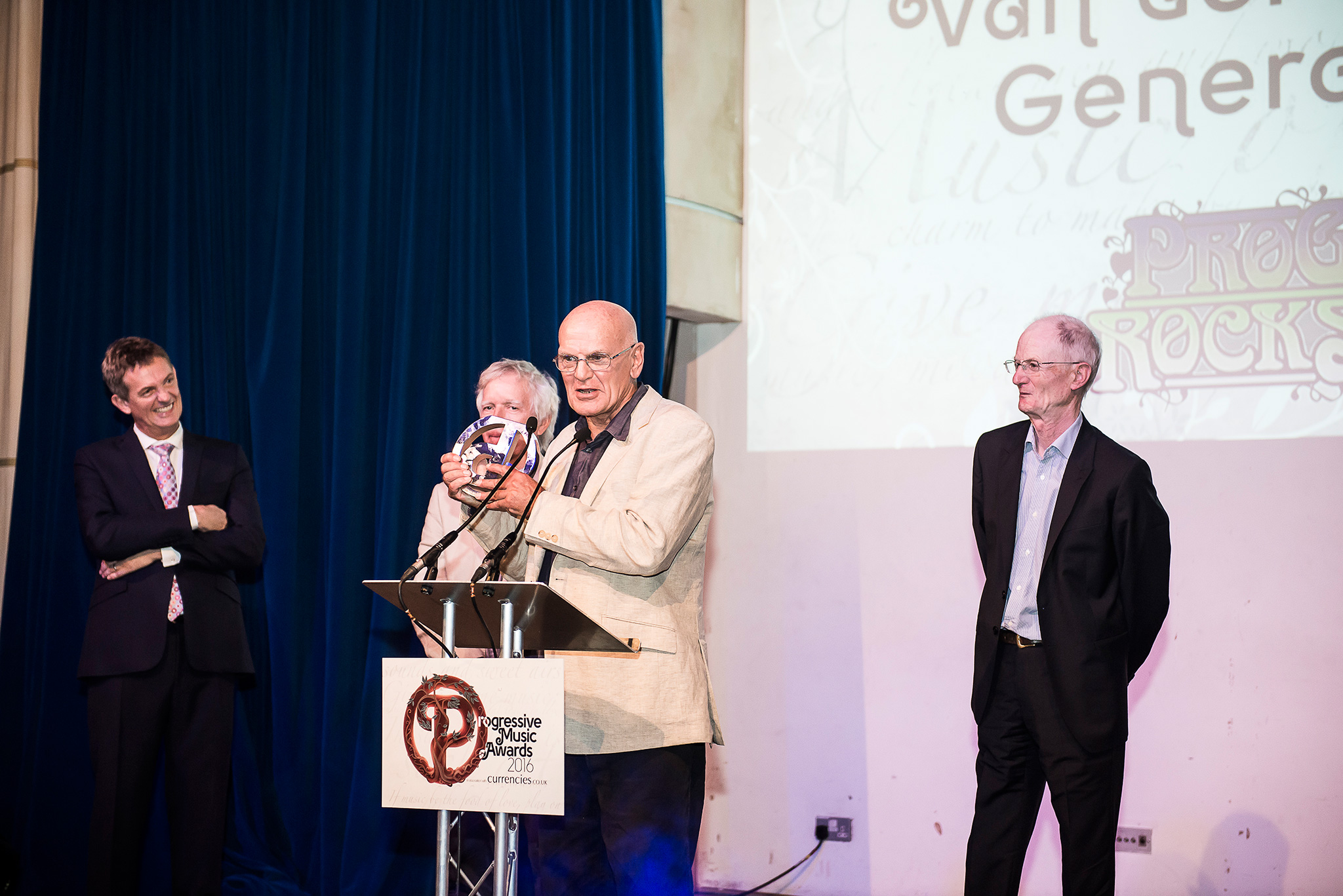
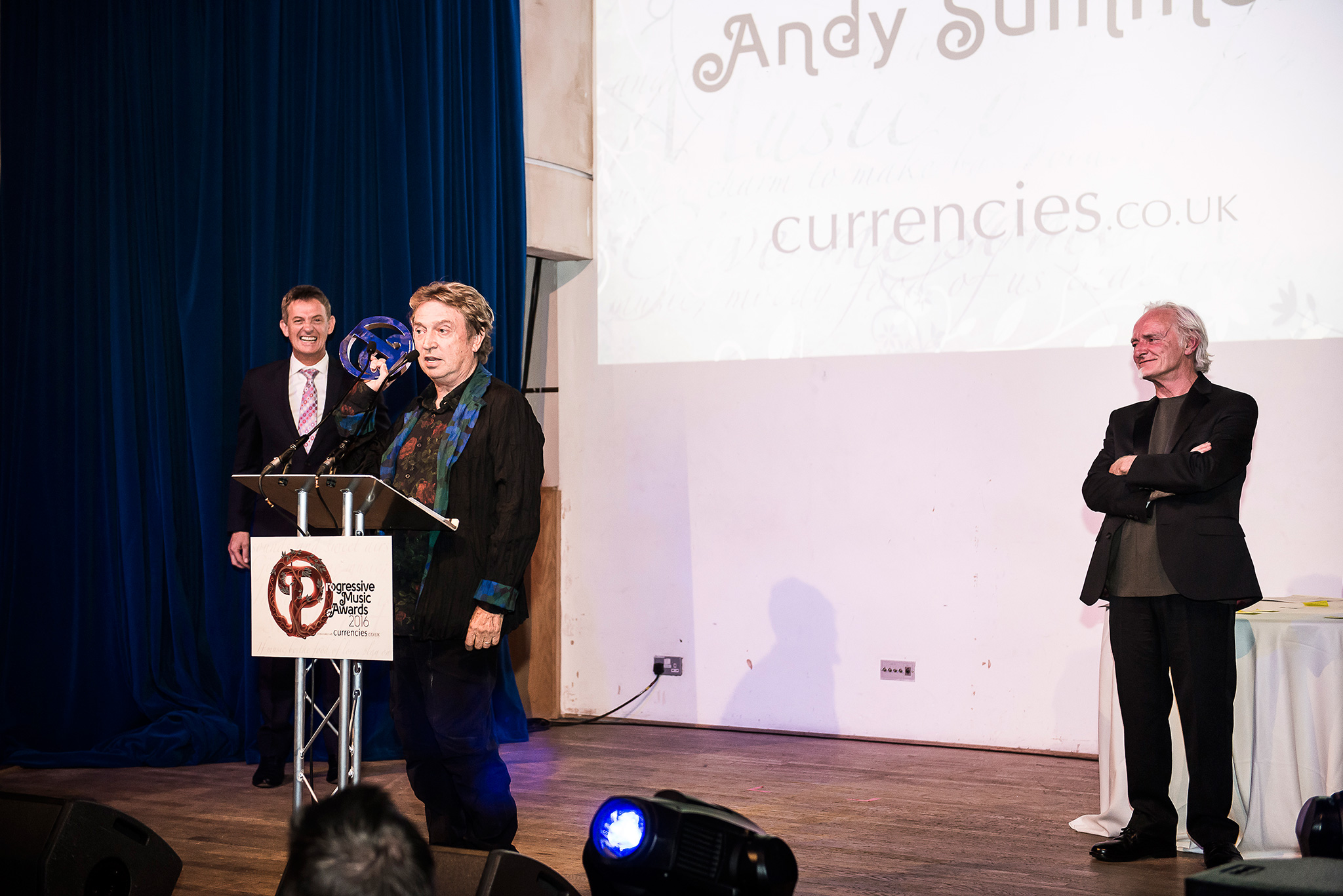
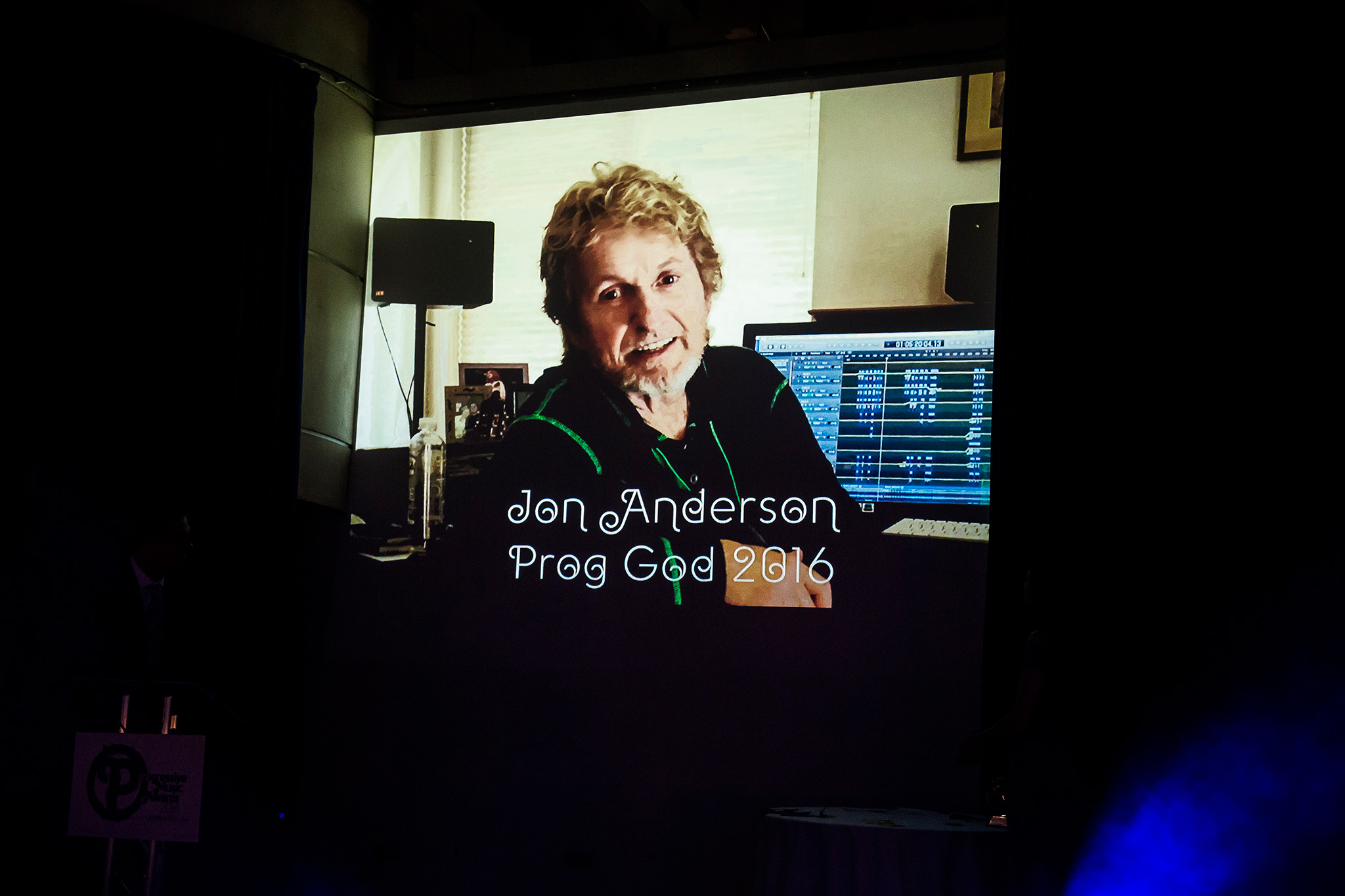
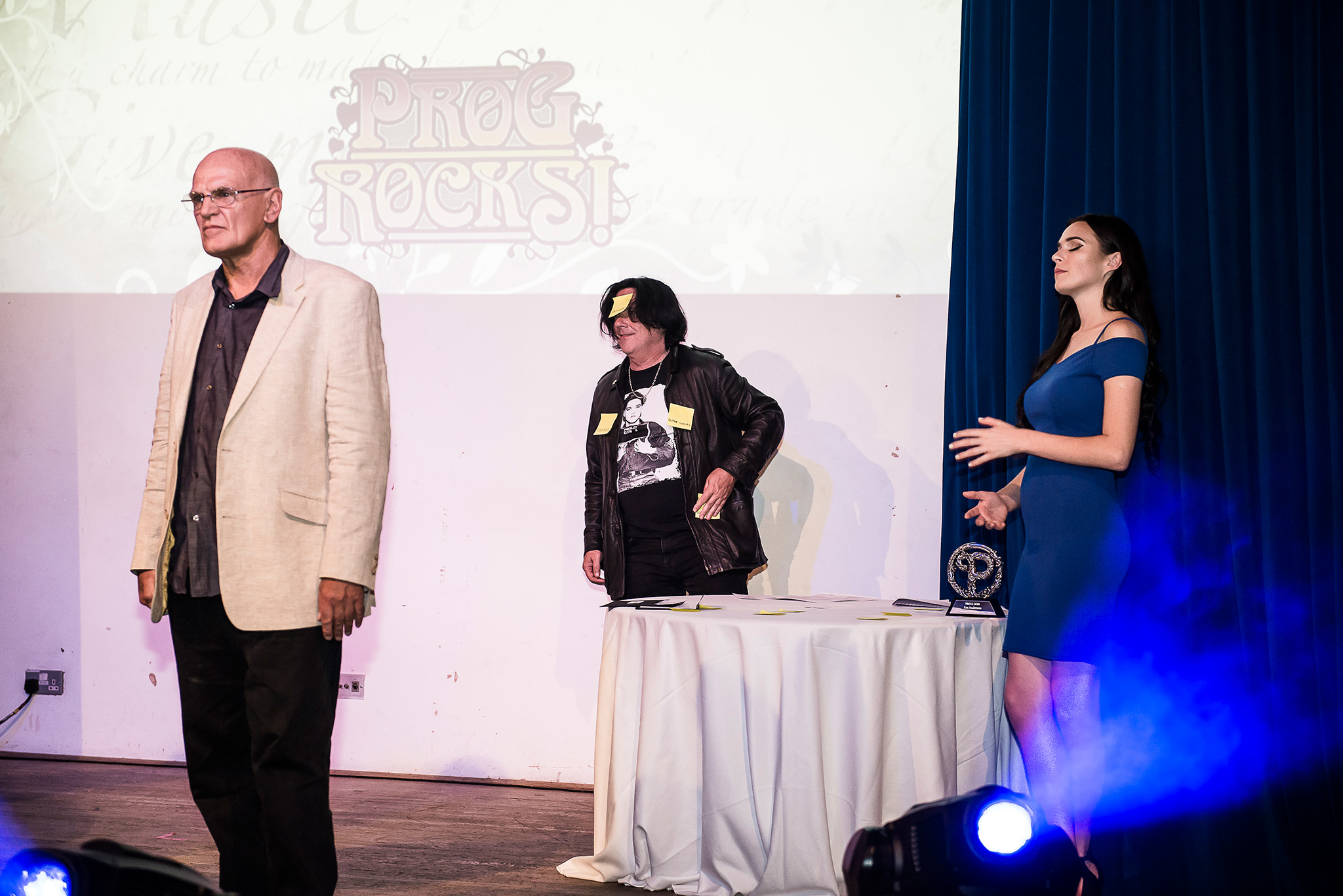
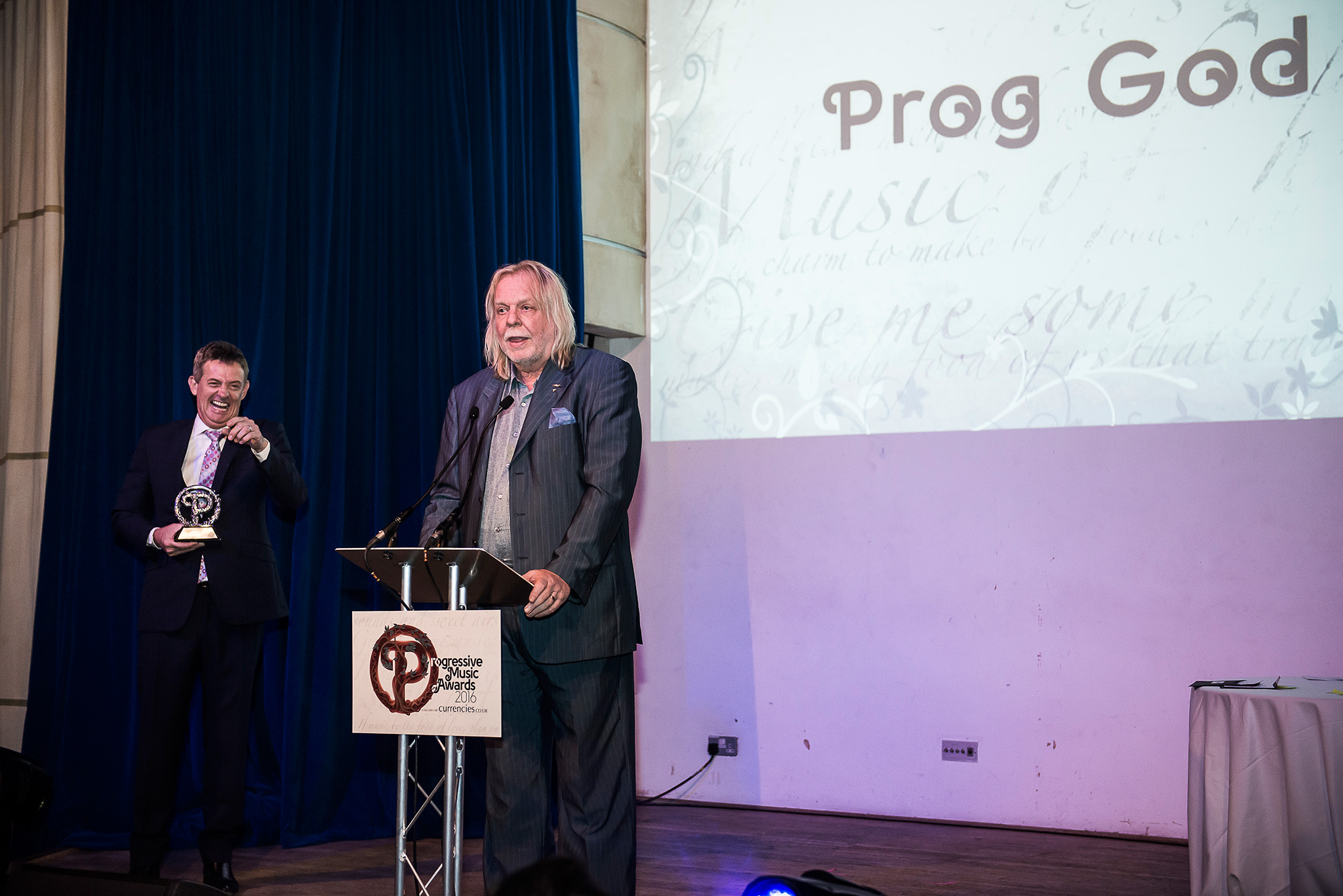
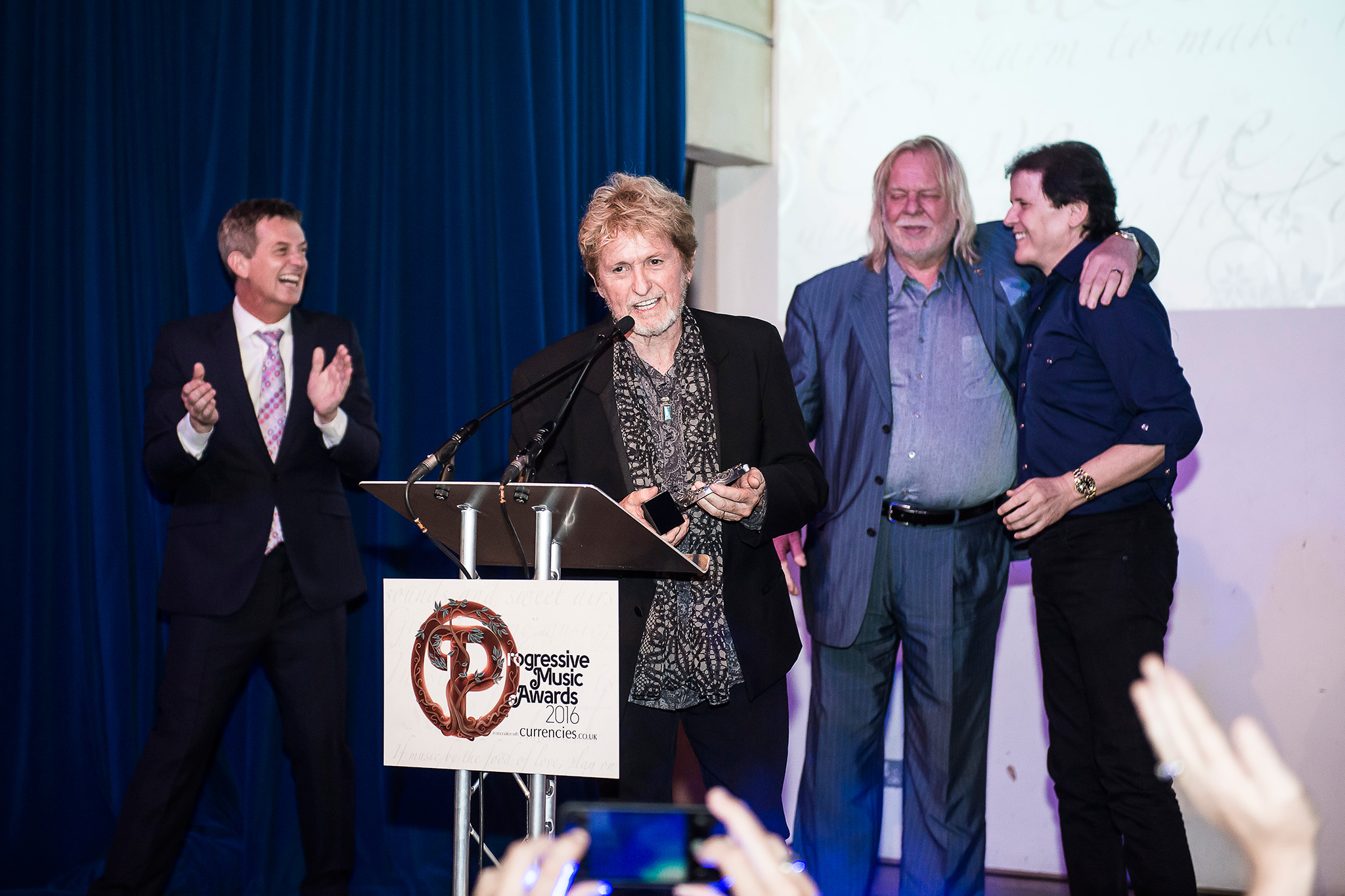
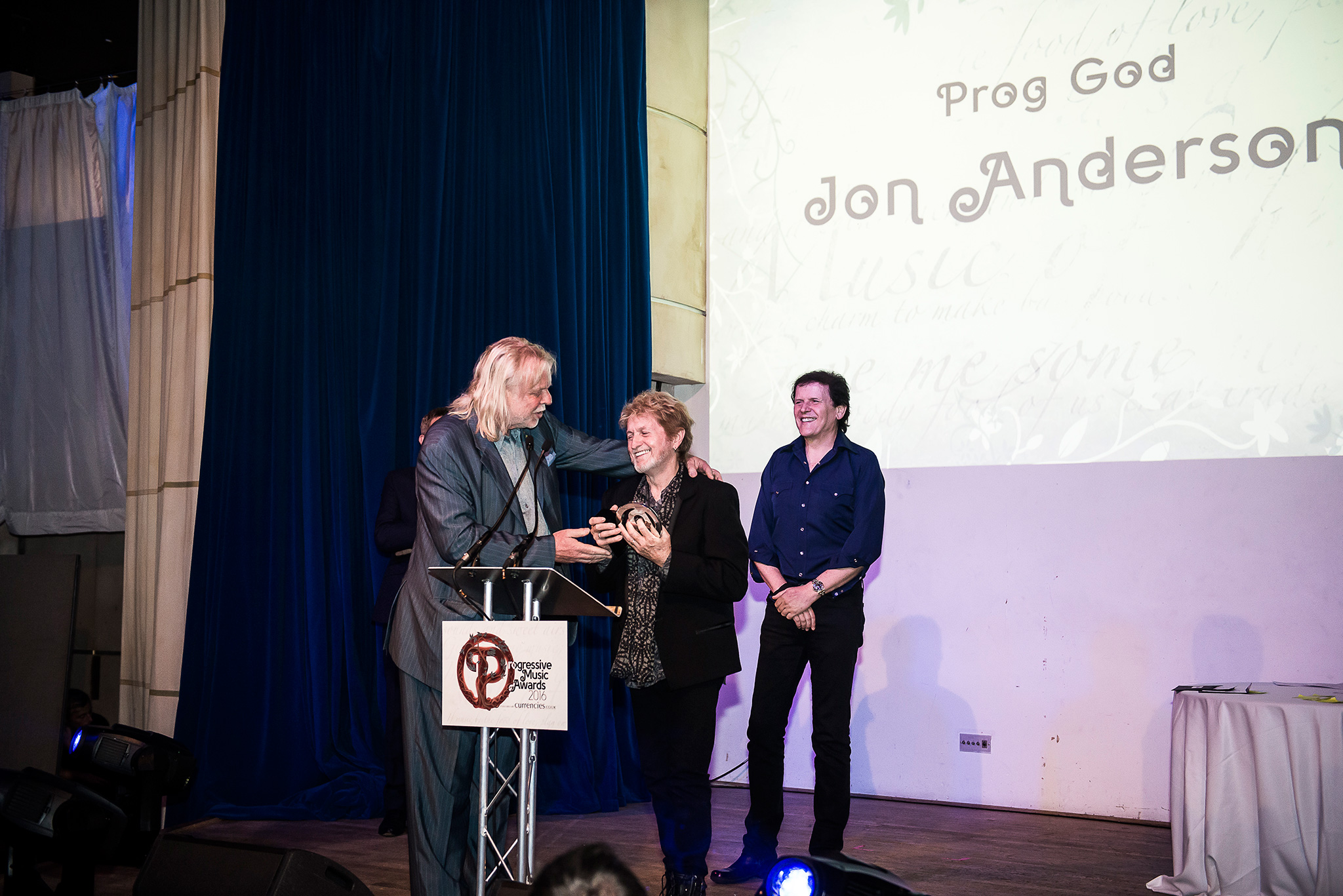
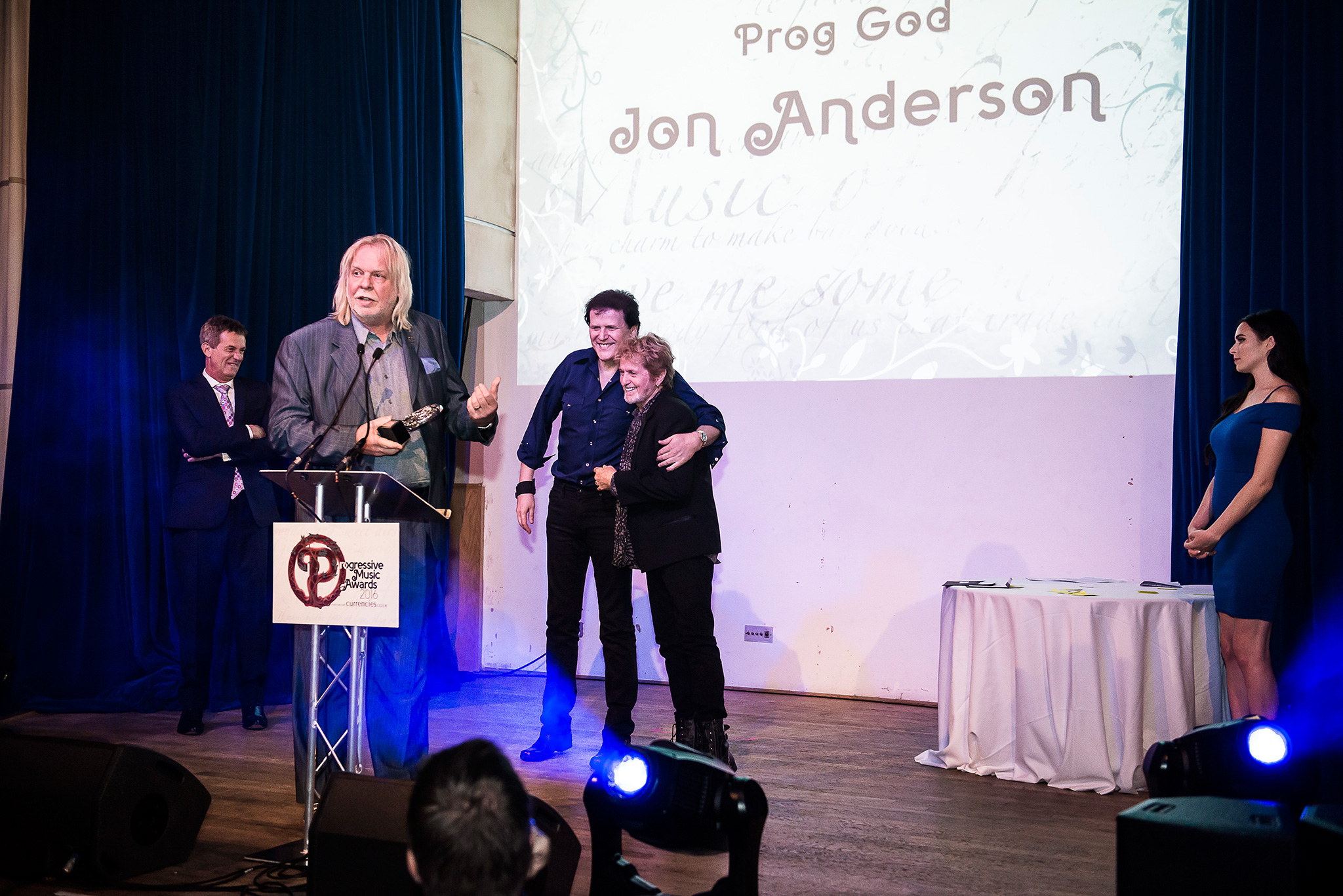
Malcolm Dome had an illustrious and celebrated career which stretched back to working for Record Mirror magazine in the late 70s and Metal Fury in the early 80s before joining Kerrang! at its launch in 1981. His first book, Encyclopedia Metallica, published in 1981, may have been the inspiration for the name of a certain band formed that same year. Dome is also credited with inventing the term "thrash metal" while writing about the Anthrax song Metal Thrashing Mad in 1984. With the launch of Classic Rock magazine in 1998 he became involved with that title, sister magazine Metal Hammer, and was a contributor to Prog magazine since its inception in 2009. He died in 2021.

